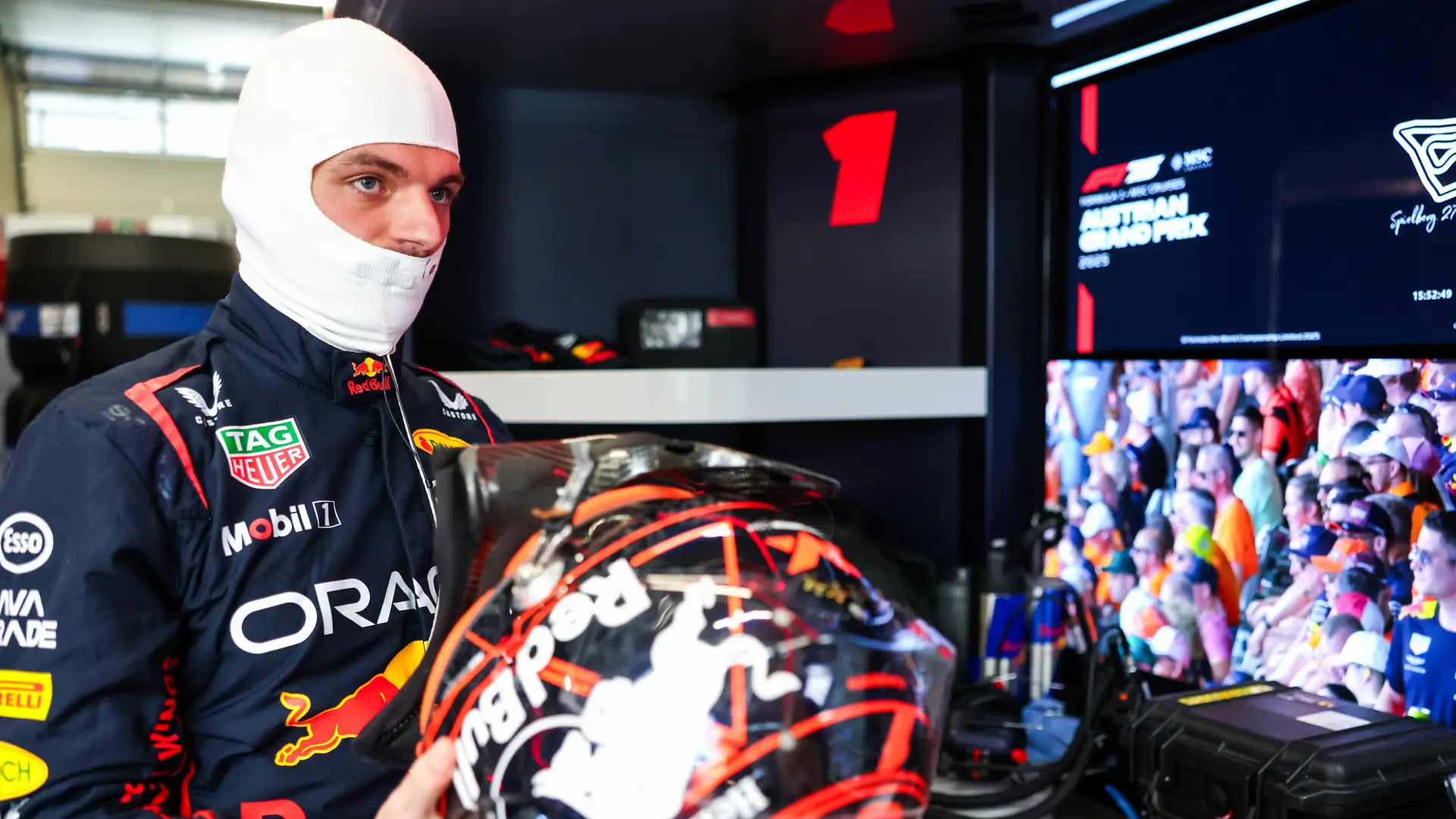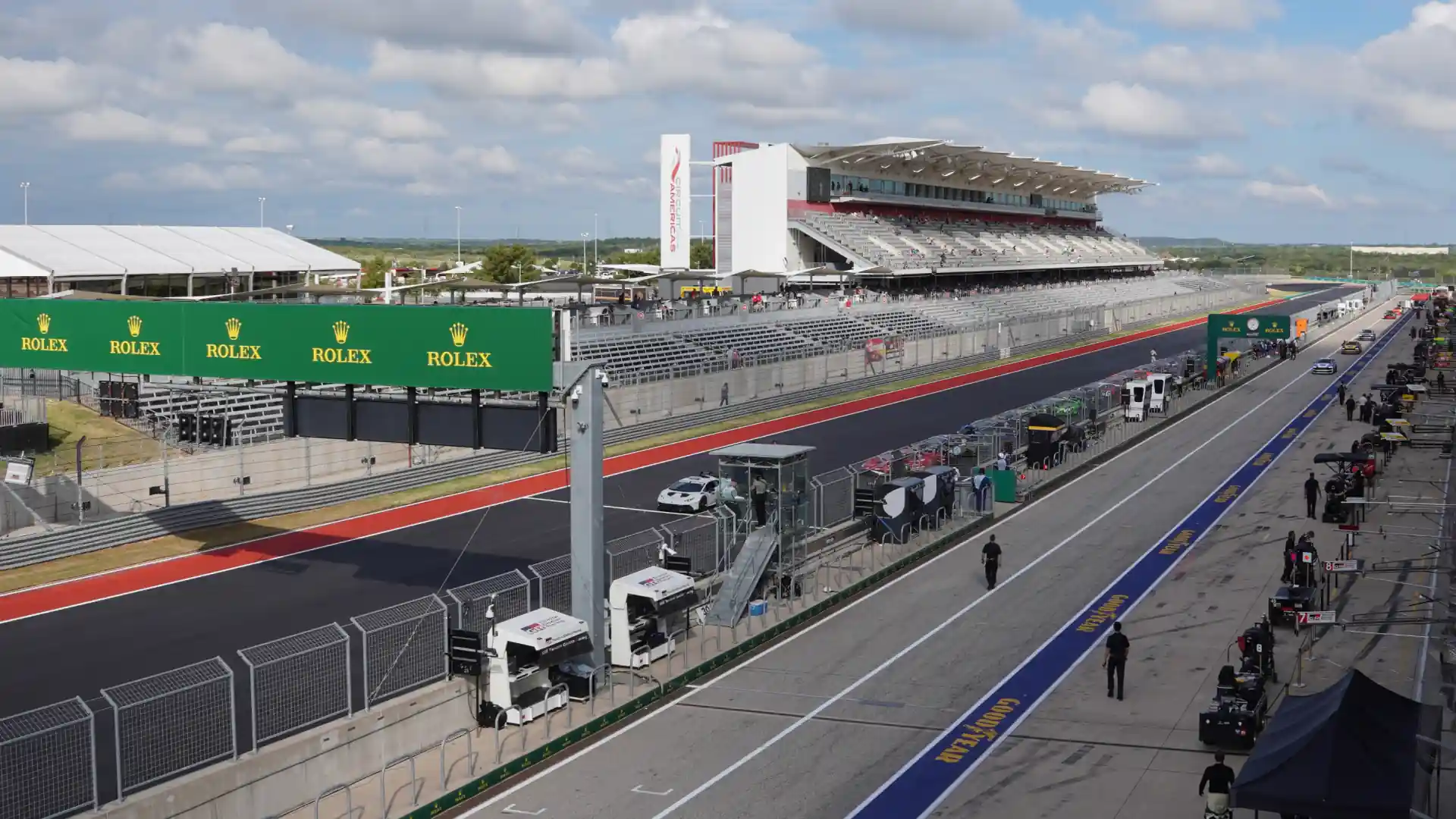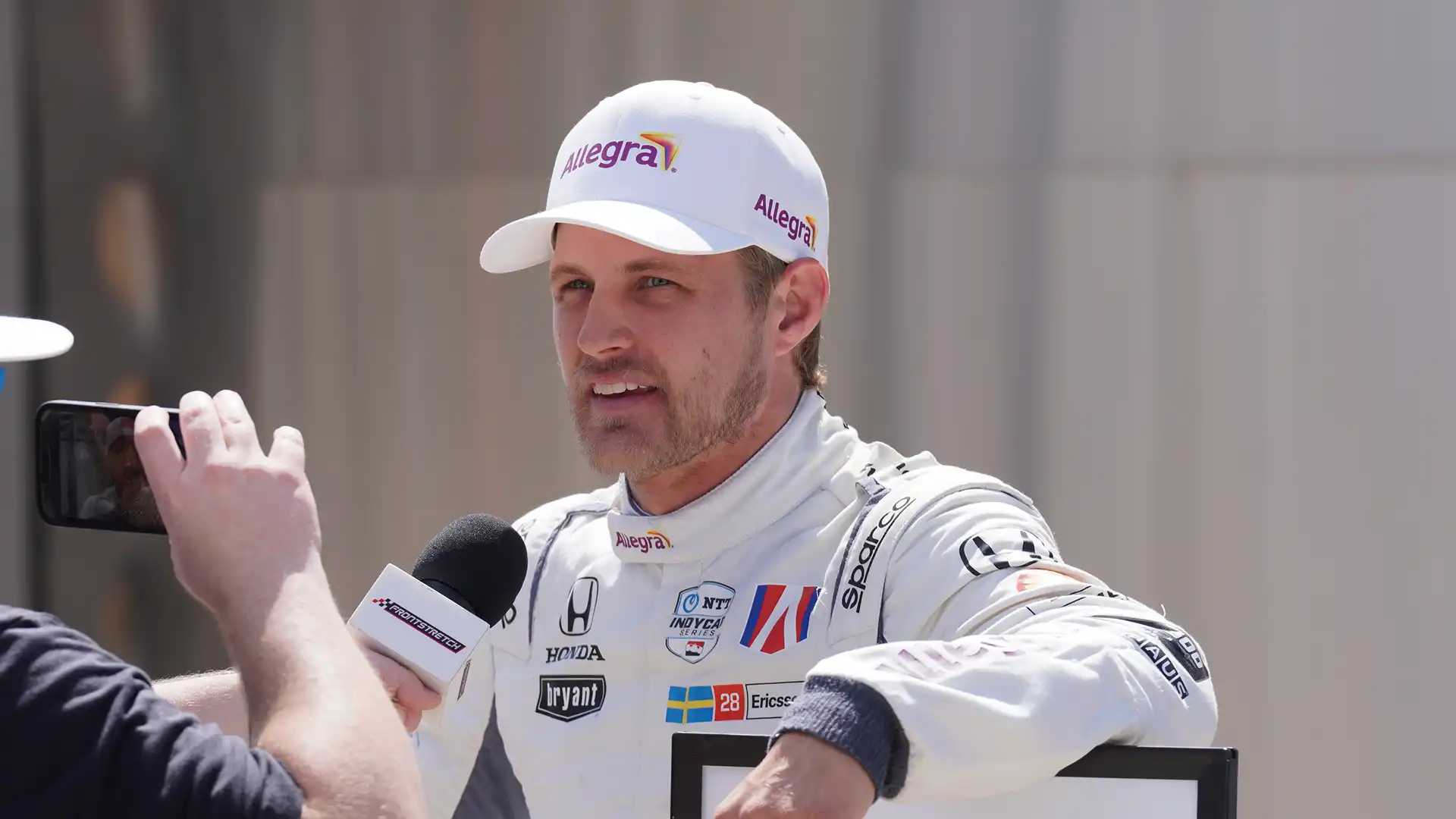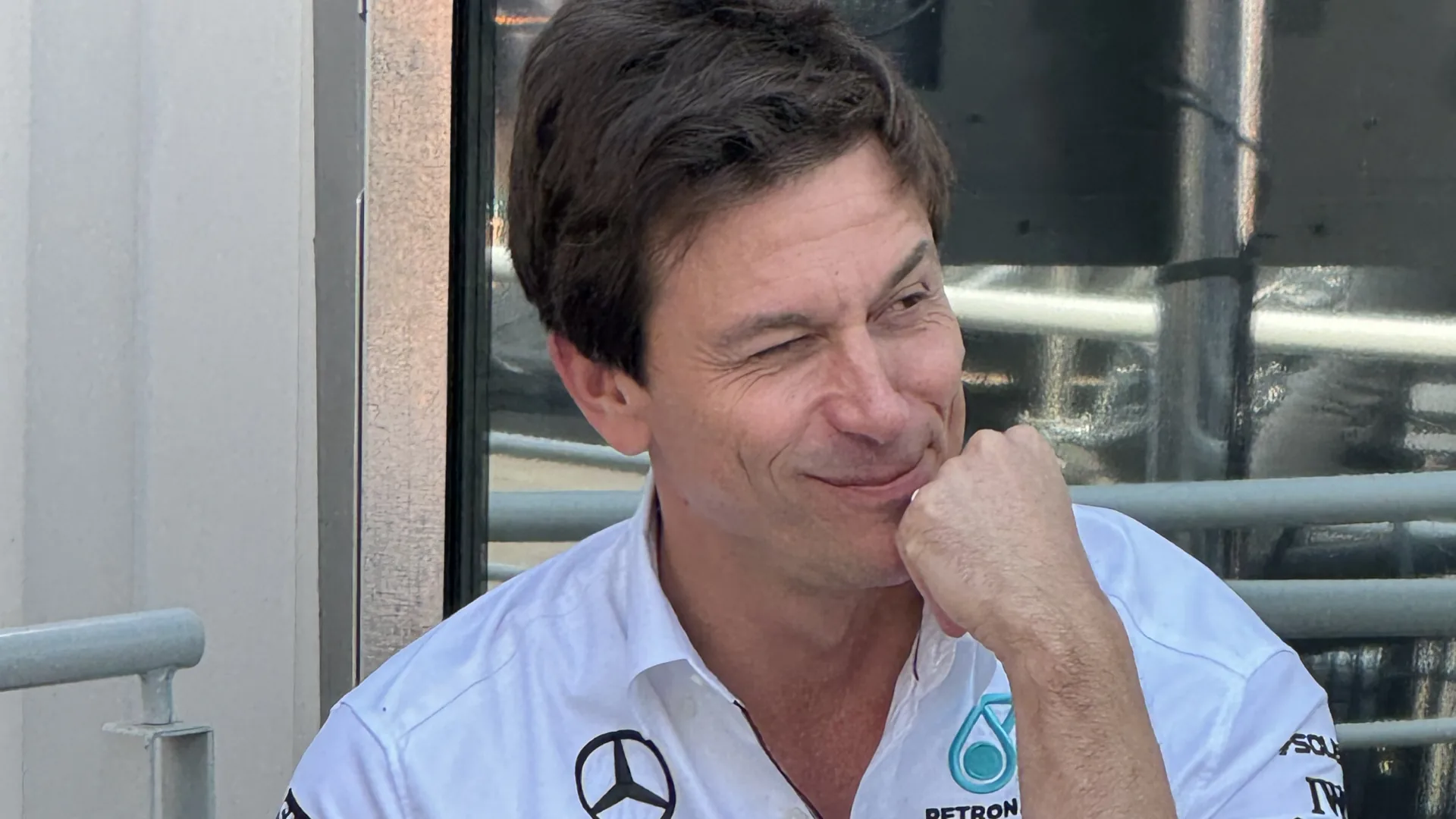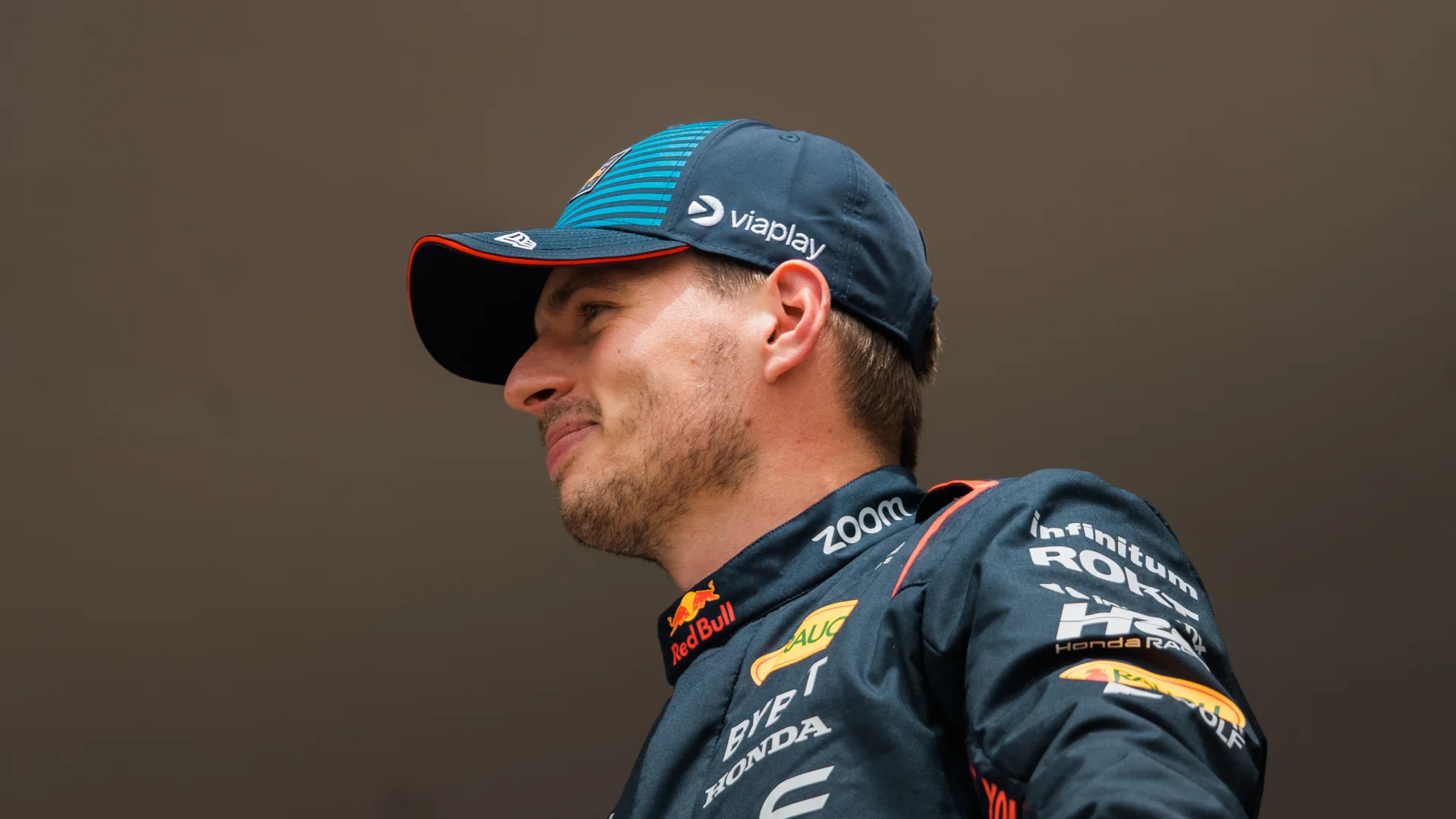We take an exclusive look at Cadillac's groundbreaking entry into Formula 1, exploring how this legacy American brand plans to cater to new fans and fit into the sport's evolving landscape
Cadillac is making a bold entrance into Formula 1, and it's set to change the sport.
On January 26th, 2026, the Cadillac F1 team will hit the grid for testing. This isn't just another team; it's the next phase of F1's global growth strategy. We went to Cadillac’s Miami launch, and what we saw convinced us this time would be the game-changer.
Join us for an inside look at Cadillac's F1 venture. How will a legacy American luxury brand, rooted in pop culture and working class heritage, conquer the global stage? What are the unique challenges and opportunities for a team aiming to connect with new, younger fans while respecting F1’s European traditions?
We break down Cadillac's strategy, from their unique fan engagement tactics to their powerful connection to American racing powerhouse Andretti Global. We tackle the pushback about “Americanizing” F1 and why recent activations, like the life-size Lego cars at the Miami Grand Prix, are a positive for the sport. And we discuss how their US-offices and an impressive racing heritage (four consecutive wins at the Rolex 24 in Daytona!) could be the pipeline American talent needs to break into F1—for engineers, mechanics, and even future American drivers.
Don't miss this insider perspective on one of F1's most anticipated new entries and its potential impact.
We launched FanAmp Insider to take YOU behind-the-scenes with the people that bring the world of motorsports to life!
Our team constantly travels to races and motorsports events, and every time we return with incredible stories of people - drivers, mechanics, marshals, and so many more - all achieving amazing things. These accomplishments so often go unsung, and so we decided to document and spotlight them. In a world obsessed with technology and fame, our mission is to refocus the narrative on stories about the human spirit and ingenuity. These raw emotions and insights fuel not just the racing but the day-to-day lives of those watching. We believe these incredible stories will empower and energize you.
Enjoy! - Greg
Introduction: Cadillac F1 marks next chapter of F1's growth plan [0:00]
Greg: If you're a Formula 1 fan, January 26th, 2026 is a day you will never forget. You and 750 million other fans around the world are going to tune in on phones, tablets, computers to watch the initial rounds of testing in Barcelona. It's not because of new car developments, it's not because of those typical silly season driver swaps, and it's not even because we have two more drivers who are going to make their way onto the grid. It's because January 26th, 2026 marks the day the Cadillac F1 team hits the grid for the first time in testing and introduces with it the next phase of Formula 1's growth plan.
We went to the team's launch event in Miami around the Grand Prix and caught a glimpse of why this team might actually change the sport in a radically new way. But before we get into that, we have to first provide context as to why America is a constant topic of conversation for Formula 1 management. When Liberty took over, the American leadership rewrote the script for the sport, relaxing social media guidelines and even green lighting projects like Drive to Survive, which as you know, have not only taken over the global culture, they've completely taken the American culture by storm. Revenue is up, the fan base is up, and everyone is happy.
At the same time, F1 expanded the US footprint from one race to three, introducing the Miami Grand Prix in 2022, and for the first time in serving as promoter, the Las Vegas Grand Prix in 2023. But winning the hearts, the minds, and especially the wallets of the American fan base for the long term requires more than that. It requires having teams and drivers that resonate with American culture. Sure, American teams have come and gone in Formula 1, and Haas, they're currently still on the grid, but Haas lacks the deep cultural ties that many other teams have with their people, like Ferrari with the Tifosi. See, they even have a word for it. So for the average American, unless they're directly involved with machine tools, they're probably not going to recognize the name Haas.
And that brings us to Cadillac. When we got invited to the Miami launch around the F1 Grand Prix, we were incredibly excited.
Logan: We were definitely excited to see the car and get the inside scoop on the driver lineup. And of course, we're excited to see the guest list.
Claudia: And more than that, it got us thinking about why Cadillac could change the entire F1 landscape. So we came up with a couple reasons.
Greg: Yeah, and so we wanted to take everyone through why we thought this was such a radical change for the sport and why it marked the beginning of a brand new era.
Elizabeth Blackstock and why Cadillac's launch event was different [2:01]
Greg: We're not the only ones with a point of view on Cadillac. We spoke with F1 journalist and author Elizabeth Blackstock, who's been closely following the team since their first announcement.
You and I were both in Miami. We were at the launch event for Cadillac. What did you think of that?
Elizabeth: You know, F1 teams have their little launch parties usually at the beginning of the season and that's never anything that motorsport media or any insiders or anything are invited to. It's usually guests, VIPs, very swanky pinkies out. So it was very nice that I got invited and that you got invited and that there were journalists there. So it seems like Cadillac is really trying to make America its home.
You know, it seems like they really do want to embrace the United States and the fans that we have here and the growth prospects that we have here. You know, I've been hoping for an American team for a long time and I know a lot of fans are too.
Greg: There you go, it's about damn time.
Cadillac’s legacy: from pop culture to employment opportuntiy
Cadillac’s legacy: pop culture and employment opportunity [3:29]
Greg: So for me, it all started with legacy, I think that's the biggest thing. Growing up in the US, seeing the brand, riding in the brand- that to me is exciting because it's finally seeing a team on the grid that in many ways I can see myself in. I think that that's something that we haven't seen certainly in the recent era within Formula 1.
Logan: As a Canadian, I didn't really understand the brand aspect of it. I was more thinking about the pop culture aspect. My dad's favourite song is Pink Cadillac by Bruce Springsteen, so I always had that image of Cadillac and I was very excited at the prospect of an 11th team in Formula 1.
Greg: I think to that point, that's the power of what you have here. Because if you compare it to something like Haas, again, if you're only in machine tools, that's where you're seeing it. I mean, obviously, it's a very well-established company and they're in the sport. But you haven't heard that song growing up, right? They weren't singing my pink Haas. I think in many ways, that says, or is incredibly significant. It's off the back of a brand that people, even in other countries, and it certainly is not just in Canada - I'm sure it's across the pond - will have seen this.
Logan: I didn't understand the reach until my friend who doesn't follow F1 at all was asking me about it and saying that they heard Cadillac was coming into the sport.
Greg: Even if you watch movies, like Catch Me You Can, there's a scene about it. But I think the other important part of this is that it also is something that has a working class component to it, right? So it's not just luxury, it also resonates with the broader, especially in America, it's a brand that came from Detroit, started in Detroit, and that, I people spoke about very openly as to how their families have lived off of the back of, like, General Motors, opportunities it created me.
Claudia: Yeah, I mean, even icons like Terry Crews, who spoke at the event, I thought it was really special that he talked about his father working at Buick for 30 years and how it's giving his family legacy and employment and the ability to live out their American dream.
I thought it was really interesting to learn that over 100,000 Americans work for General Motors. It's such a big part of not just the aspirational side of driving in a Cadillac and a fancy New York City job, but it's something that brings a lot of people life and the ability to buy homes and live their life in the best way possible. I think it's really representative of the American dream on both sides, right? This aspirational side, but also the fact that it supports so many working class families.
Logan: Even how Cadillac is aspirational but also achievable and that's a big aspect that people really resonate with. Whereas when you look at Ferrari, it's out of reach. So it's not something that you can really connect with as much.
Greg: Having a brand that has such reach both in the luxury side, which obviously plays into F1's focus, but then also too on that working class side or the average American side and the pop culture side. There's something really powerful about having a brand come in that will move the sport forward. And so it's not a surprise that when they did announce that team and they finally gave the approval that it's something like Cadillac. And I think it's really going to be a big change, especially within the American market. So that's where I'm incredibly excited to see where that goes.
Logan: It definitely feels like the people's brand or the people's team. Even with the launch, I mean, it was great to see fans being invited, smaller creators. It wasn't just the A-list celebrities or people who were directly involved with the team. It kind of opened up that insider perspective and made it feel less exclusive and more like a come, we want you to be a part of this as well, not 'we're going to do this.'
Innovative connections with American fans [6:52]
Claudia: Not only does Cadillac have obviously brand recognition, but they have an incredible partner, TWG.
Greg: Yeah, this is one that's very interesting to me because surface level right you see Cadillac that's gonna be the name the emblem on the car but TWG, for those who don't know, is a conglomerate in the US that owns a variety of different businesses or is invested in many and there's a very big sports arm. Within that sports arm you can see brands like the LA Dodgers, the Lakers, Chelsea, but then you also have motorsports and in that is Andretti. They own the Andretti brand and so in IndyCar, where we happen to be recording this [editor's note: this interview was filmed around the 2025 Indy 500], Andretti is going to be racing to try and win the 500, but that is a legacy name that has been around racing. And so if you know American motorsports you know the name Andretti.
Logan: I don't think the brand would be as important if there weren't fans there to support it as well. I myself am a Drive to Survive fan and DTS brought in a whole new flurry of North American fans, but they're coming into a sport and not really having a team that they resonate with that they want to support, I guess. So there's a gap in the market for Cadillac to come in and really cater to those new fans.
Claudia: I think it opens up a whole new opportunity for fans to engage in a new way because like, most people might not know, a lot of the F1 teams are based out of the UK, right? There's not really an opportunity to go and visit the factory or you know meet team members walking around. So this is really an awesome thing for people to have access to here in the States.
Greg: Do you see that as being an innovative way to approach this fan strategy, but even just bringing creators to other Cadillac brand events, racing brand events? I'm curious, is that a play to be able to bring them into this family and be able to activate them more to then ultimately have them as fans of the brand holistically?
Elizabeth: I was talking to Graeme Lowdon, and I was like, what is the strategy? What are we doing? And he was like, we don't want to bombard people with information. We don't want to steamroll you and expect you to kind of maintain your own hype. They want to trickle in this information. They want to invite influencers out to Cadillac brand events.
You know, they're potentially planning something with the factory that they're building in Fishers, Indiana, which will be kind of their American headquarters. Graham Lowdon says that that's going to be kind of a destination for motorsport fans in the United States. They want you to come there. They want you to come see what they have to offer. I think we're still in these early stages where it's a little bit more challenging to see that manifesting because the team doesn't quite exist yet.
But I think you see it, know, you've got Mario Andretti, who is always ready to chat. You've got Graeme Lowdon, who is an easy man to get a hold of and who is willing to speak with you. You've got Dan Towriss, who is everywhere in the motorsport world.
Greg: Yes, he's been at every race I've been at the past five or six times.
Elizabeth: The man's everywhere. He's everywhere. And I think that gives you this like even if the team isn't at its final form yet, you get this sense that at least the people are there and there is a little bit of a connection of like I love that I see Dan Towriss traveling the United States to go to every single possible race in a weekend that he can because he has a stake in these things and he has a personal interest in these things.
You don't see Piero Ferrari at every Formula 1 race, even in Italy with Ferrari. You don't see Gene Haas at every Formula 1 race with Haas. There's a little bit more of like a an interpersonal connection. You've got this team that wants to be here. We want to be part of it. We want you to be part of this with us. And I think that kind of communal aspect is really nice, it feels almost kind of like an American thing. We have that so much here in IndyCar and in NASCAR where it's like the fans are the sport. And in F1, they are, but there's like this kind of level of remove where the people, you know, the major players are in their own little bubble. And that's just, you know, makes sense. That's F1. It's millions and millions of dollars and, you know, very swanky. But it is nice that kind of, know, kind of like is breaking down the barriers a little.
Cadillac, Andretti & TWG: unlocking American talent [11:12]
Claudia: Cadillac is also looking to hire 600 employees, which is a really great opportunity for people that want to maybe get involved in motorsport or have a lot of really incredible homegrown talent here that are able to contribute to F1 and this new team.
Logan: There's so much American talent that's kind of spread out in between IndyCar and NASCAR, but a lot of those personnel don't have opportunities to go to the United Kingdom to work with F1 teams. So with Cadillac coming in and being based in Michigan and Indiana and North Carolina, it kind of opens up, like you said, Claudia, so many more opportunities for employment and to even bring awareness to that being a job opportunity or taking something you learned in STEM class to working in motorsports.
Greg: We've talked before about pipeline. We've had drivers on Insider who have tried to make it into Formula 1 because they started in the European pipeline, but then there's also drivers who have started in the US and have been through USF Pro and all the series all the way, but that gets them to IndyCar. This may be another opportunity where when you have Cadillac who's racing in different series, but in the US and is present, it's a connection point. And also too with GM, Chevy, they're an engine supplier within the series here. So it's just a good touch point to have, I think it's a pipeline for talent like Claudia said, but then also drivers, right? Who may be coming up through these circuits and finding a different avenue to something that hadn't existed before.
Logan: Speaking on the talent pipeline, I mean, I'm super curious to know if Cadillac is going to be looking for some new American drivers in the sport. I mean, we've only had a couple and none of them have really stuck. The last time an American driver won the championship was in 1978 and that was Mario Andretti. And that was the last time any American has won in the sport.
Claudia: I don't know if you heard on his podcast, Matt Bishop, the ex-comms officer of Aston Martin was talking about how what Cadillac really needs to make it big in the US is an American driver. I mean, can you imagine if we had a Max Verstappen from Little Rock, Idaho?
Greg: That would be very interesting indeed. I think that would be good. To that point, right, to be able to have someone who's from your hometown or close to your hometown that you can root for on your own soil, I think it does change things.
Claudia: I mean it's all about representation. We've seen how Pato O'Ward has had such a huge impact with the Hispanic community and Latin American fans. So this can be huge.
Logan: Even Franco Colapinto in the sport. He's brought in so many new Argentinian fans and they're very big fans of him. So you see that and it's just great representation. So we need more of that, like you said.
Cadillac in the racing world: from IMSA/WEC to F1 [13:37]
Logan: Cadillac's also not new to the racing scene. They've competed in WEC, they've competed in IMSA. They actually had four consecutive wins at the Rolex 24 at Daytona, which is very impressive between 2017-2020. So anyone who's an avid racing fan is going to know the name Cadillac as a racing brand as well, not just a road car brand, which is also going to get new fans excited and potentially bring them into F1 as a new fan rather than.
There's something that Elizabeth Blackstock was also saying and it's a lot of the teams that are in F1 already have been there for a while, they're quite established, for them to change their whole kind of marketing tactic, it's a lot. They want to remain renowned. Ferrari's known to be more of a serious brand, I guess you could say. Whereas Cadillac's coming in and they can kind of make a name for themselves, lay into the playful side of things and be a little bit less serious. And Elizabeth even said we need more of that in the sport. You need to kind of take yourselves a little bit less seriously so that you can really cater to the fans and connect with them more.
Claudia: And that definitely reflects to the younger demographic that F1 is bringing in. Mohammed Ben Sulayem, the current FIA president, has talked about how Cadillac's bringing like a fresh energy, and I think that's exactly the way I'd describe it.
Logan: I think the only other brand that's really leaned into this would be Aston Martin. But again, like we were kind of saying, they're just getting fans connected with Aston Martin, the F1 team, not Aston Martin, the brand, not Aston Martin, the road cars. So I think that's a very unique tactic that Cadillac is kind of doing. And again, it lets people who may not have had the similar kind of American connection to Cadillac build that from working with the team.
Cadillac facing pushback: "Americanization" and F1 politics [15:08]
Greg: What has been the pushback, like the counterpoint to Cadillac coming into all of this? Even this "Americana" entry into the sport, what's been the pushback around it?
Elizabeth: There is so much pushback about America being cheesy. I think that's the big thing. It's like, there's so many people who are like, Americans are ruining this sport because they don't take this seriously. And they, you know, they make it goofy and they make it fun. I'm like, well, we could use a little bit of taking ourselves less seriously. But there is also this aspect of, you know, America brings a level of commercialization to everything that I think people are concerned about.
You saw recently, Mickey and friends has partnered with F1. So the reactions to that were extremely mixed of people who are like, this is great. And people who are like, this is so stupid. Why are we doing this?
Greg: The question to those people would be, don't you look at the race suits and see them covered in logos? It's literally the nature of it. That's how this is paid for.
Elizabeth: The Lego activation that they had in Miami where they built legitimate life-size cars and had the drivers drive them in the parade lap, people ate that up. And people buy the F1 sets. This is working. So if you don't like it, you have to ask yourself what it is that you don't like. Because it's clearly not, I don't know, you probably are in the minority on that one.
Greg: It's all about how you activate it, right? Exactly. How do you bring it to life? Those examples are ones where people enjoyed it because they were fun, they were funny. They put a GoPro on the car and you got to see Lewis enjoy the experience. That was heartwarming. It's exciting.
Elizabeth: Yeah, and I think there is a certain amount of pushback where, we've gotten this idea, I think it's gotten a little conflated, that F1's elitism is somehow America's fault because it's you know, we've seen this sudden explosion. We've moved from 19 races to 24. We have interest in races from all around the globe, but America has three events. So we're kind of limited in what we can add or take away. We have events like Imola that are historic tracks that are potentially going to leave the calendar and other circuits like Spa that they're talking about putting on a rotation.
I think people see the United States is coming in and taking that away from F1. A lot of the teams in F1 made this argument with Cadillac as well. They're going to come in and they're going to take a slice of our payment pie and they're going to take money away from us. And that's I think the big, sticking point is like we're taking something physically away from the standard European kind of way of doing things. I don't think that's a bad thing per se. I think we could all do to grow and expand our horizons, but I do, you know, have a lot of sympathy, like Spa is a great track. I think we should have it all the time, but we also have to look at why it's not drawing crowds and why it's not paying the bills and this is the problem that is not caused by America it is caused by other greater issues. And if you want to work on those then I think we have a great argument to make of like do we need three races in the United States if we're selling out these massive events in Europe or elsewhere you know we can have that conversation but at the moment we don't have to because we have so many people coming to these races.
I just think that people don't quite understand how embedded America has been since the start of Formula 1. And it hasn't always been perfect. It hasn't always worked, but we've been trying to be a part of this sport. And F1 has been trying to crack the United States since its very first season in 1950. And we're finally at this point where things have happened. Things have worked out. You know, we understand the different kind of parts of the world and how their motorsport works and why it's working for them. I'm a historian, so like I'm definitely biased here. But go back and look through F1 history. Look at the US drivers at the tracks that we've had. You'll see that it's always been a miscommunication between the United States and Formula 1. And we're finally getting on the same page.
This is monumental. This is different. I'm so excited.
Greg: Love it. Well, we'll see it on the grid and we'll see you at the track.
Closing thoughts [19:49]
Logan: It's an exciting change for F1. I think this is really going to change the sport for the future and I'm super excited to see and watch how it grows.
Claudia: Yeah, this one feels different. There's a lot of excitement brewing around it and like you can really feel the energy of that.
Greg: Yeah, and we want to know what you guys think, so let us know in the comments or anywhere else on socials or in the FanAmp app, let us know what you think about this team and why you're excited for it and something else that you'd like us to look into because we're happy to cover it in a future episode.
Logan: Let us know your predictions for who the driver lineup is going to be.
Greg: They said that that was or the rumor was that it was American driver potentially but more and more that gets said it's not going to be. Although, I would count at this point like if Alex Palou becomes a driver, I will count him as American. He's been he's been here racing long enough. He's not Spanish anymore.
Claudia: You guys can't claim him. Sorry.
Want more exclusive Insiders?
Then you're in the right place! Head to our YouTube playlist for more, and be sure to subscribe to be the first to see new episodes. Or you can check out some of our recent episodes below:


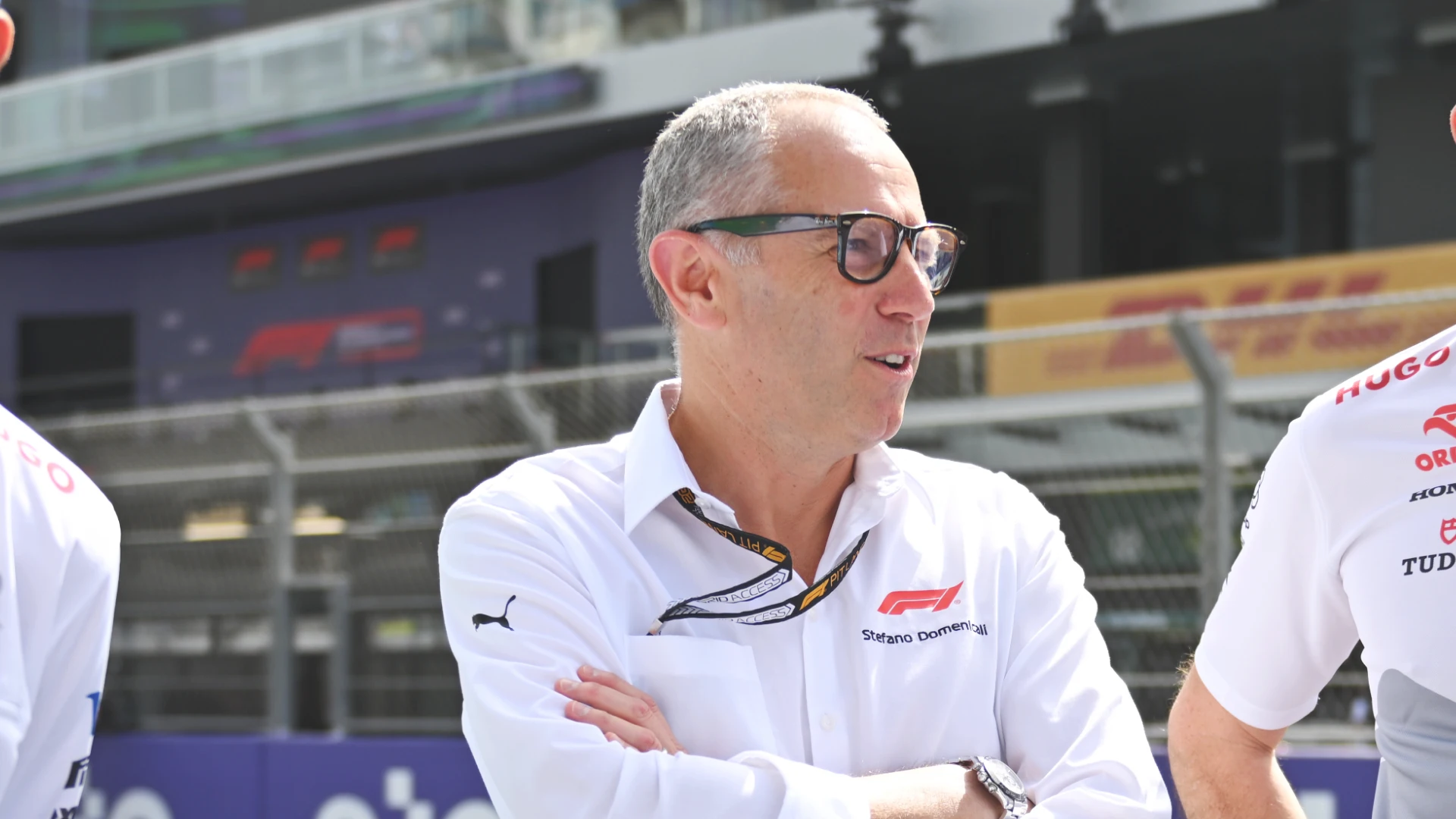
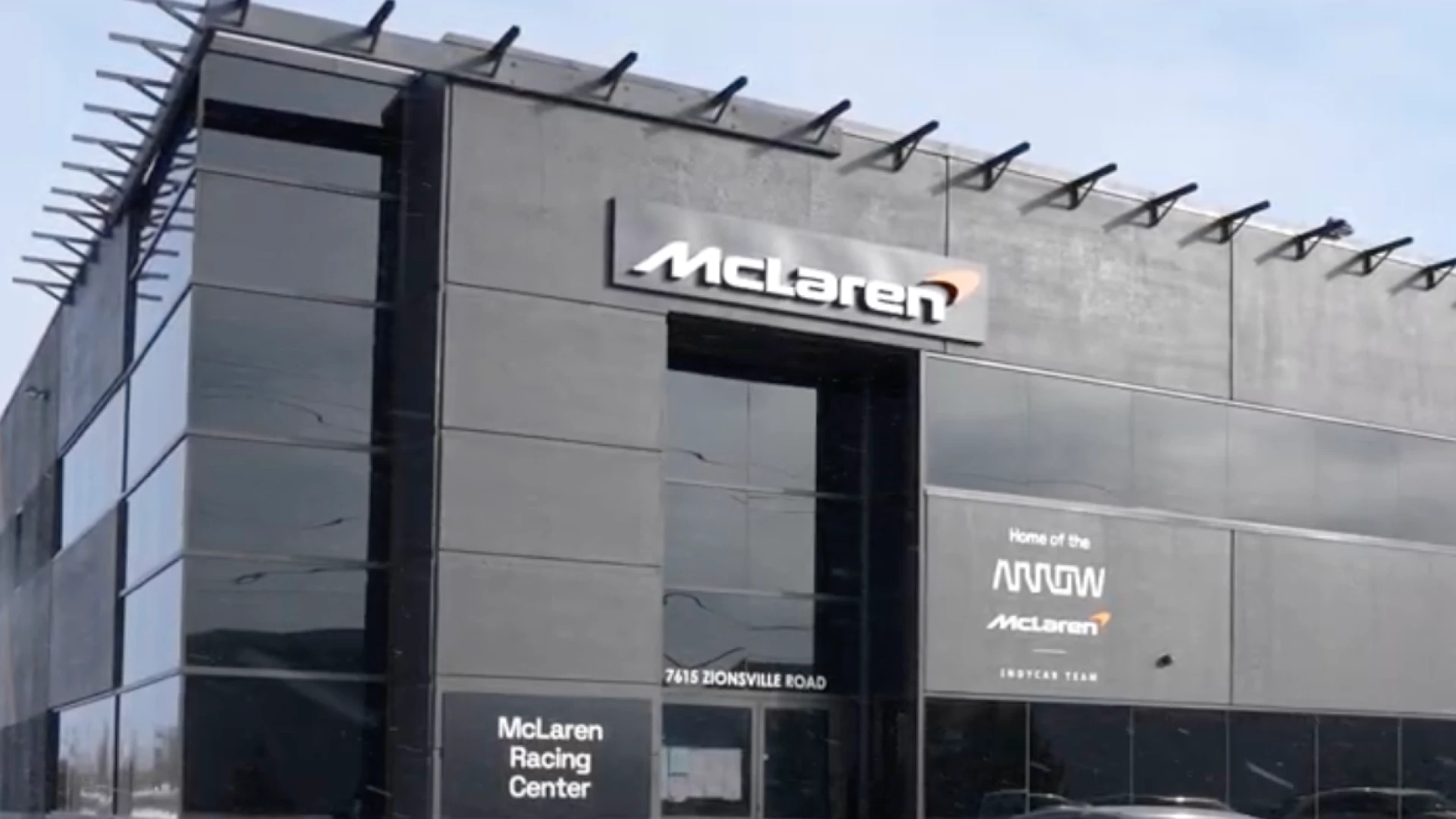
.webp)








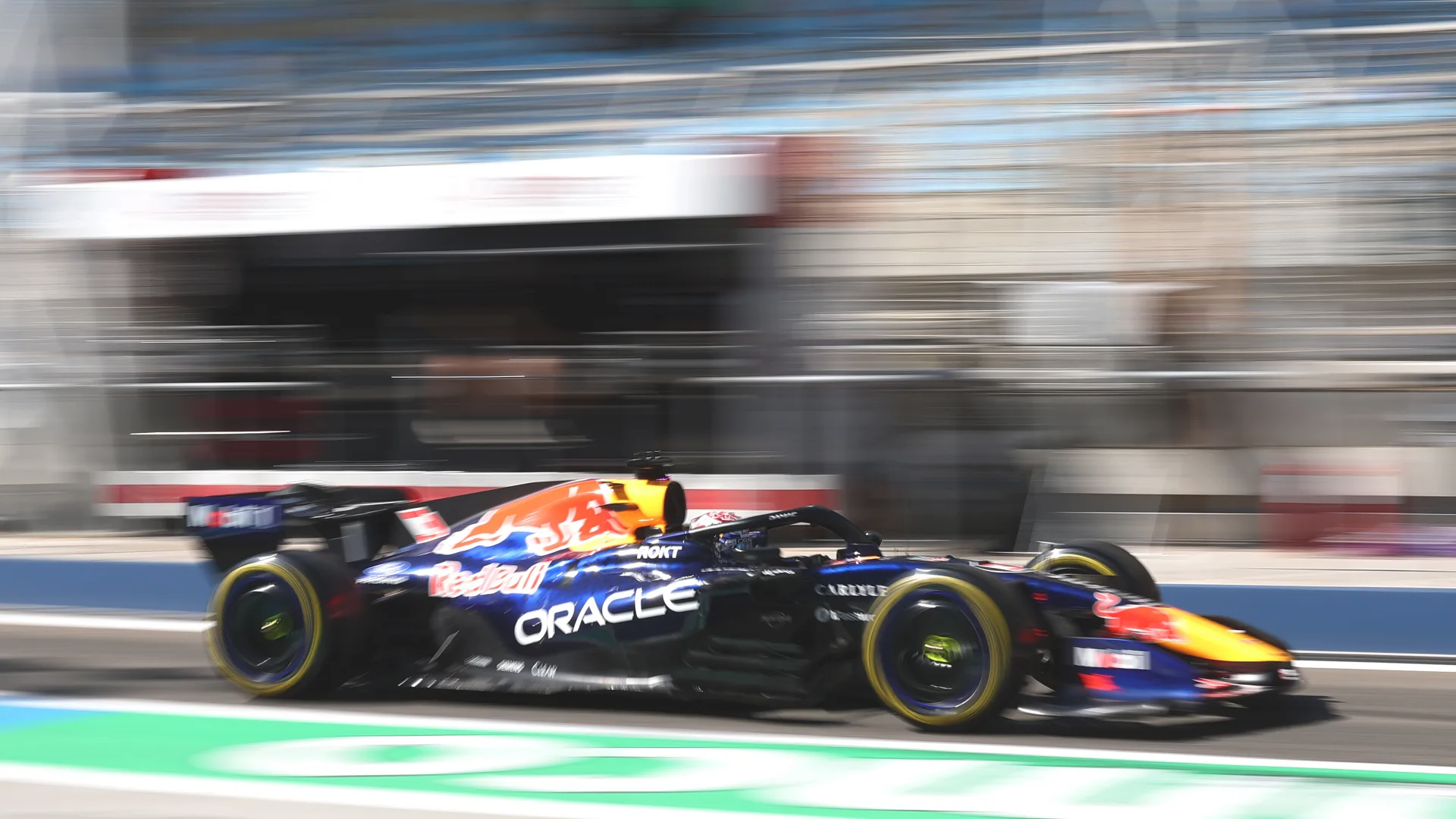
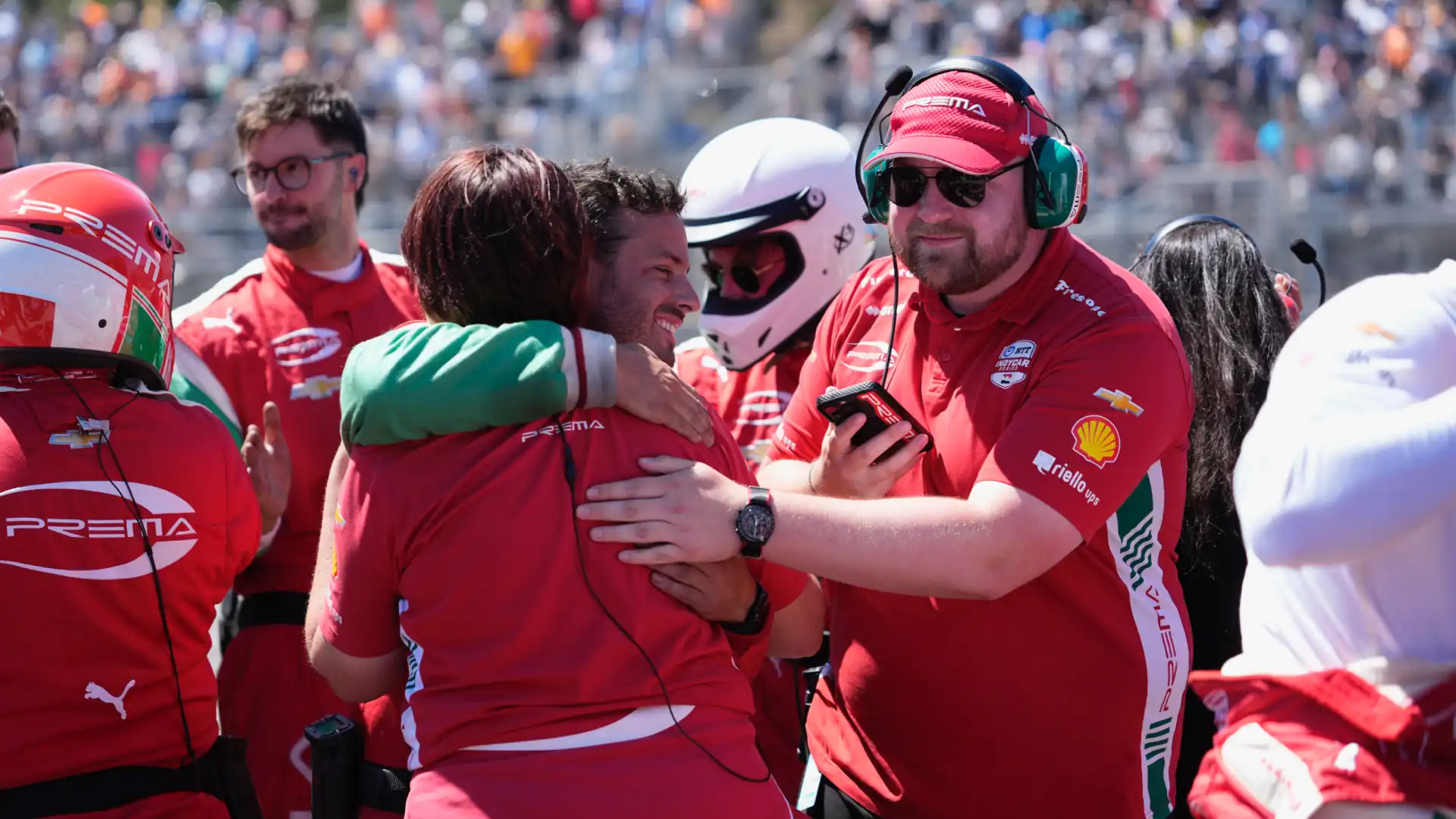

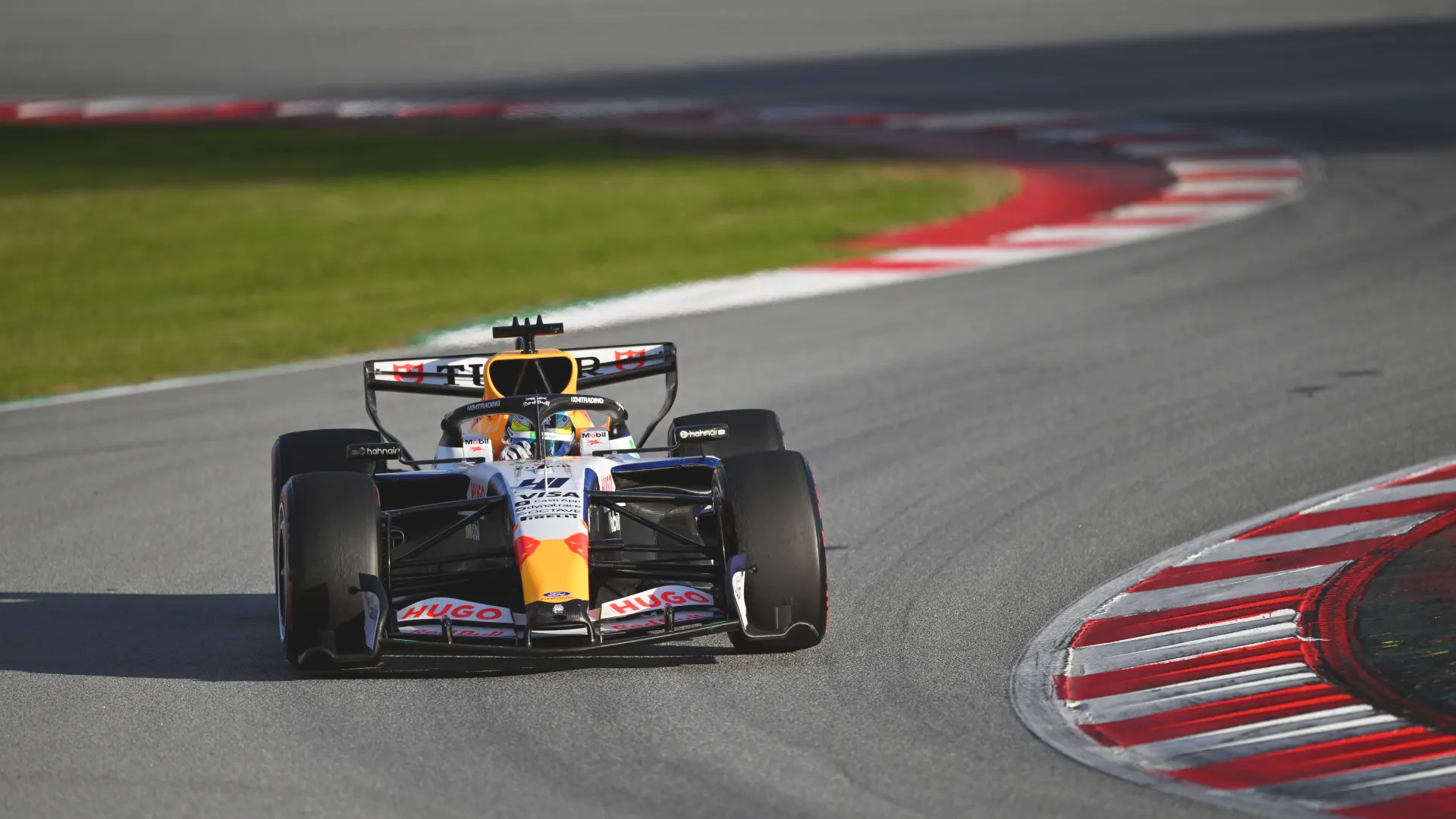

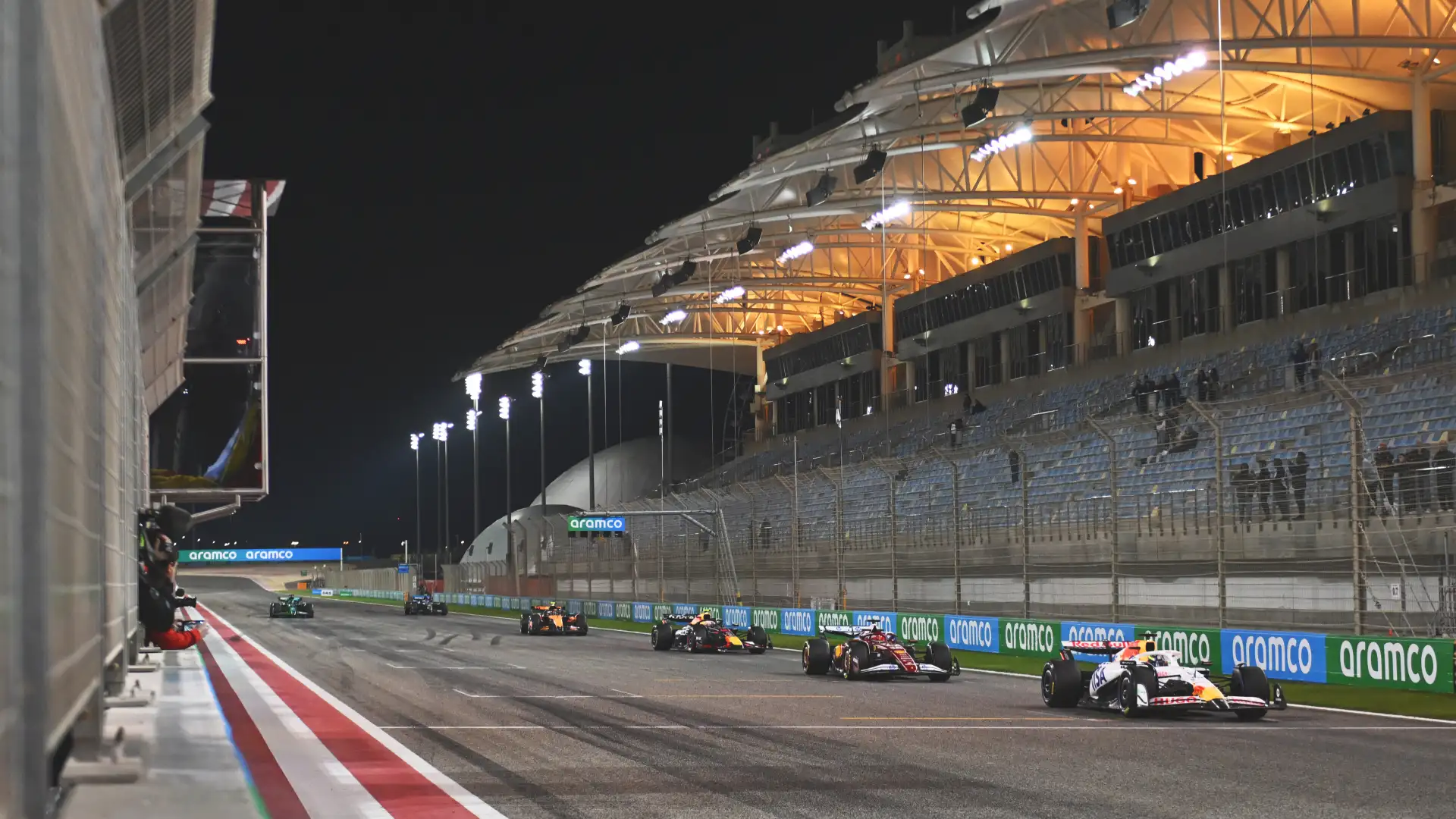
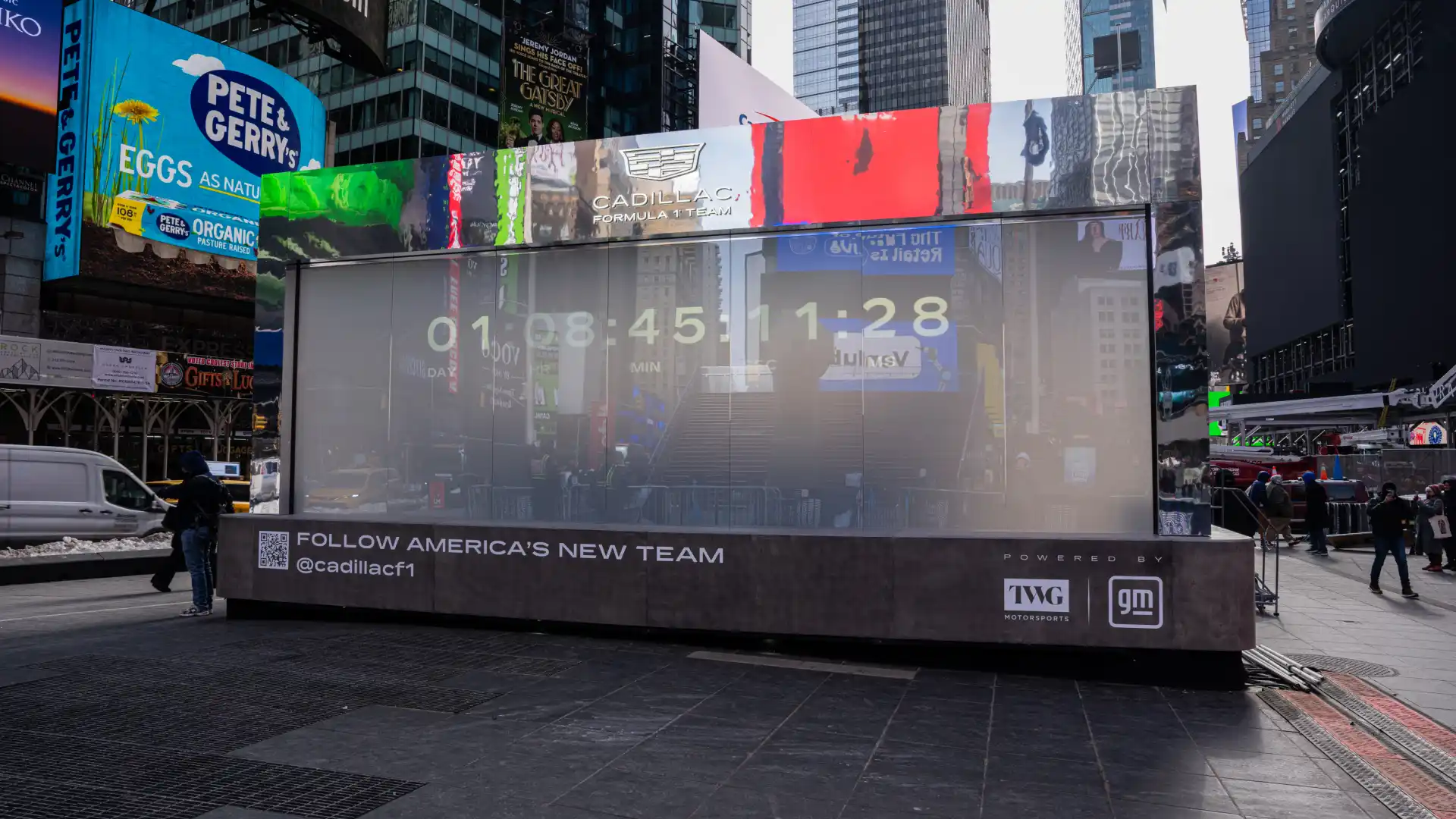
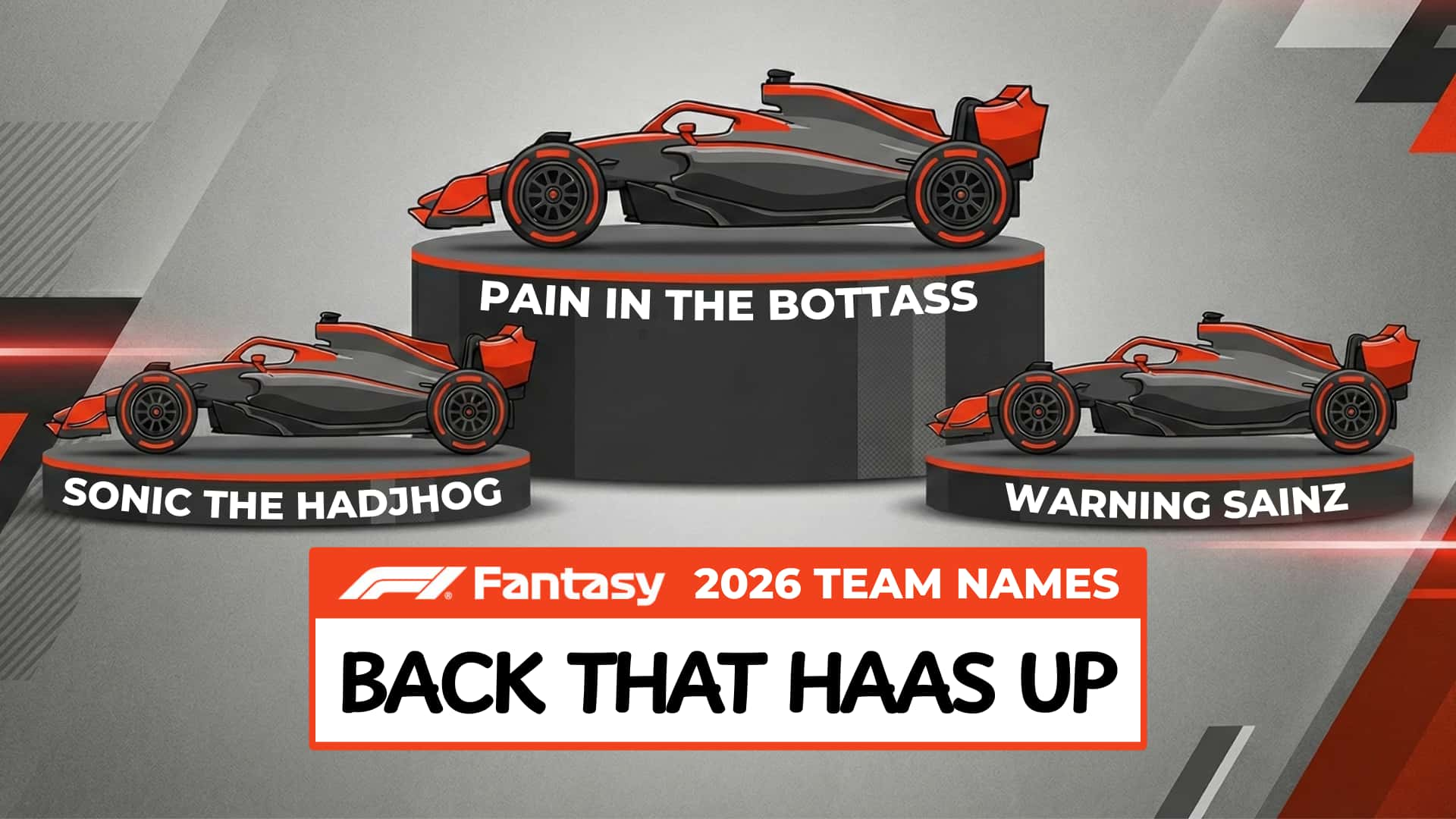
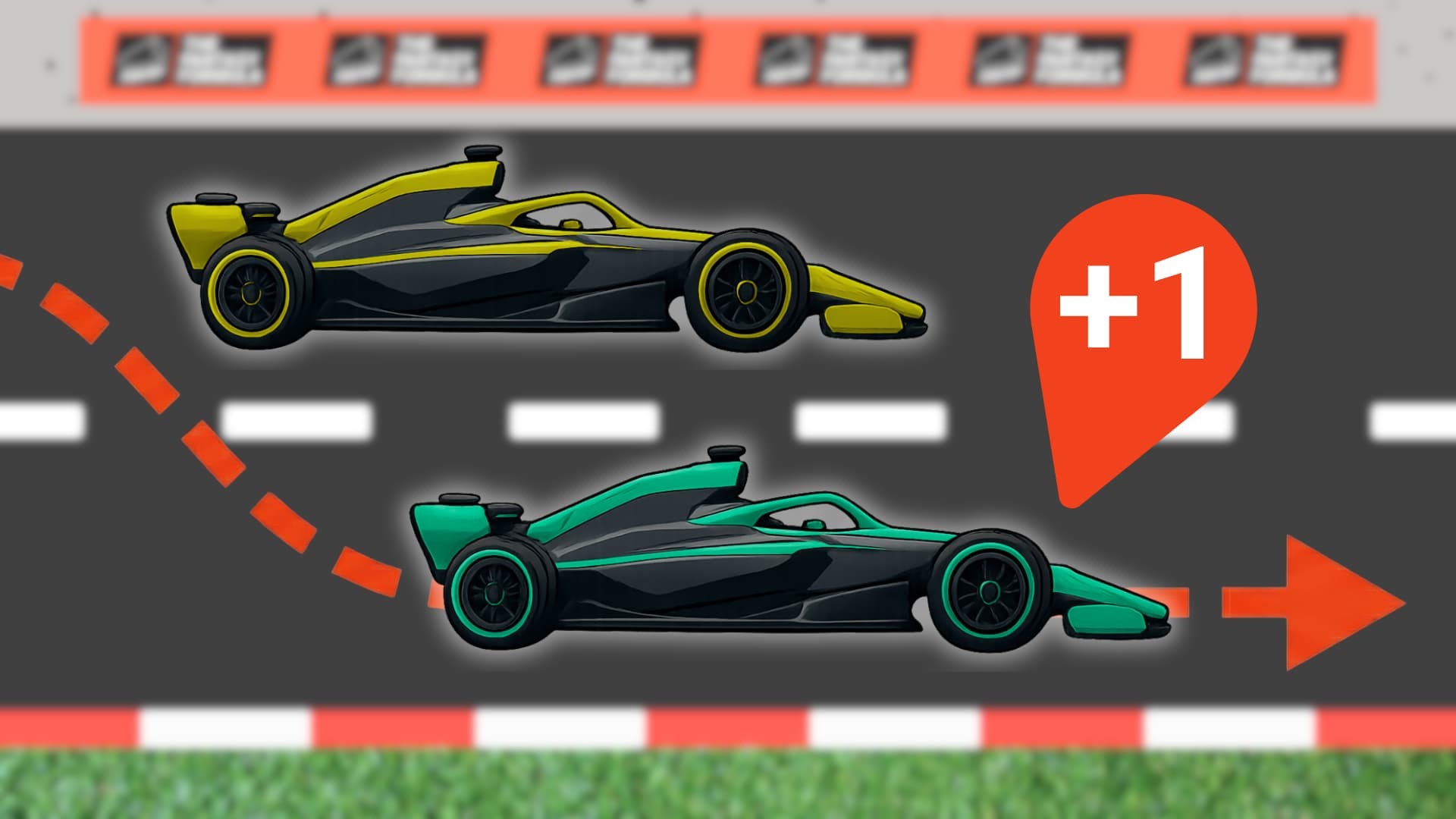
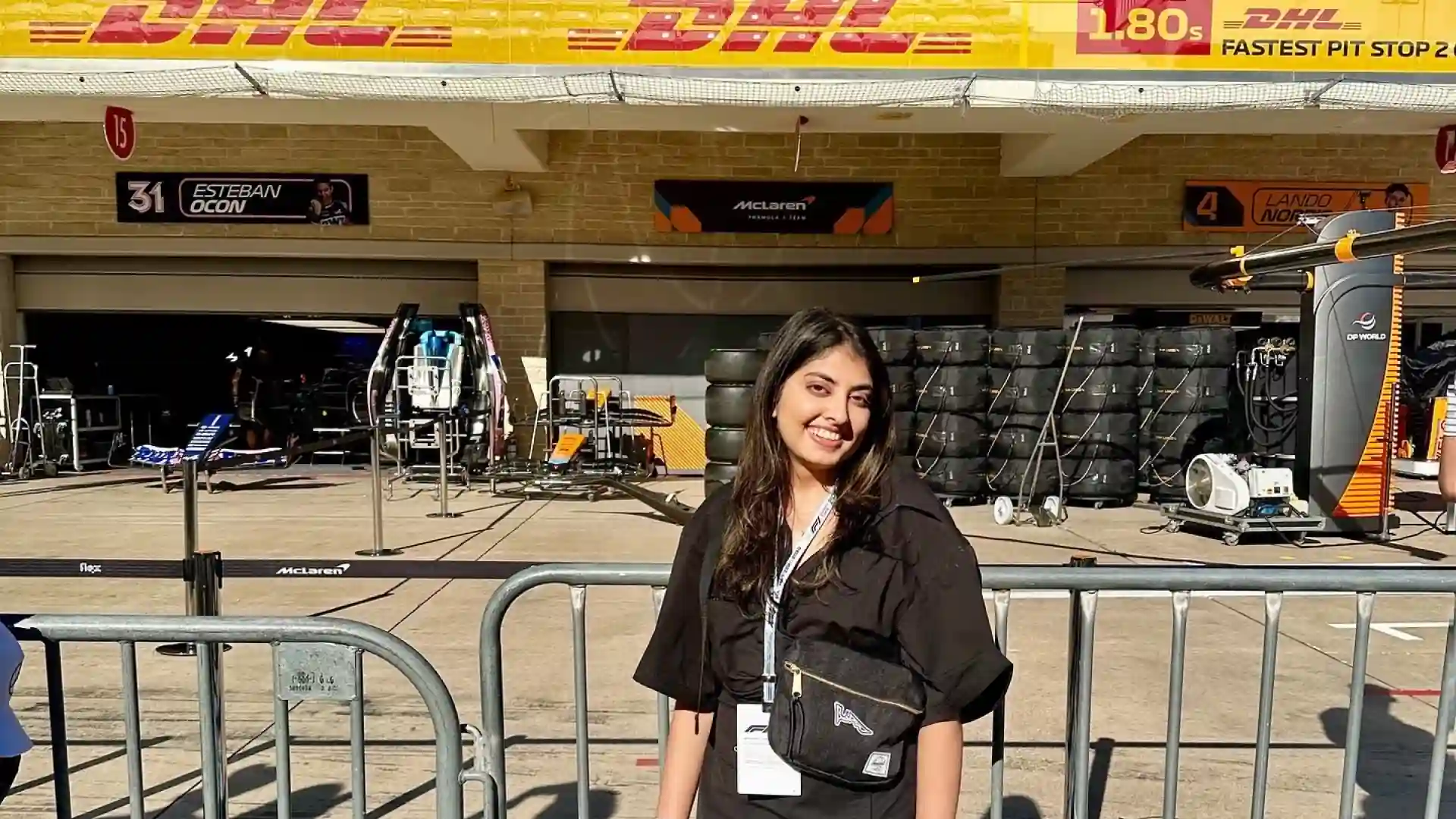
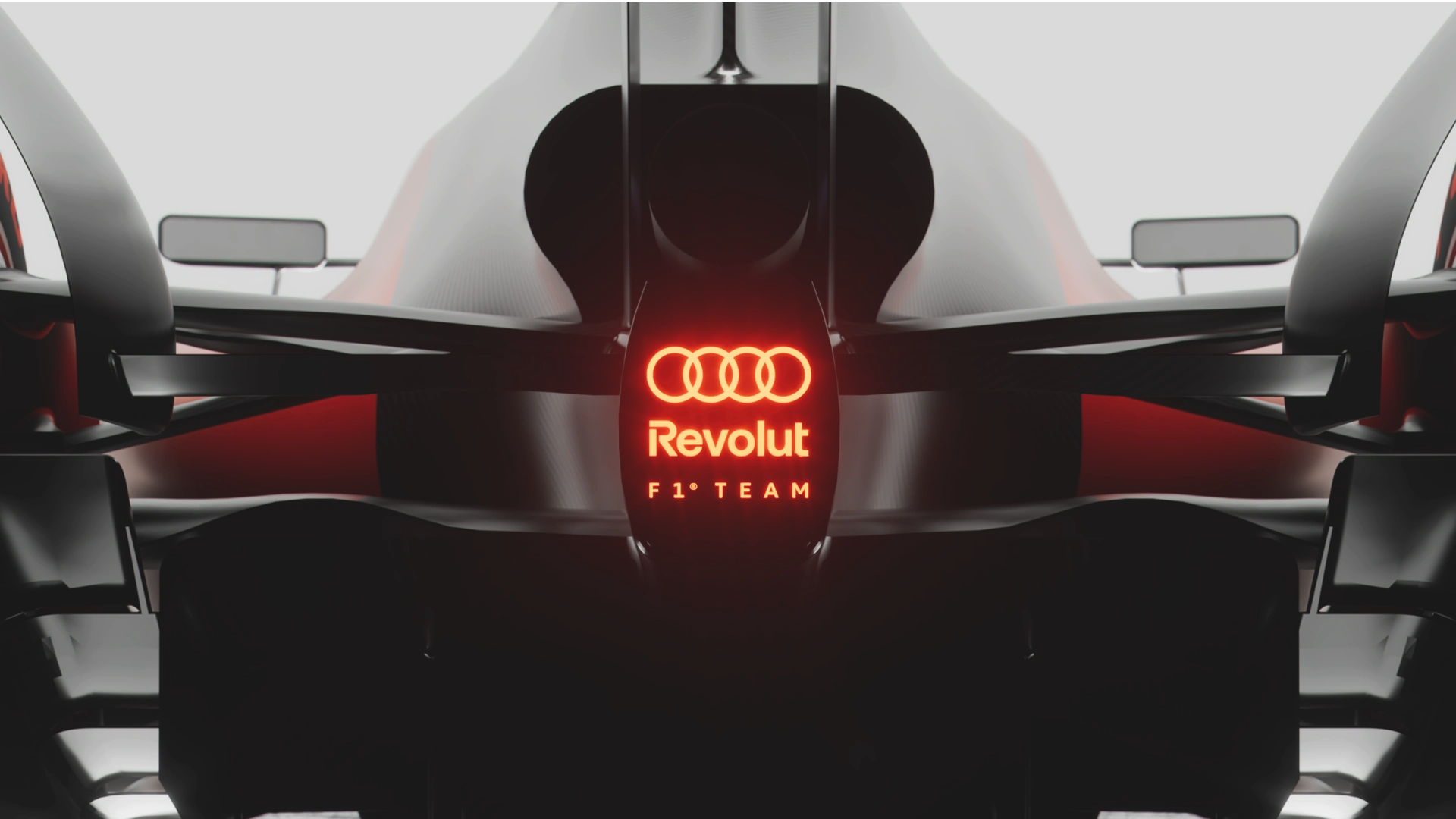
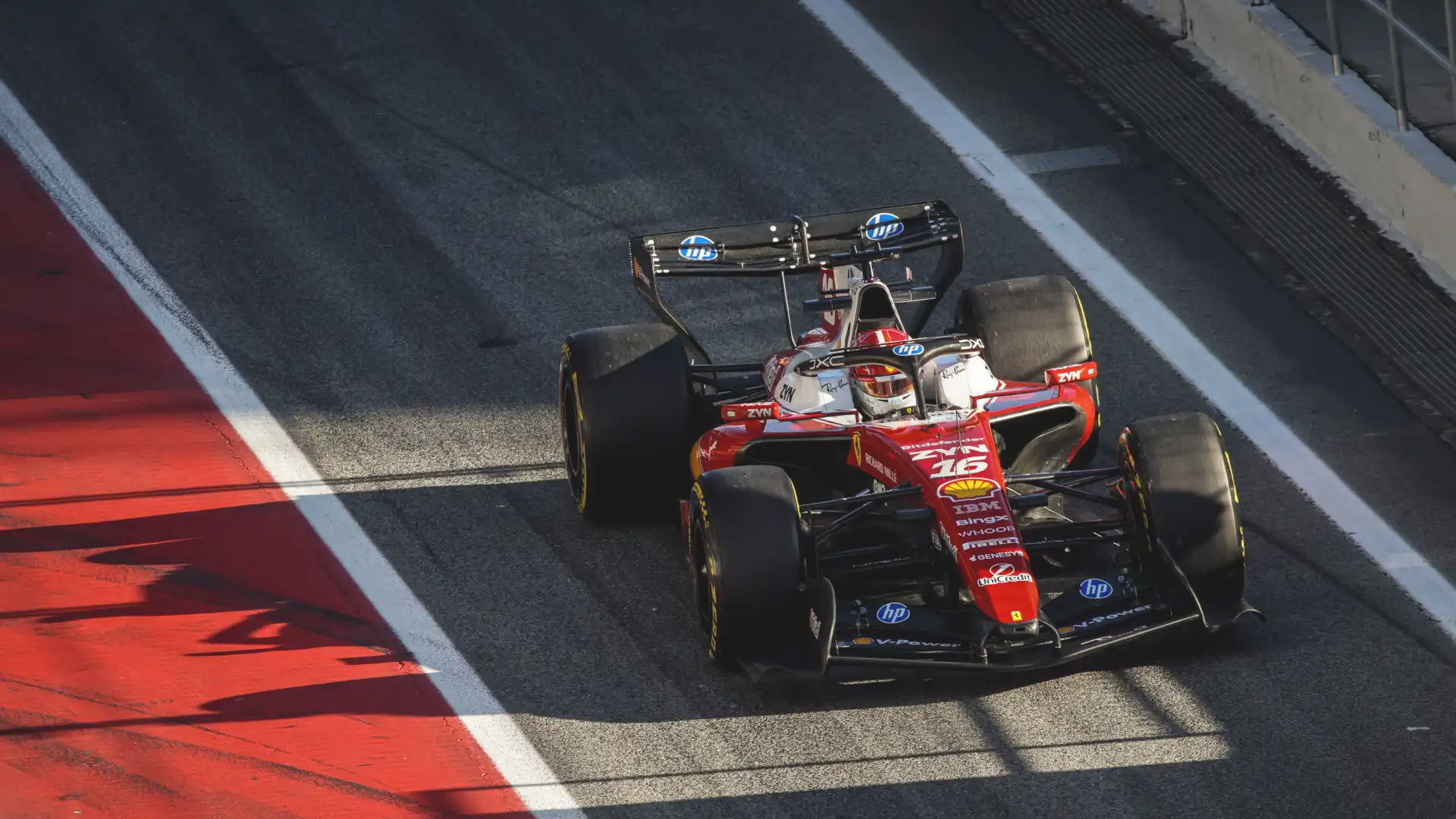
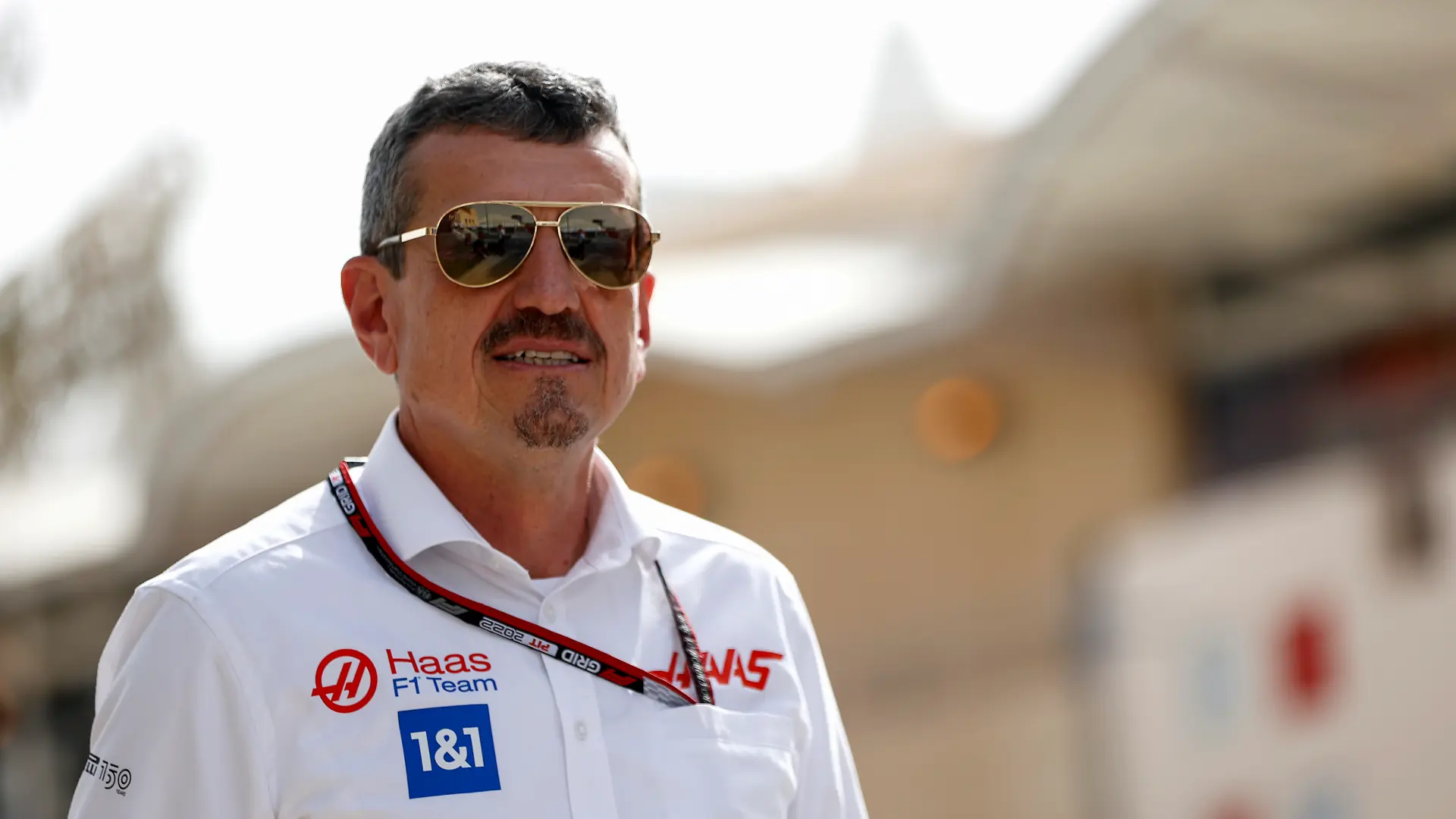
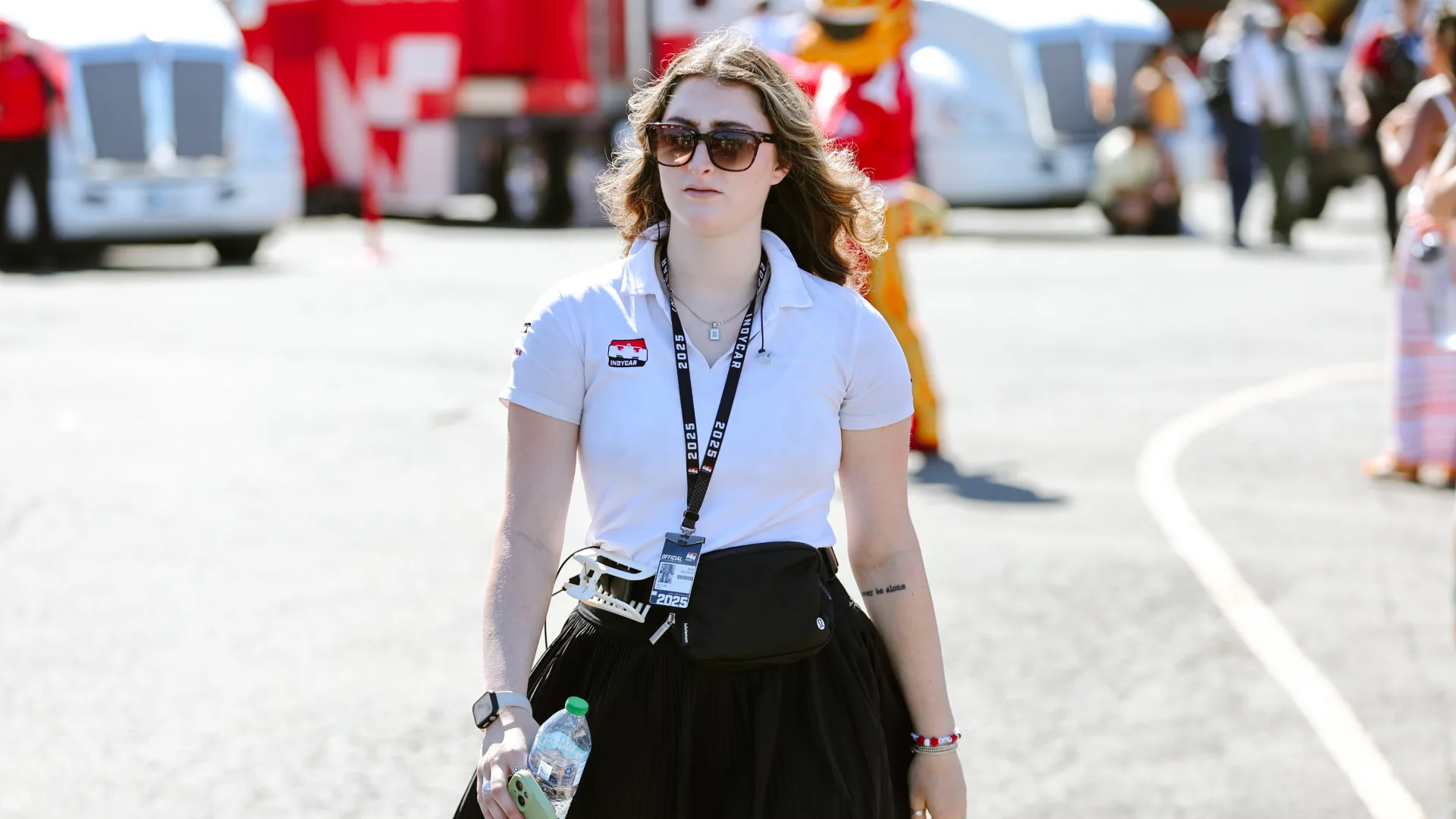
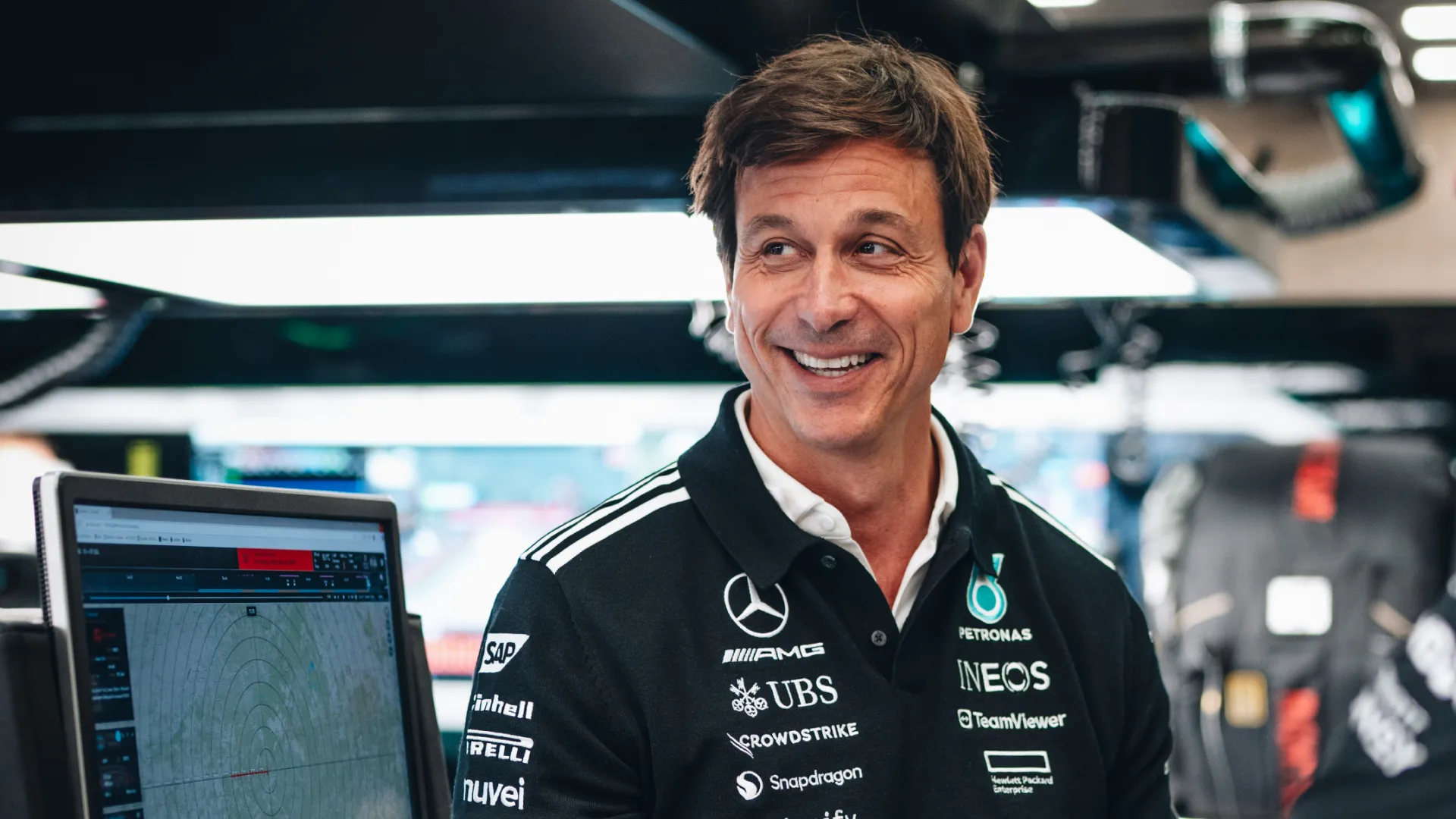
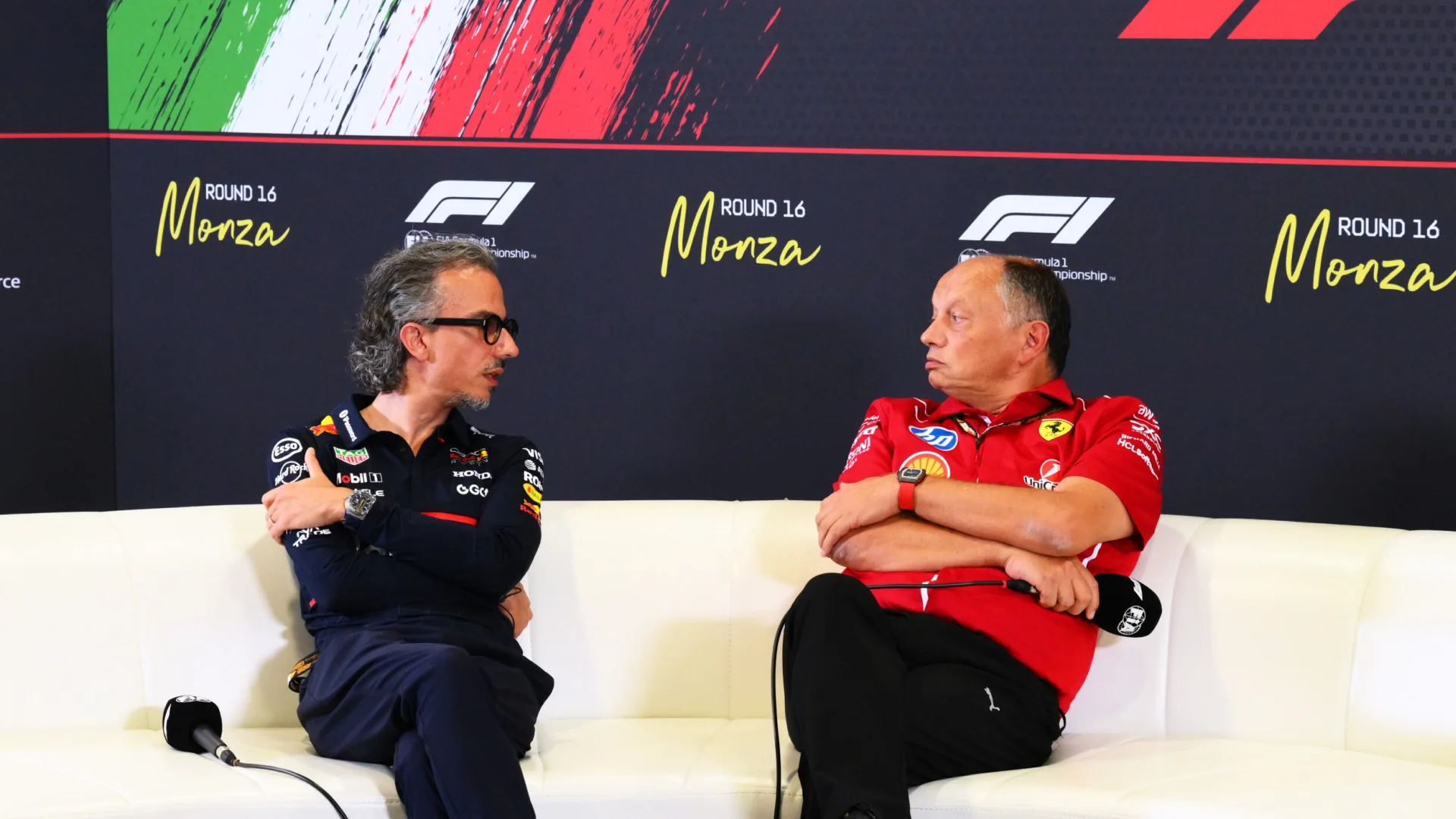


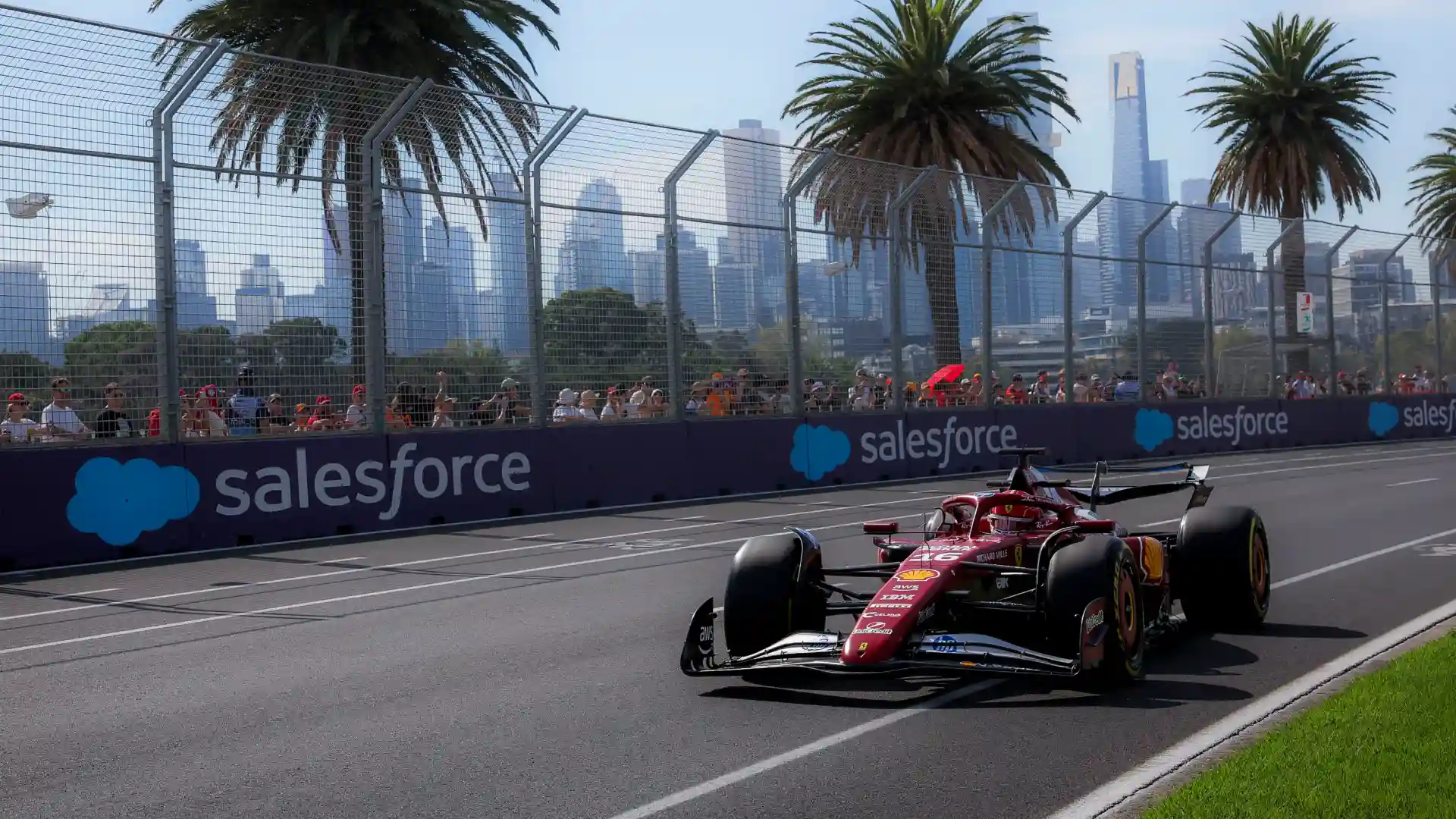
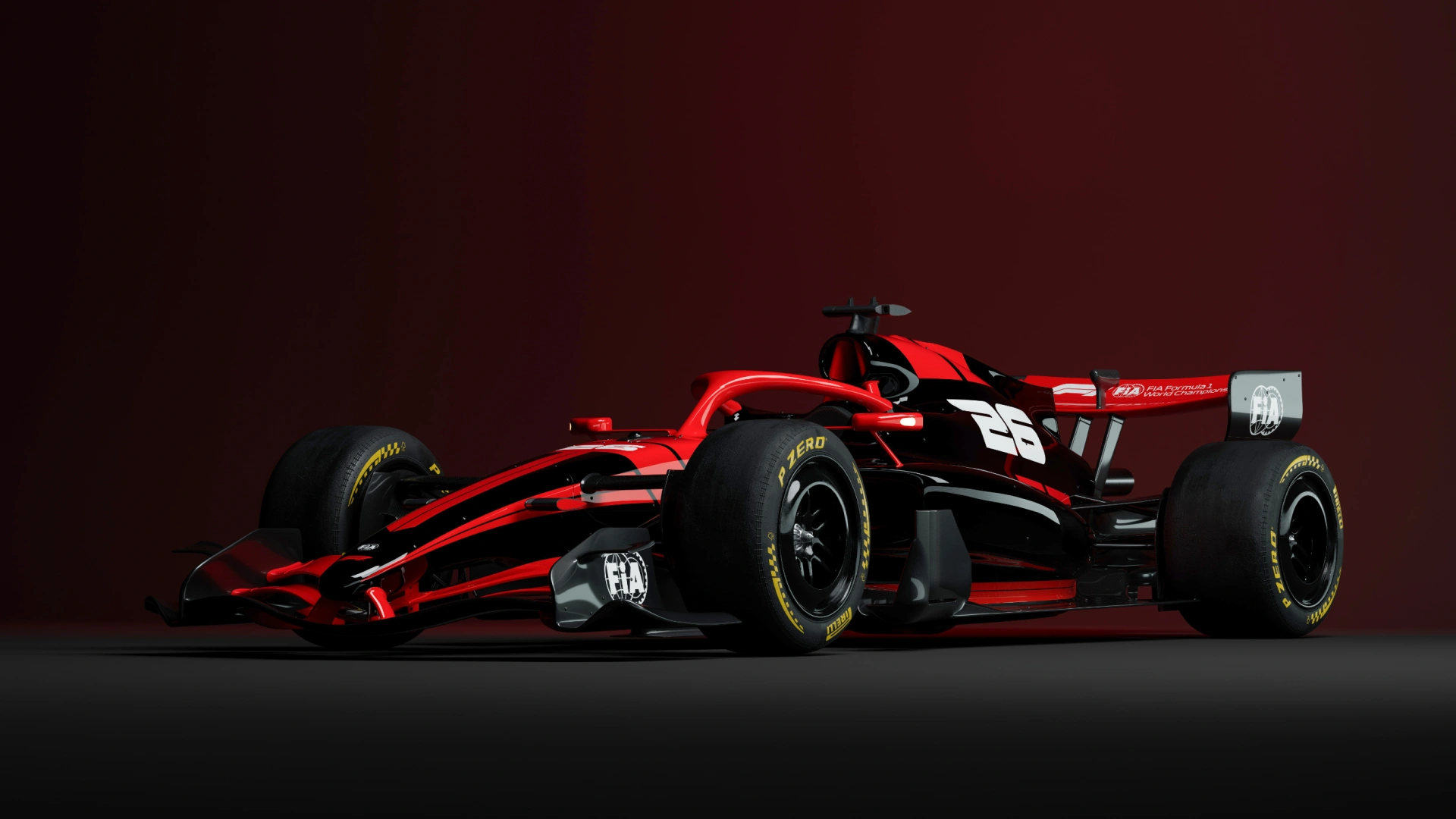
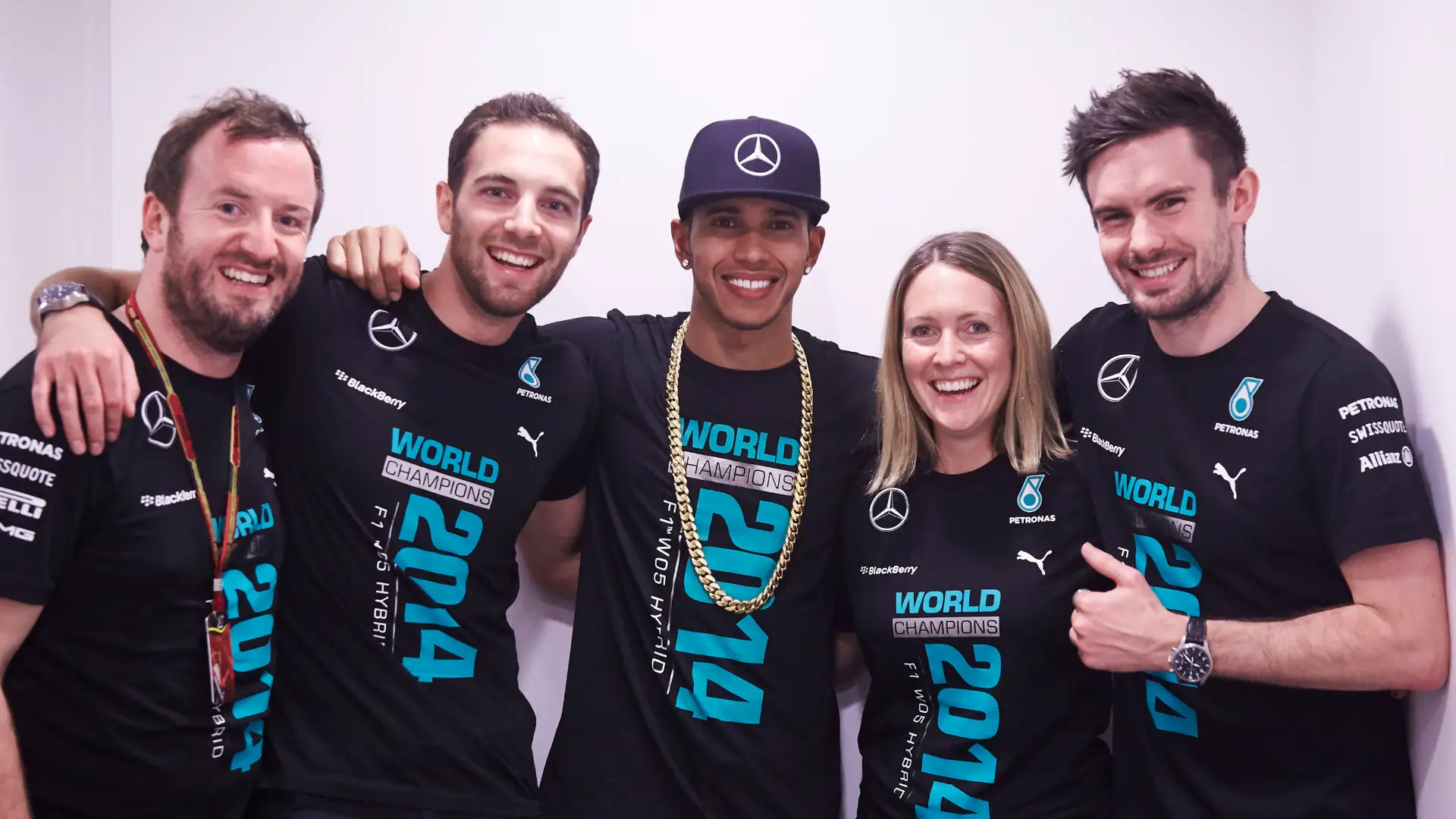
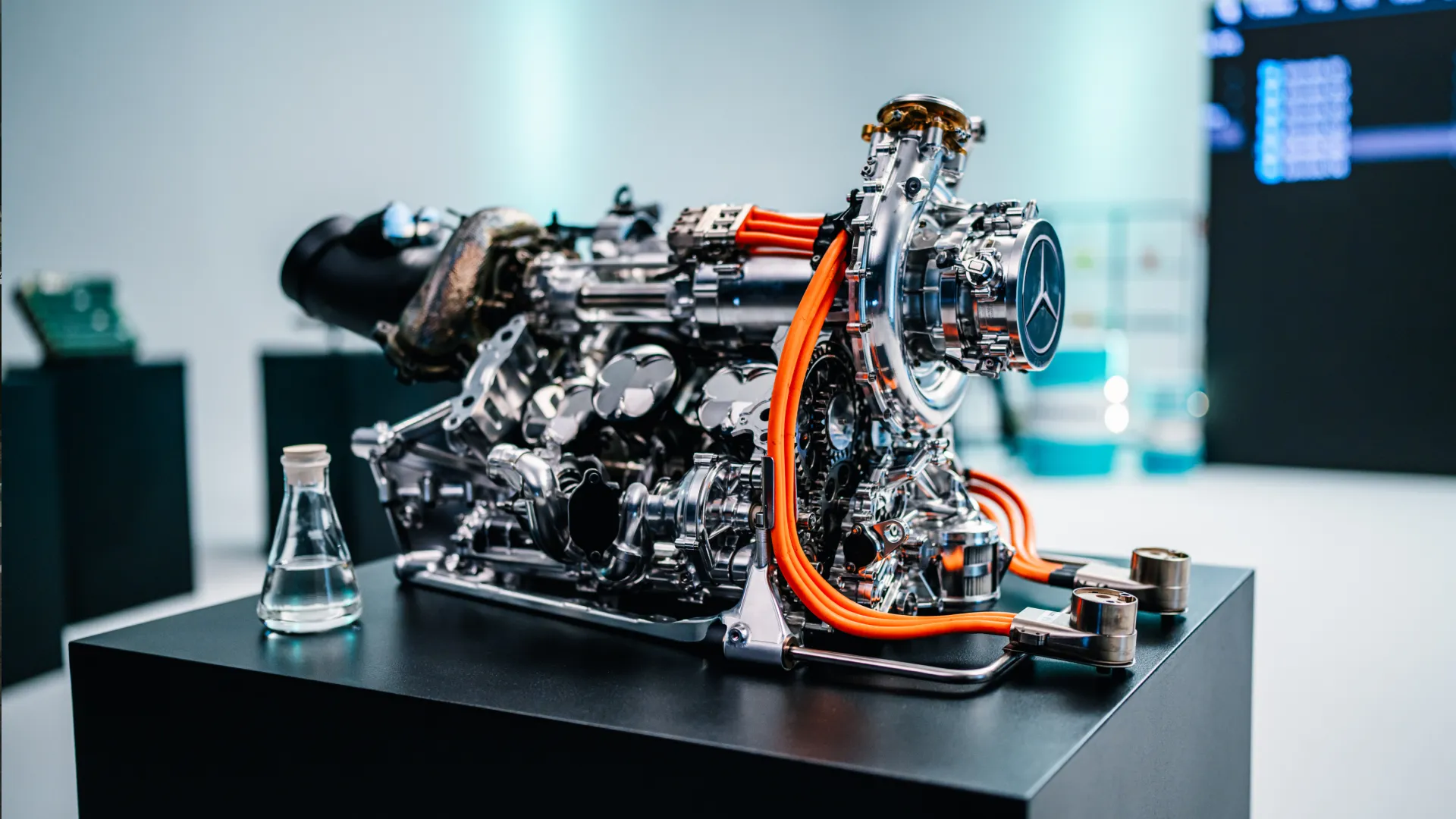
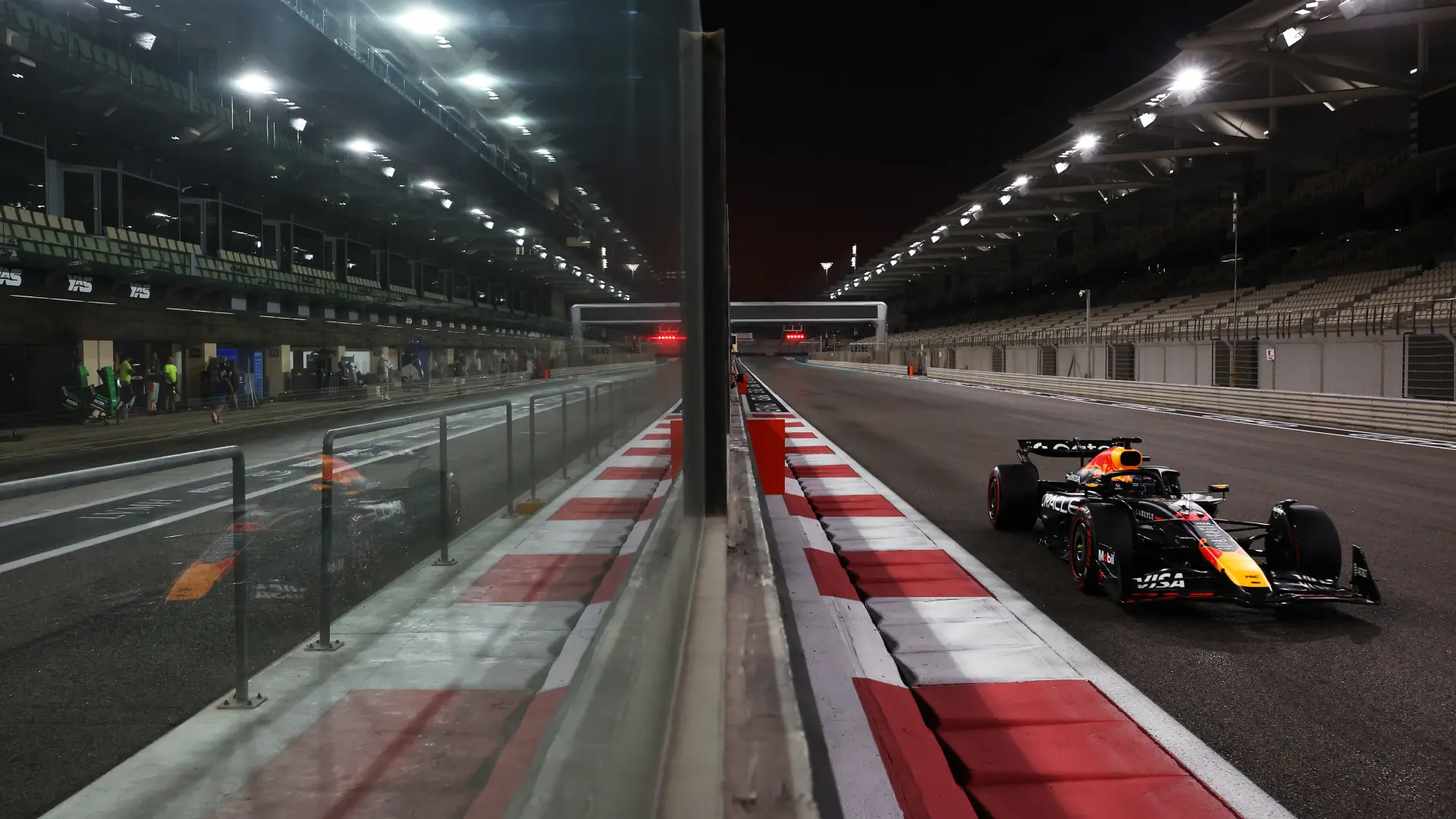
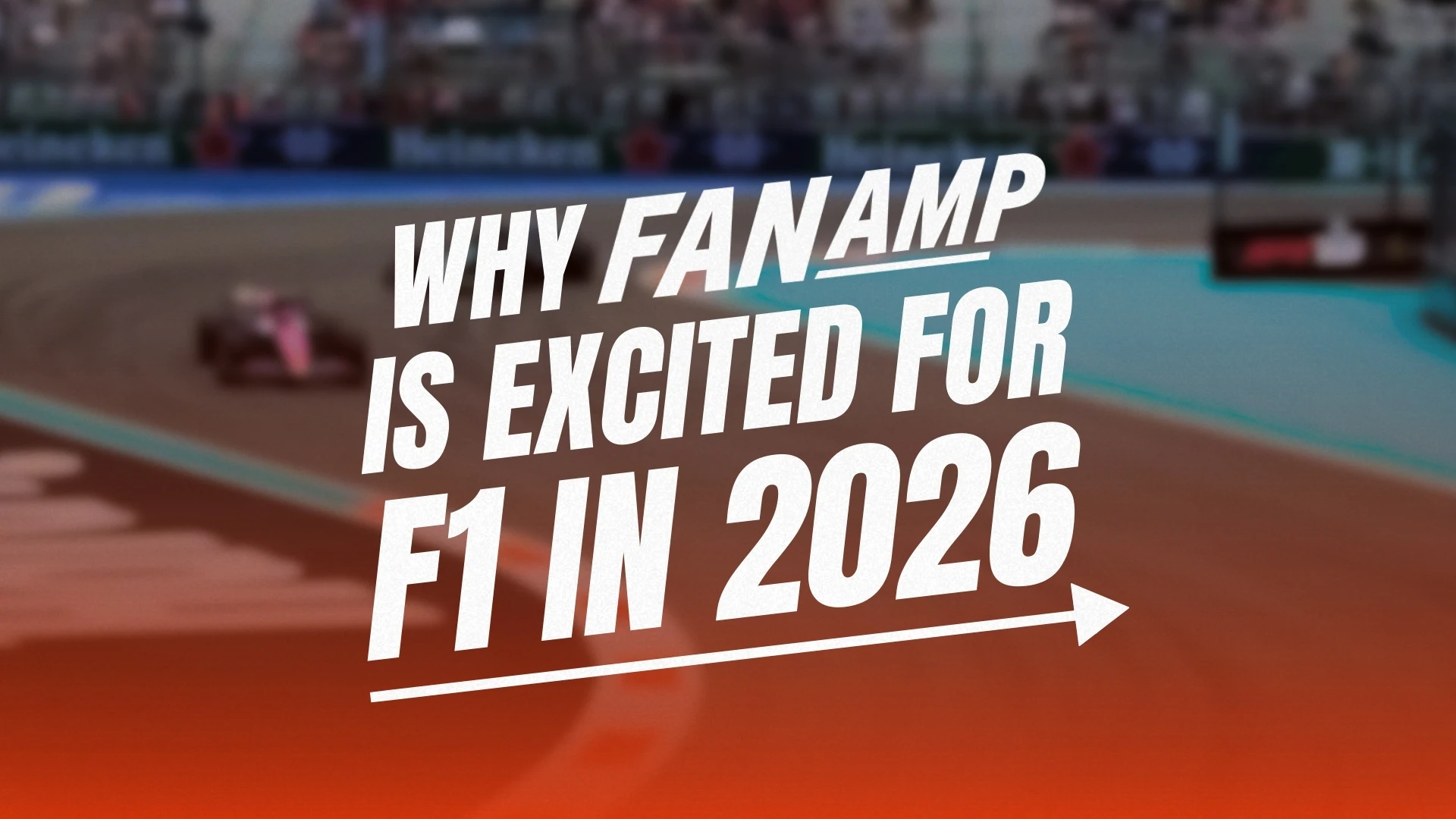
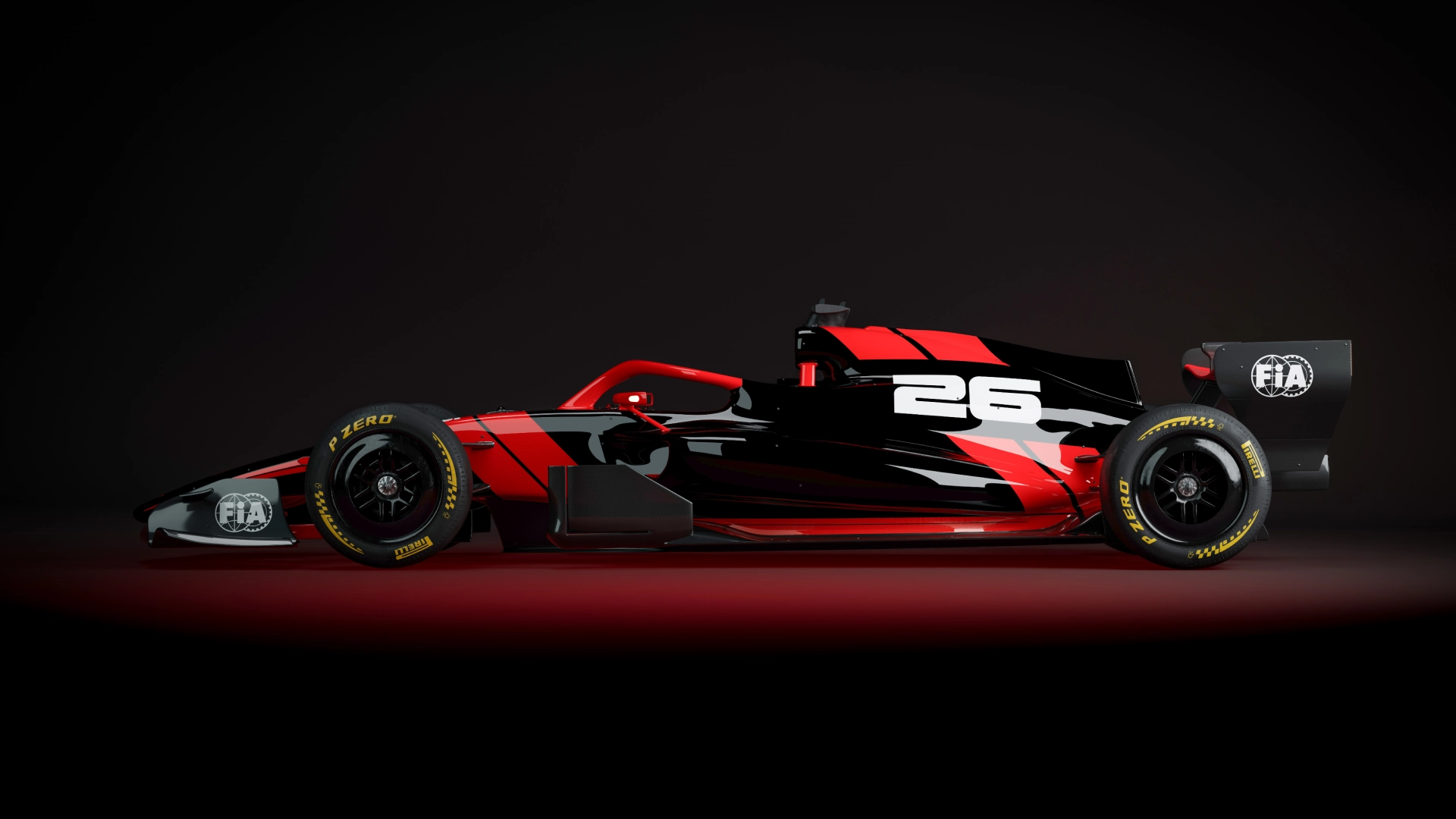
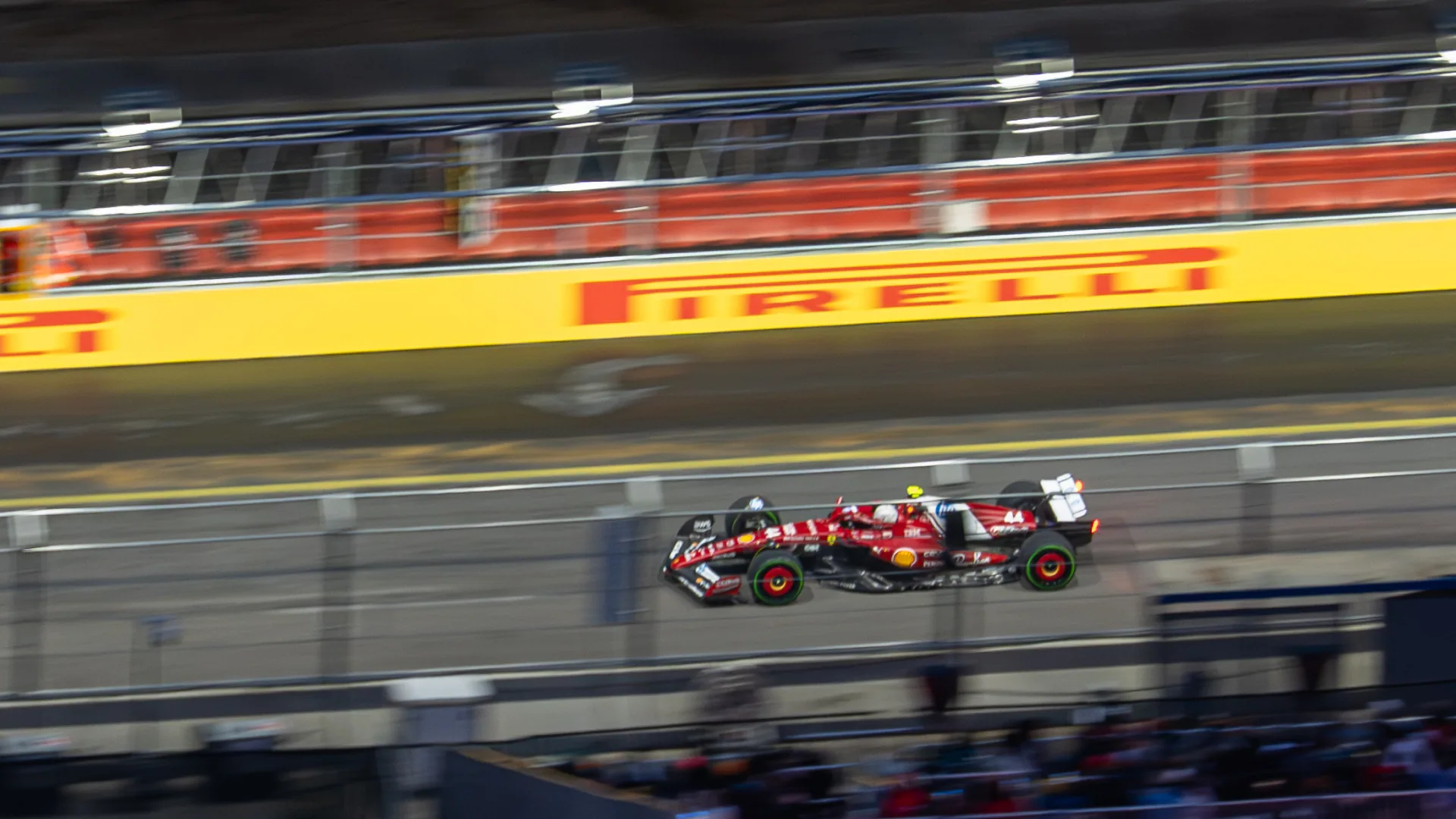
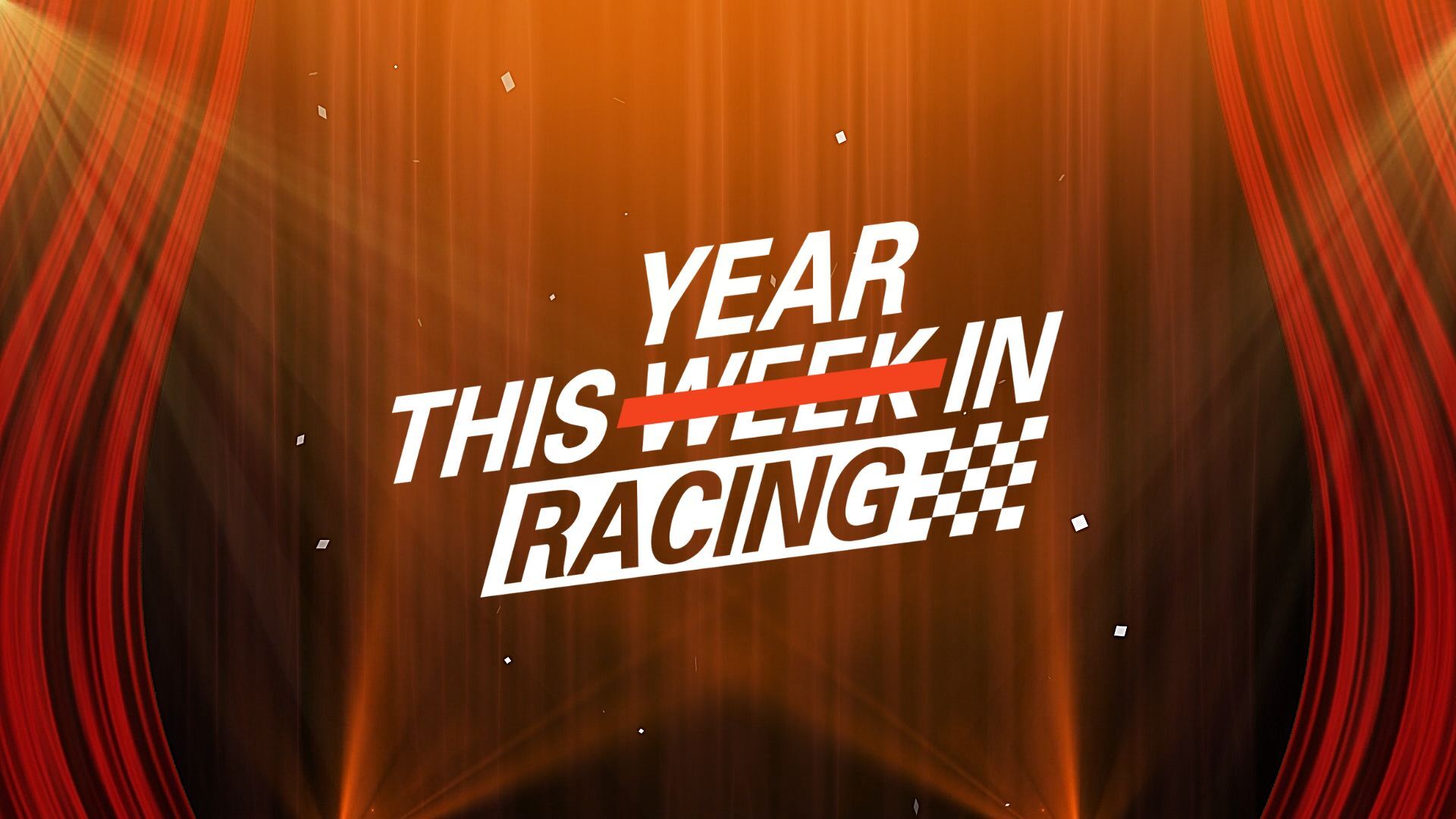
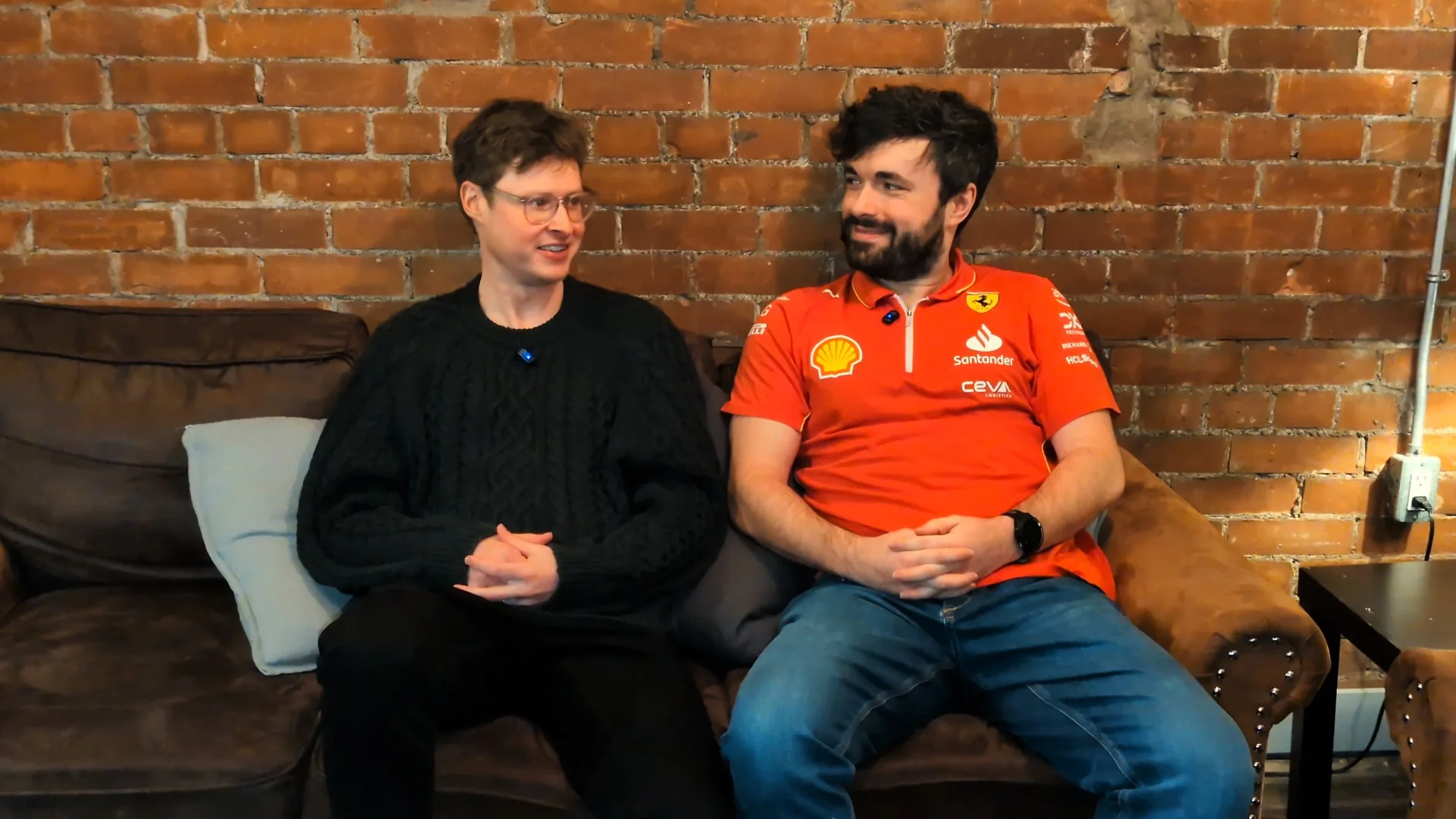
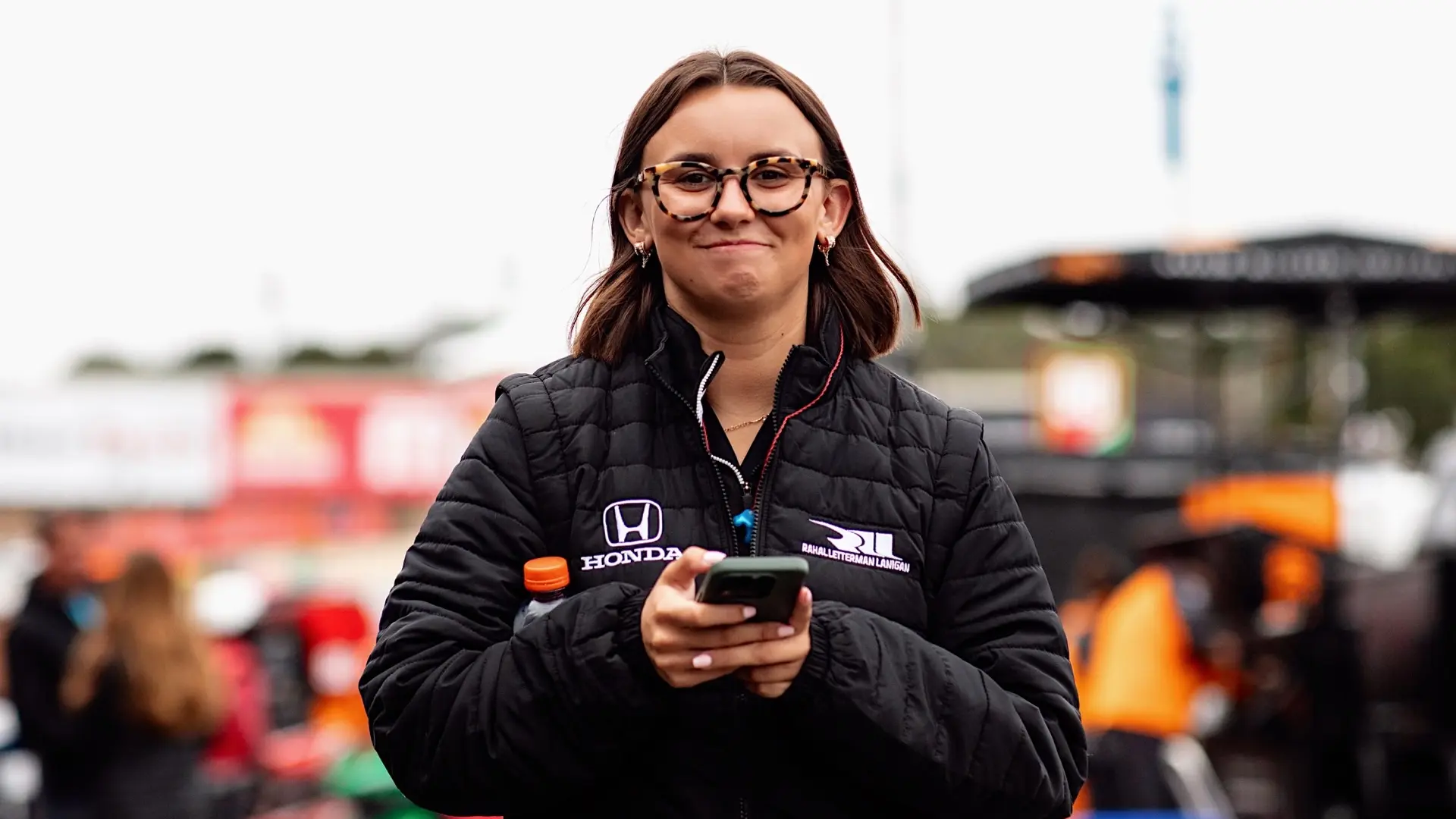
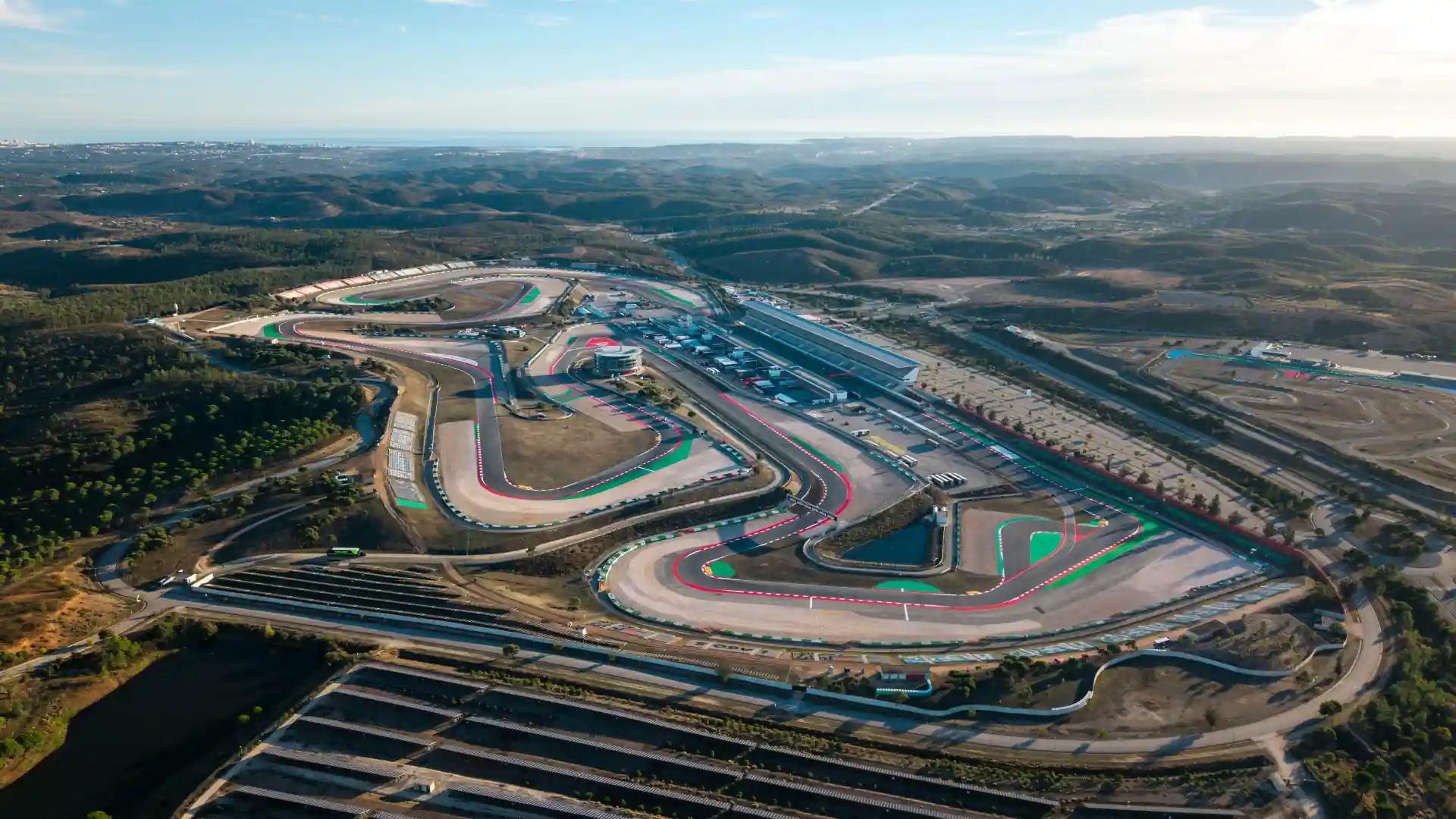
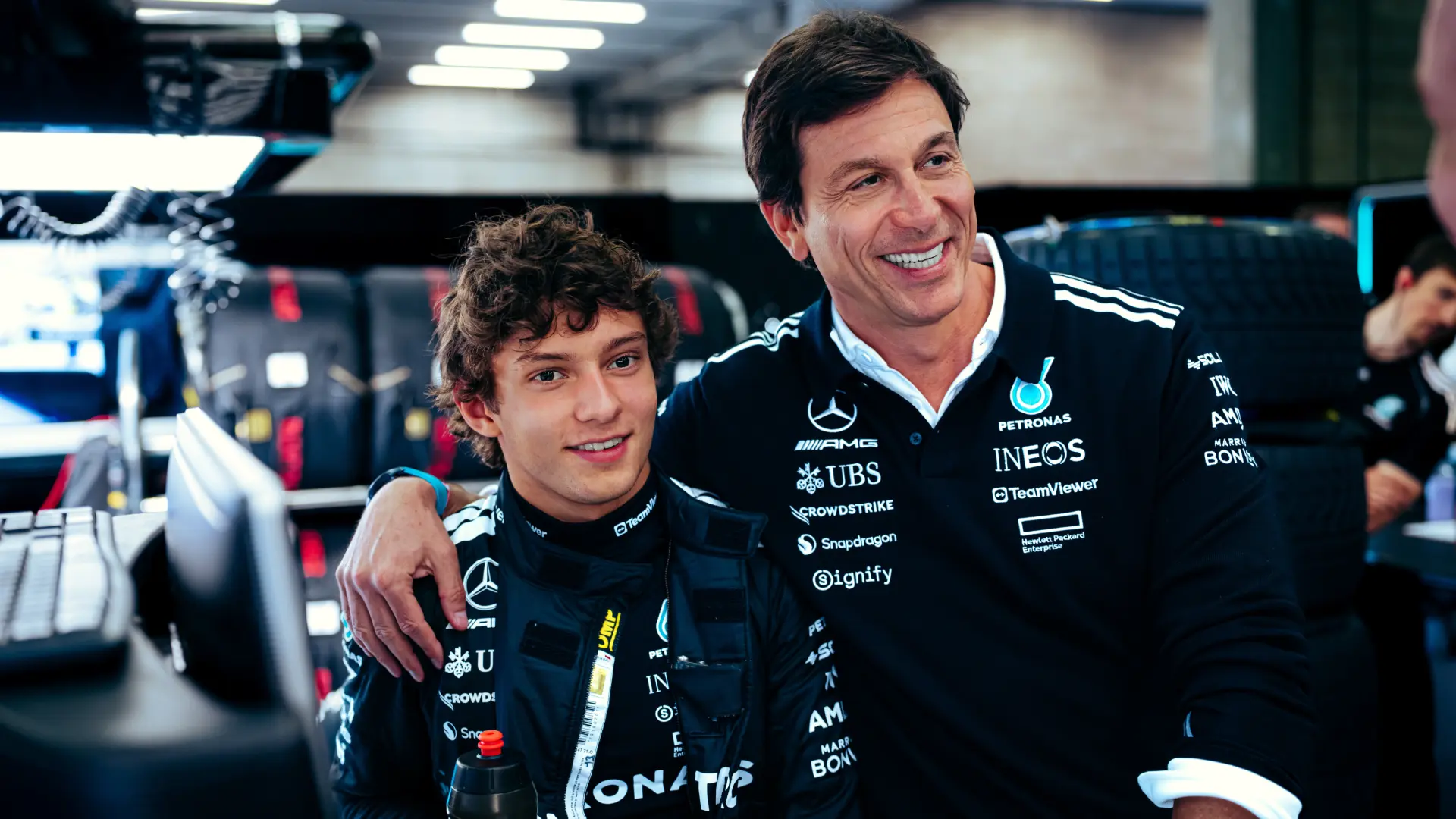
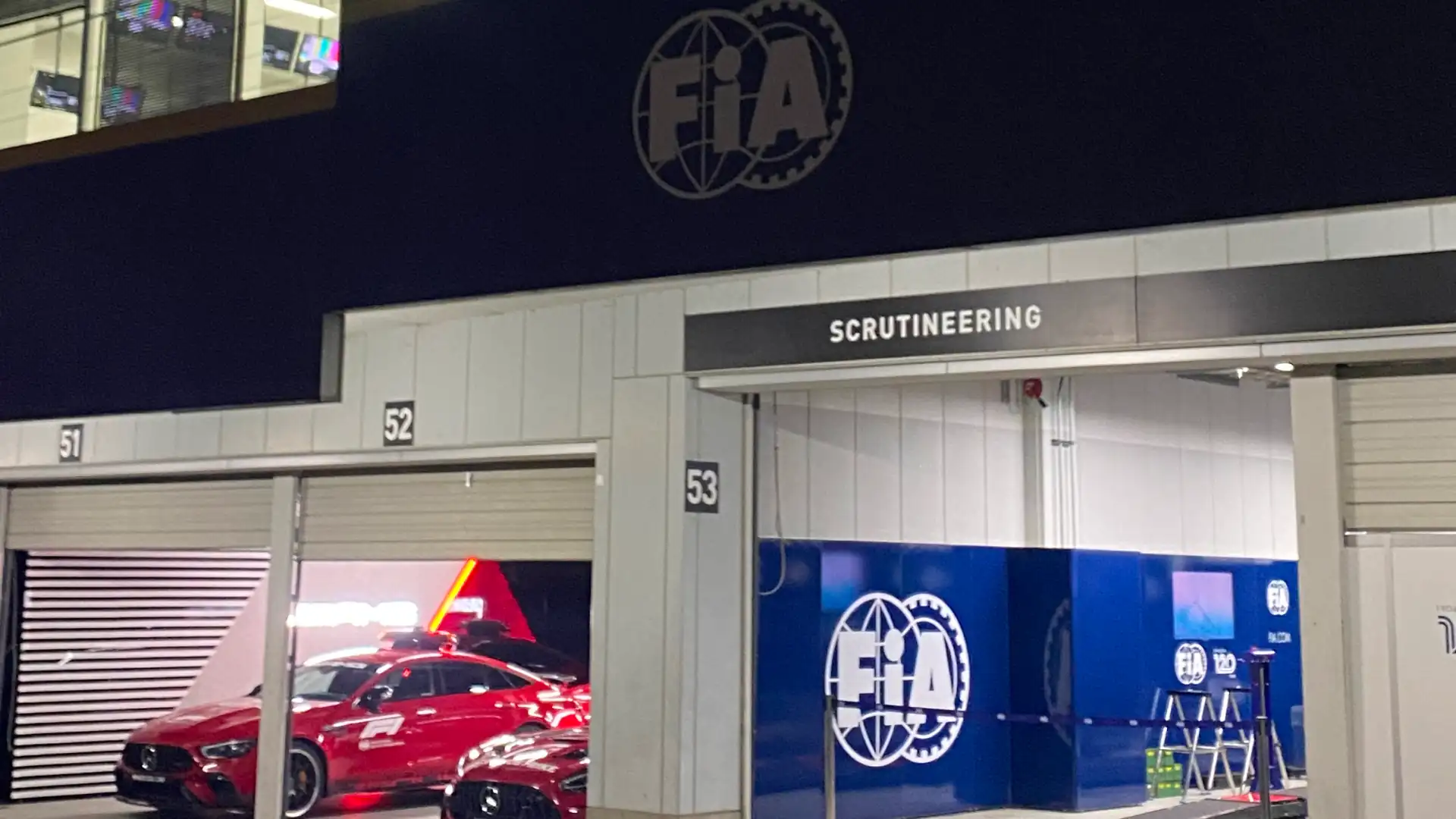
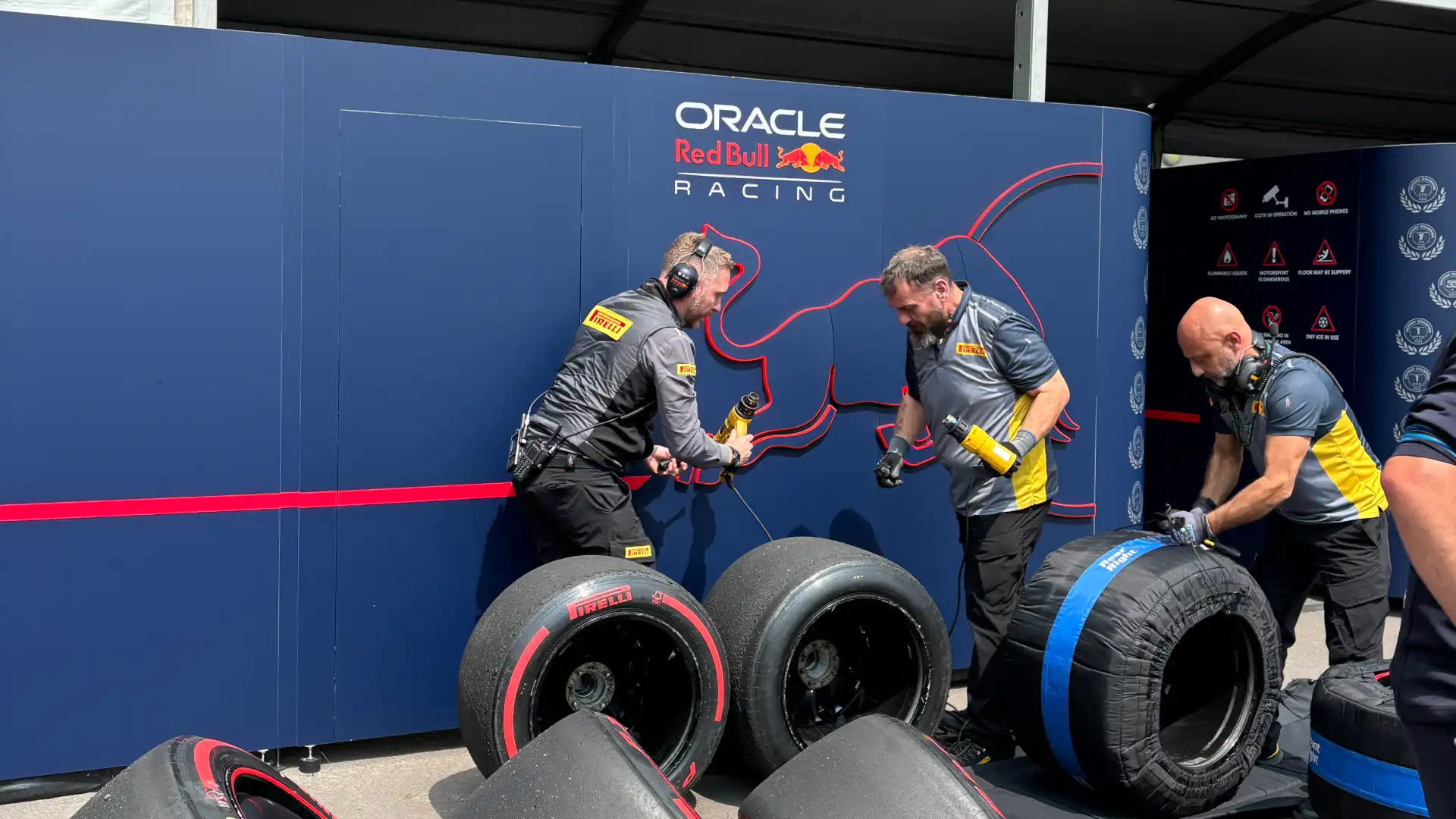
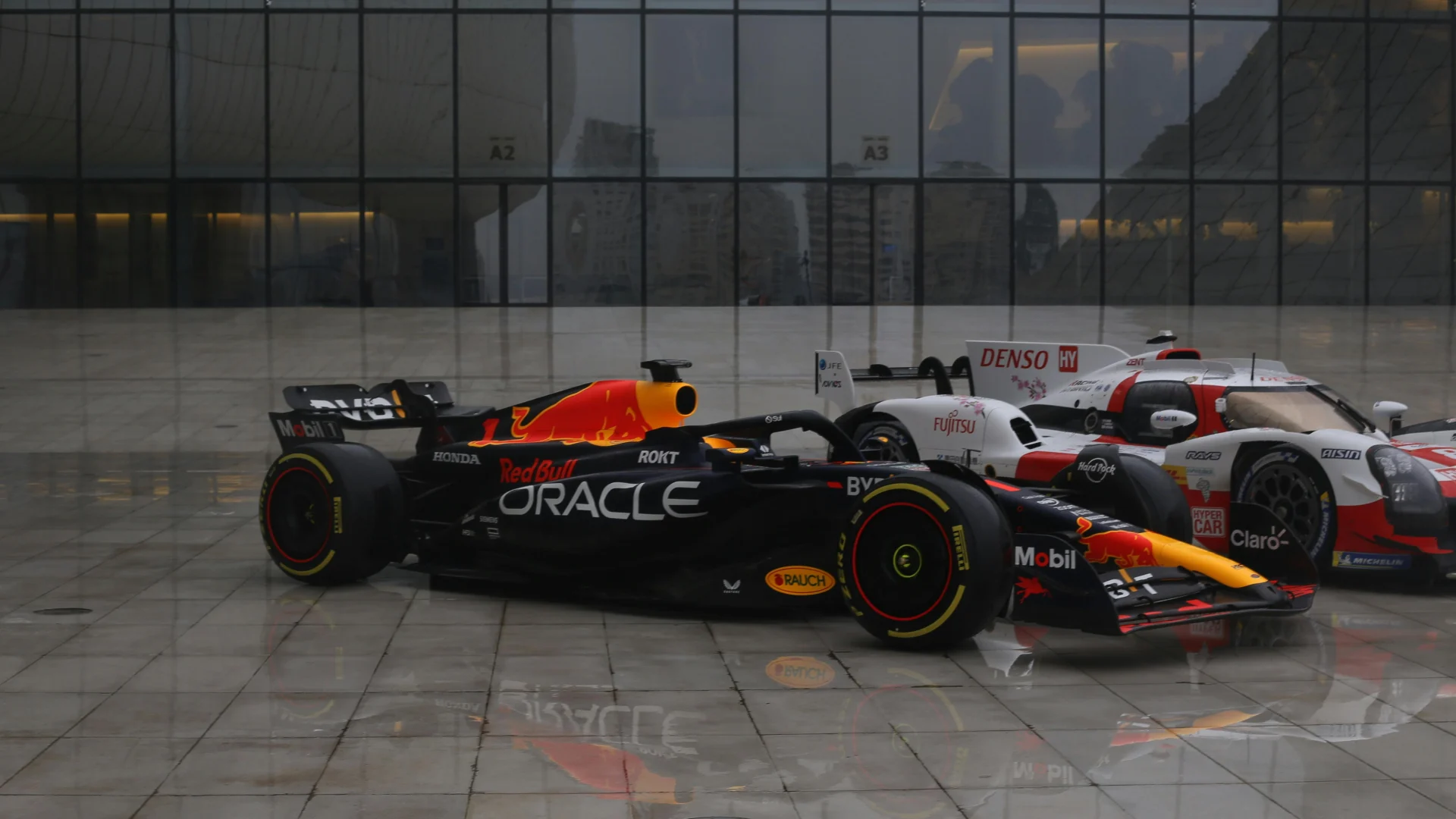

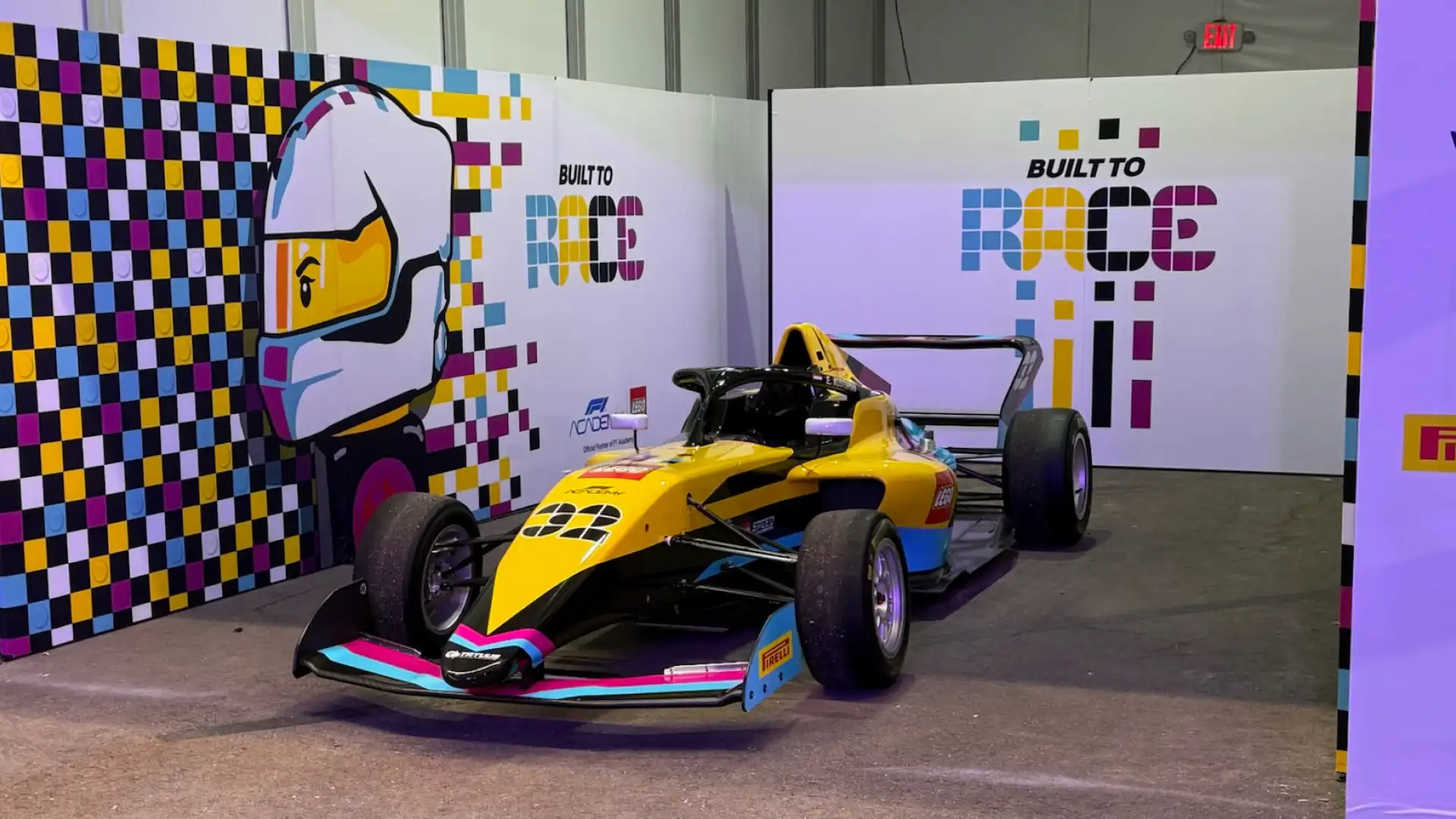
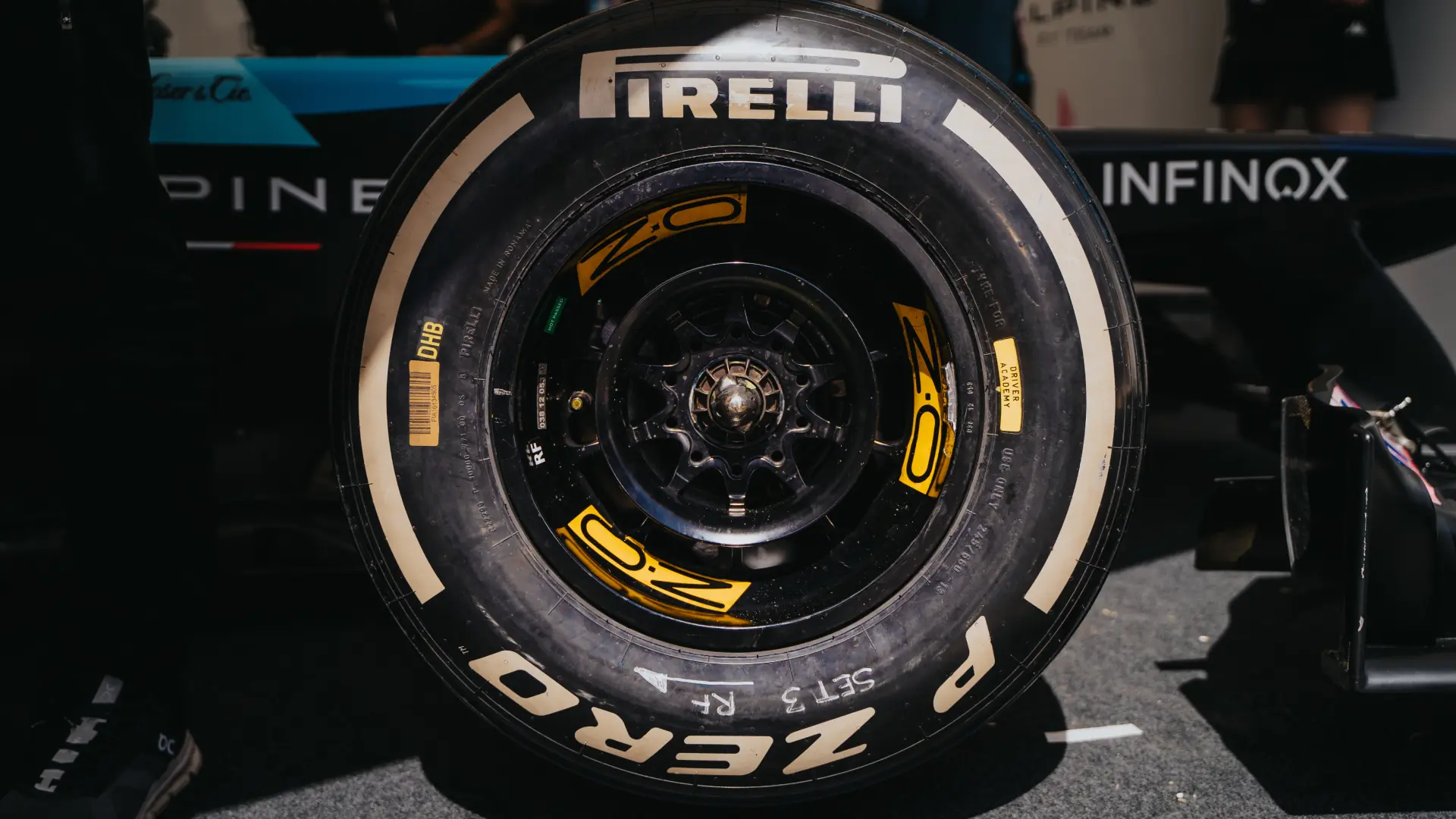
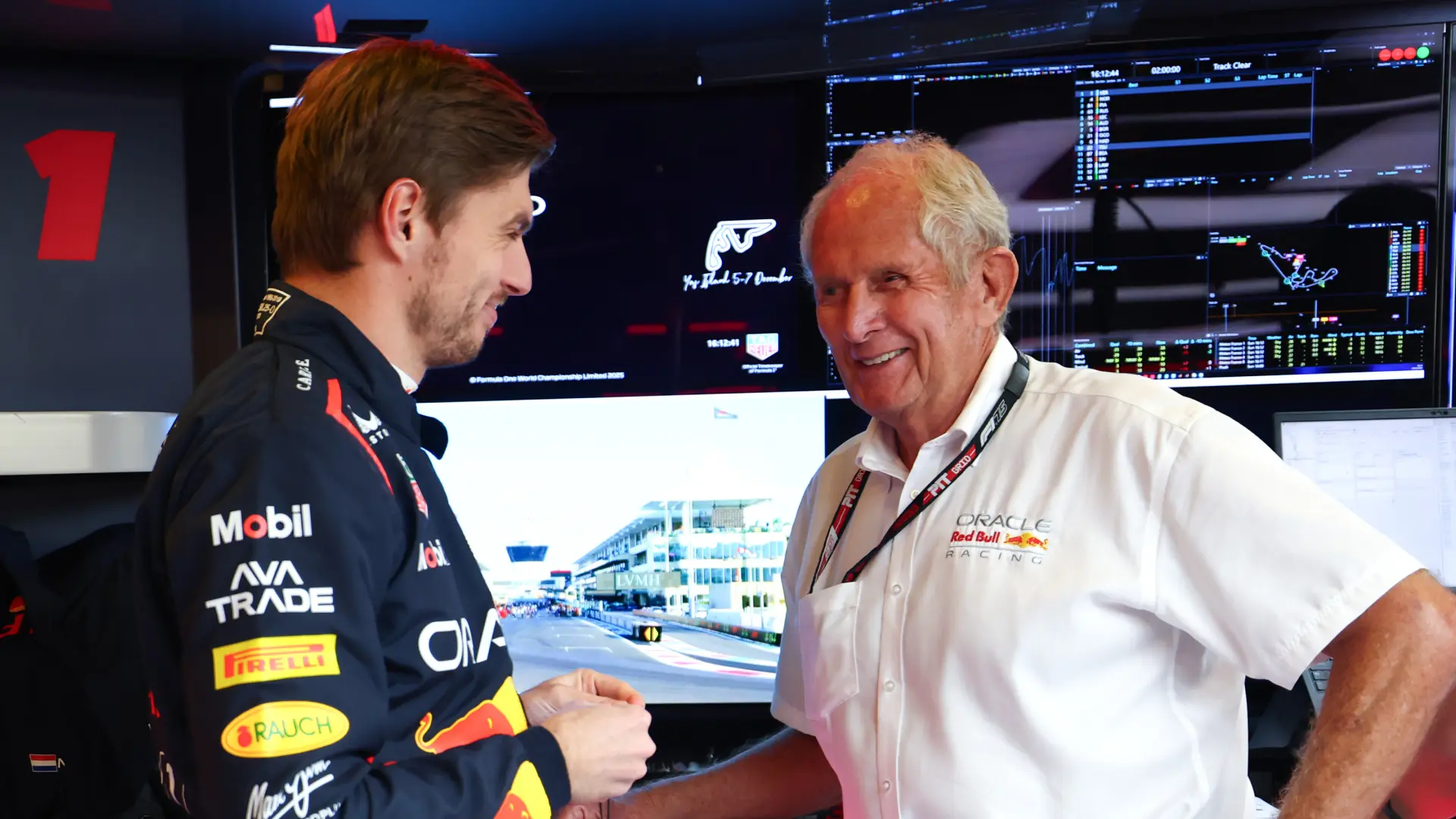

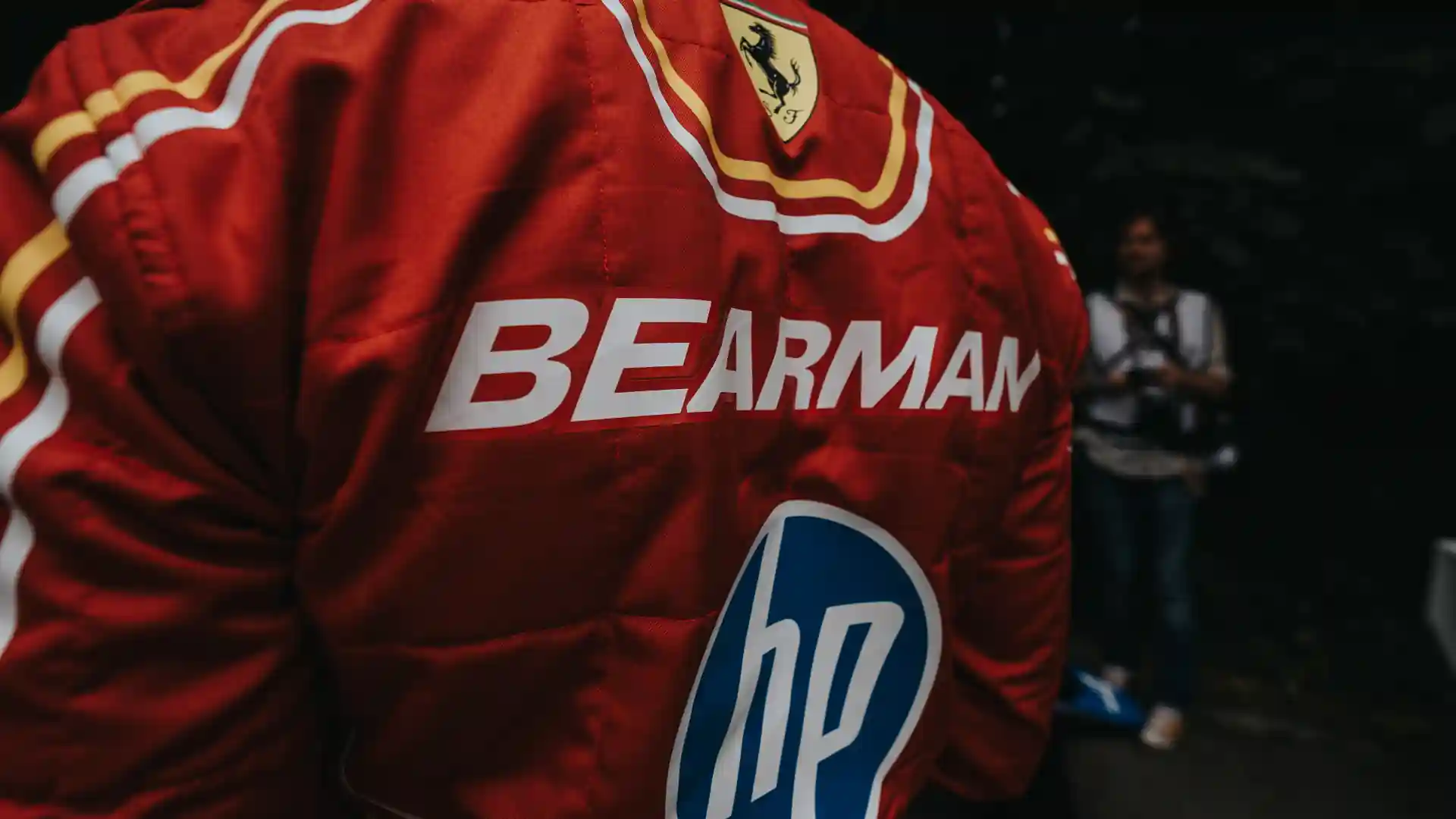
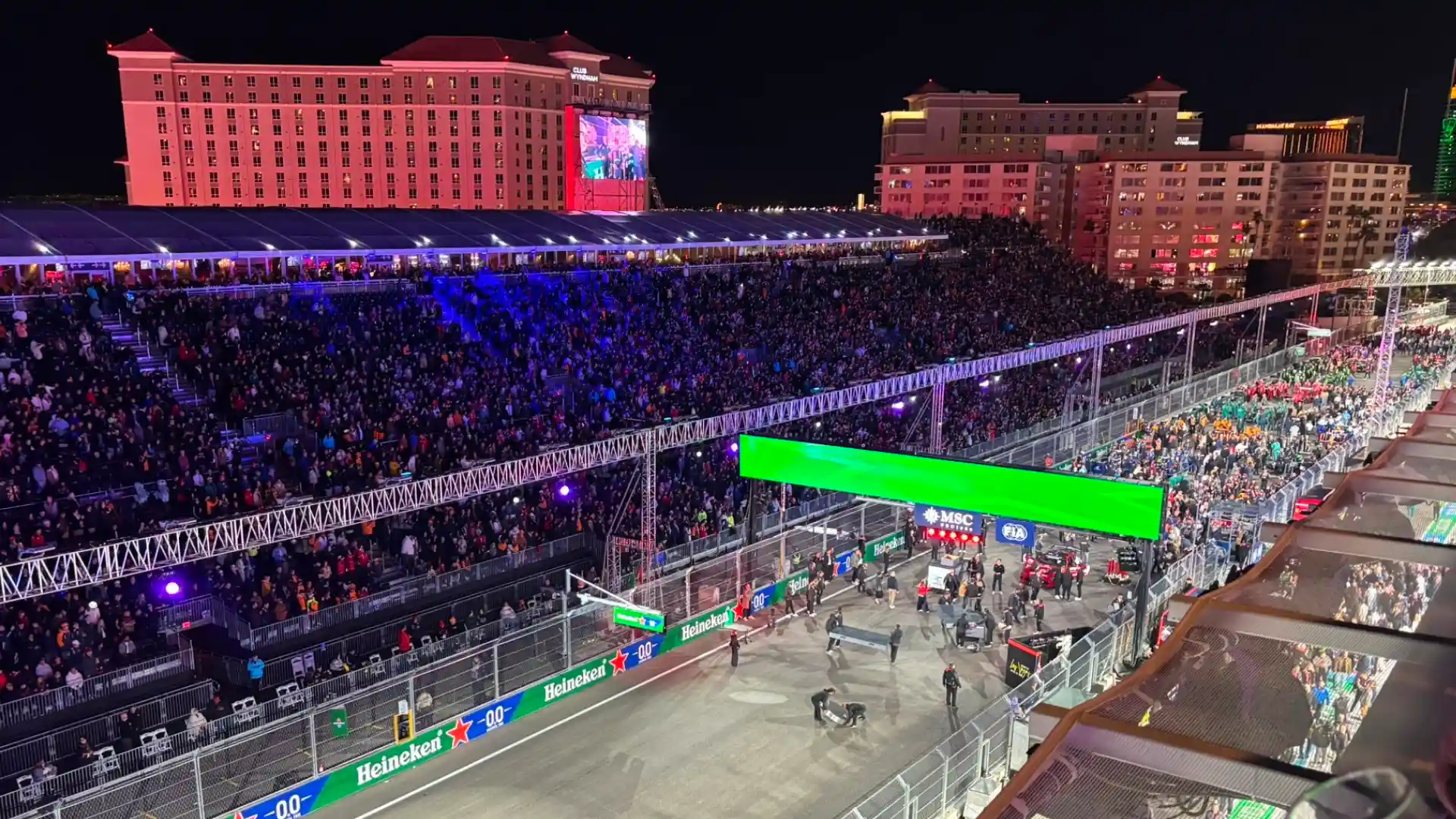
.webp)
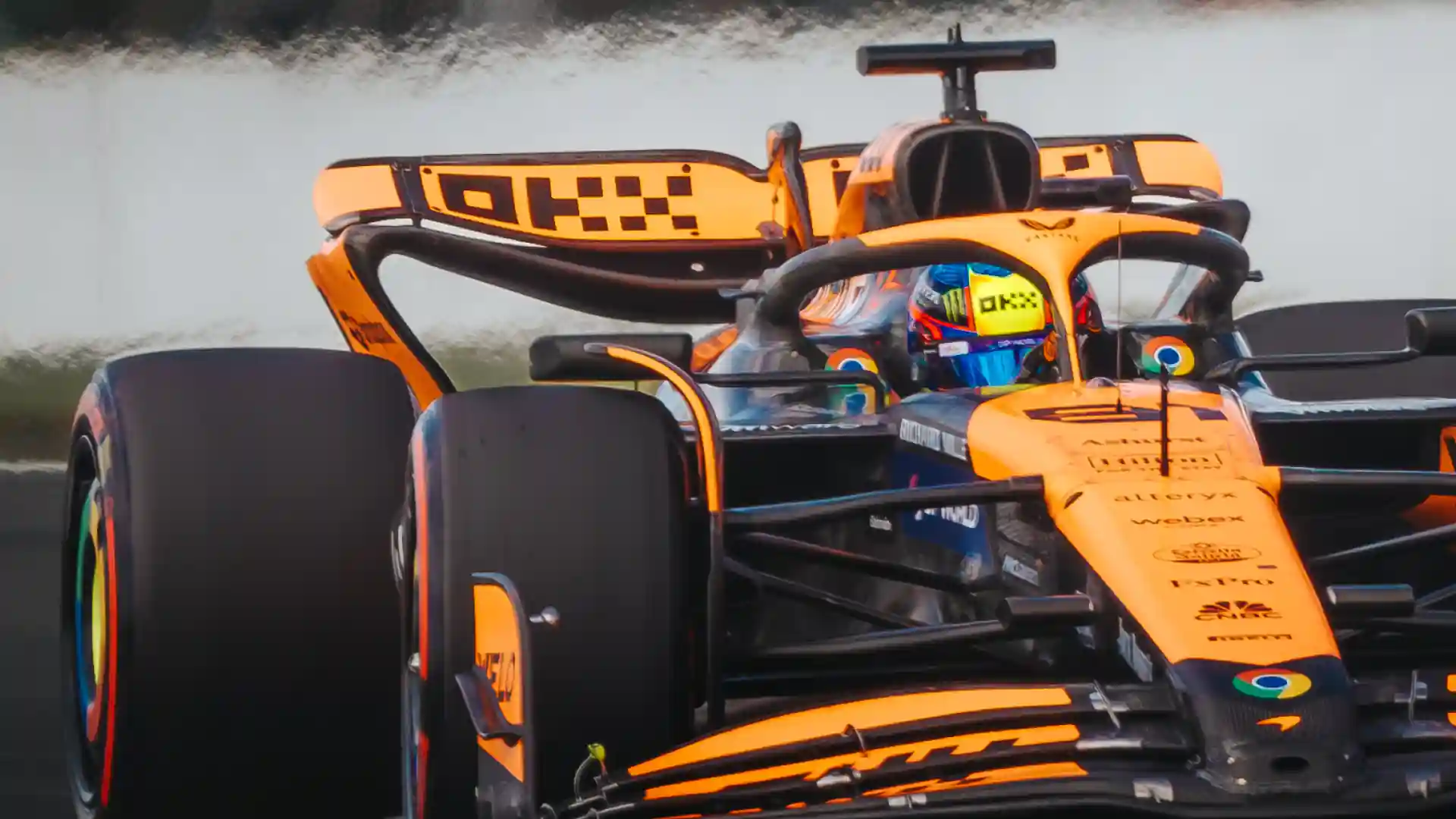

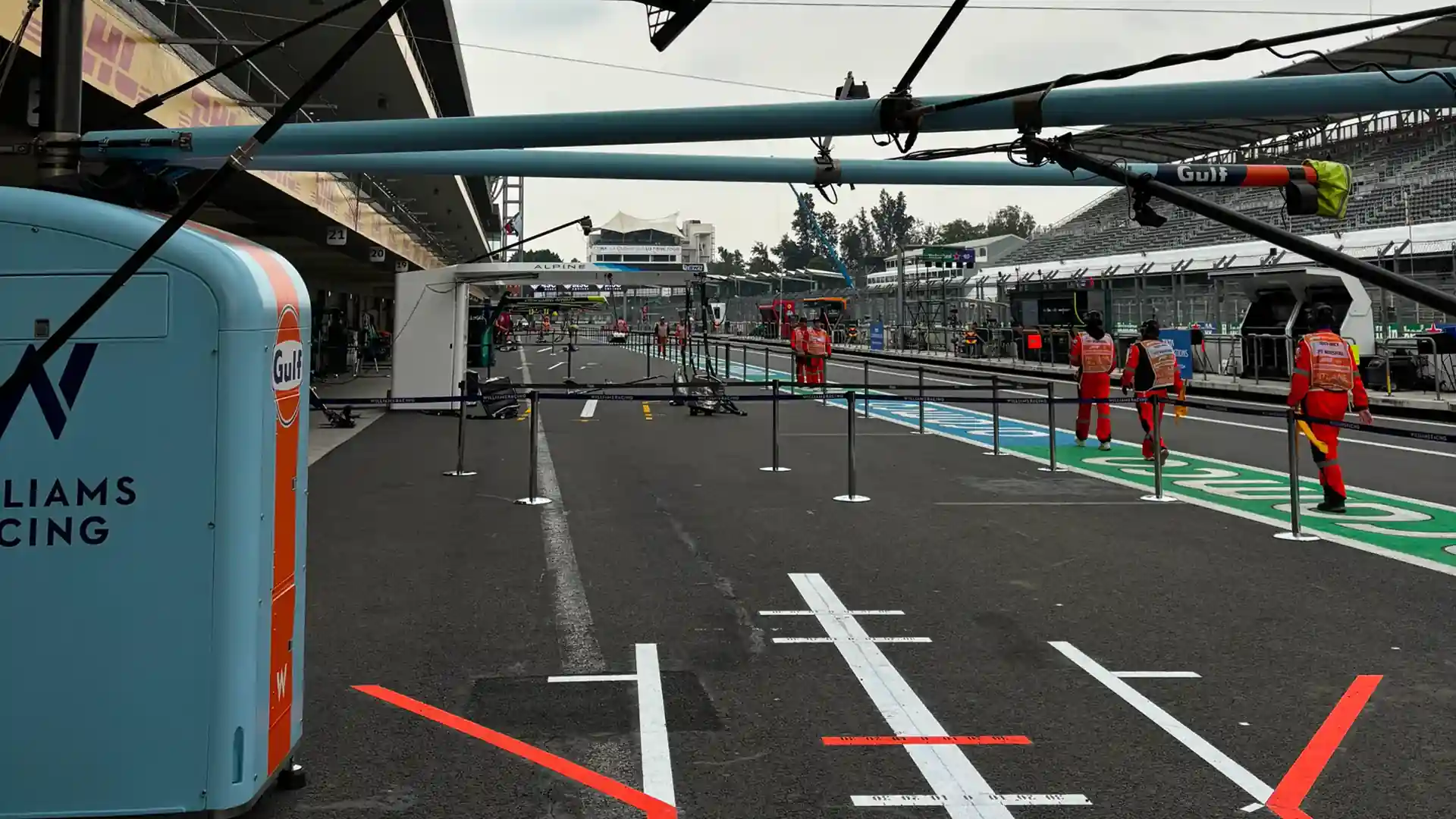
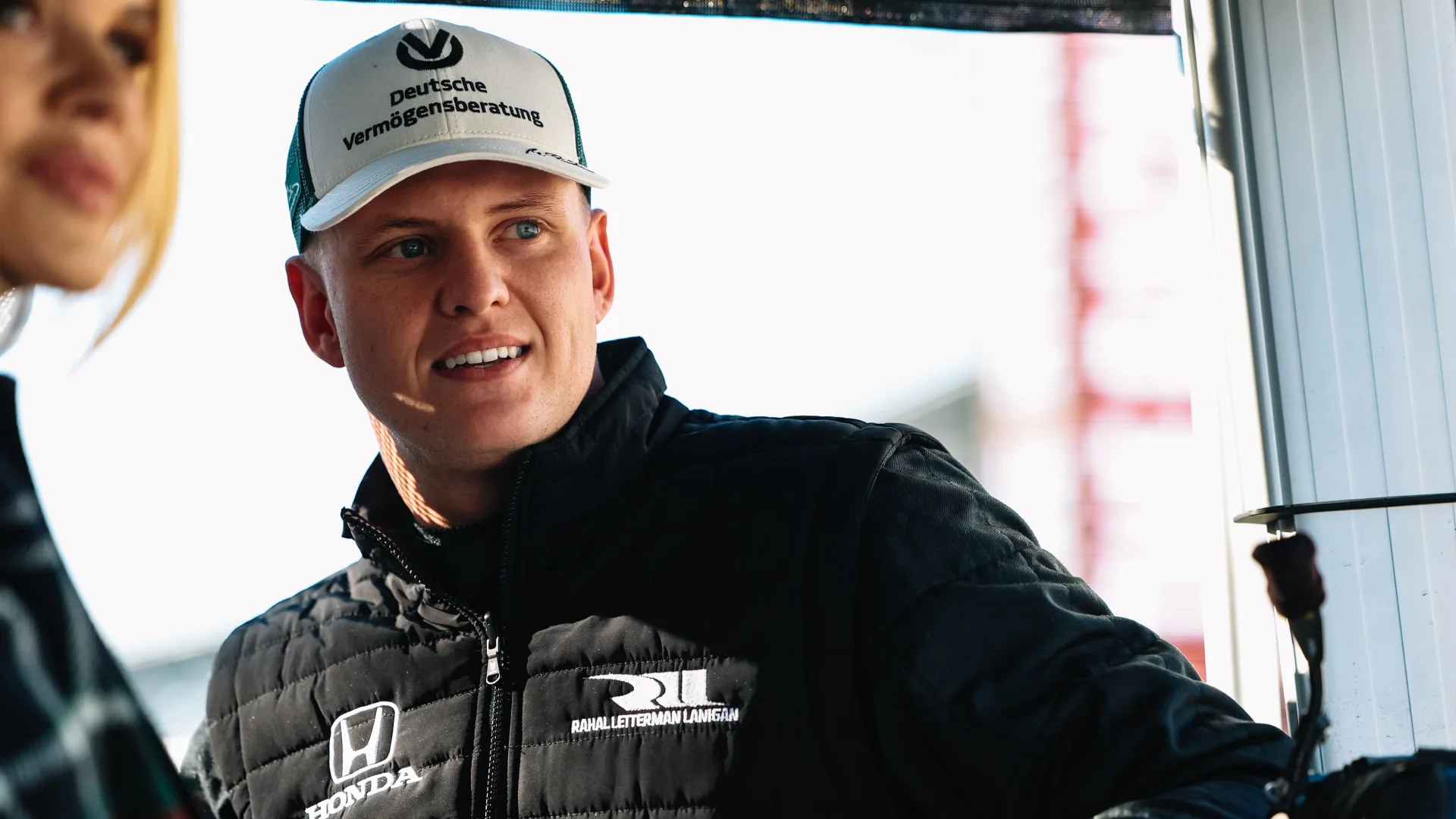
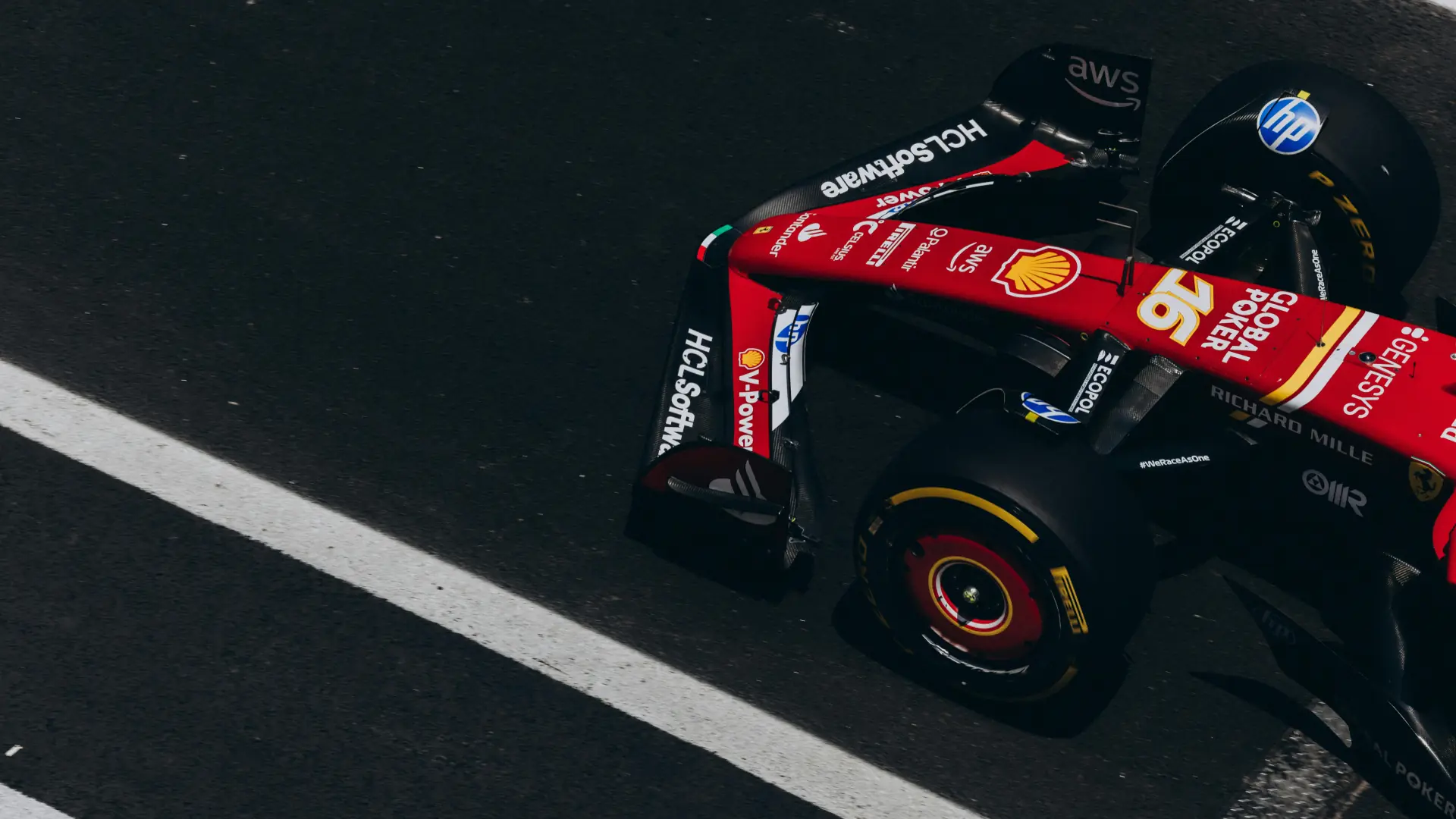


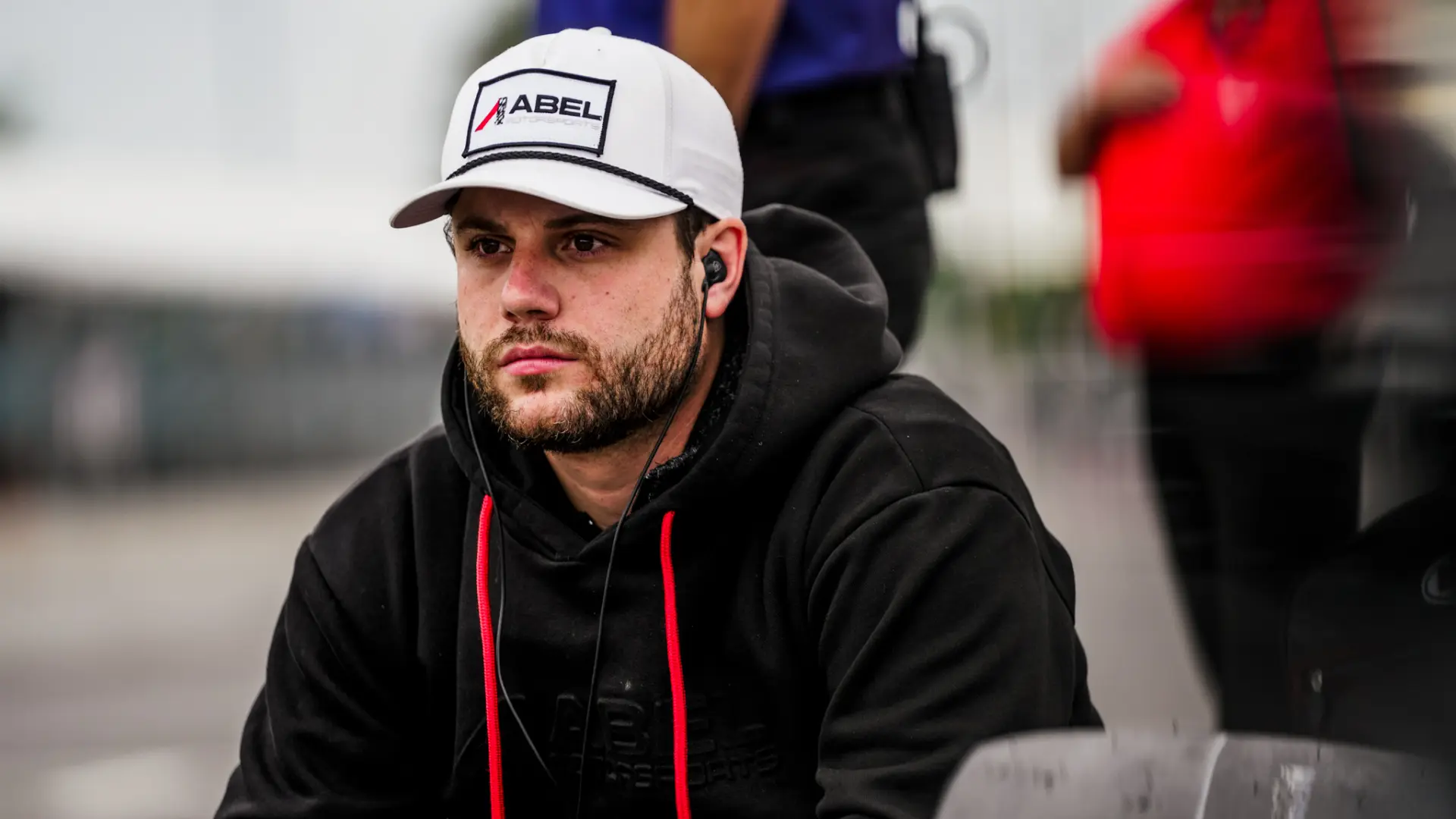

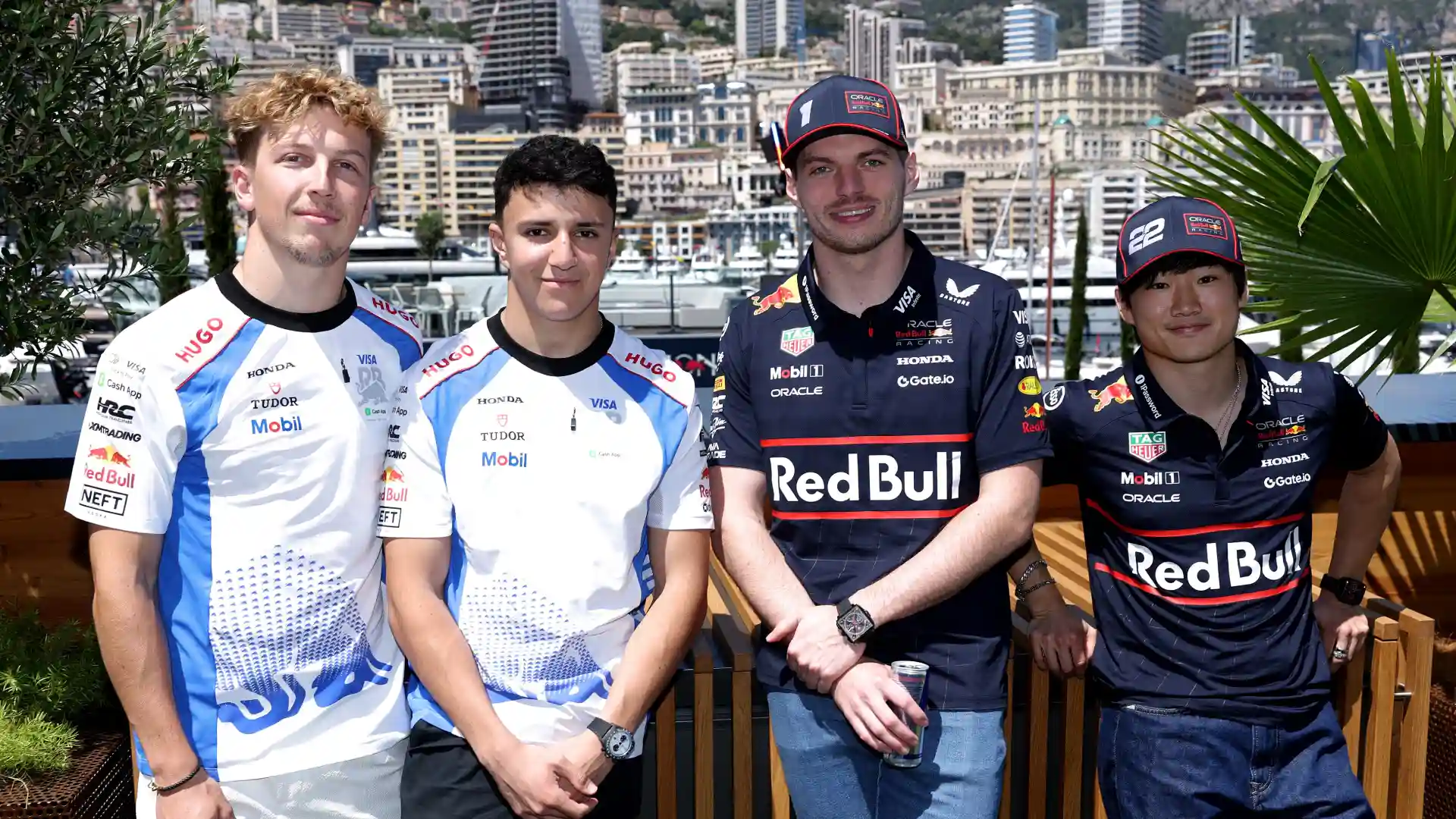
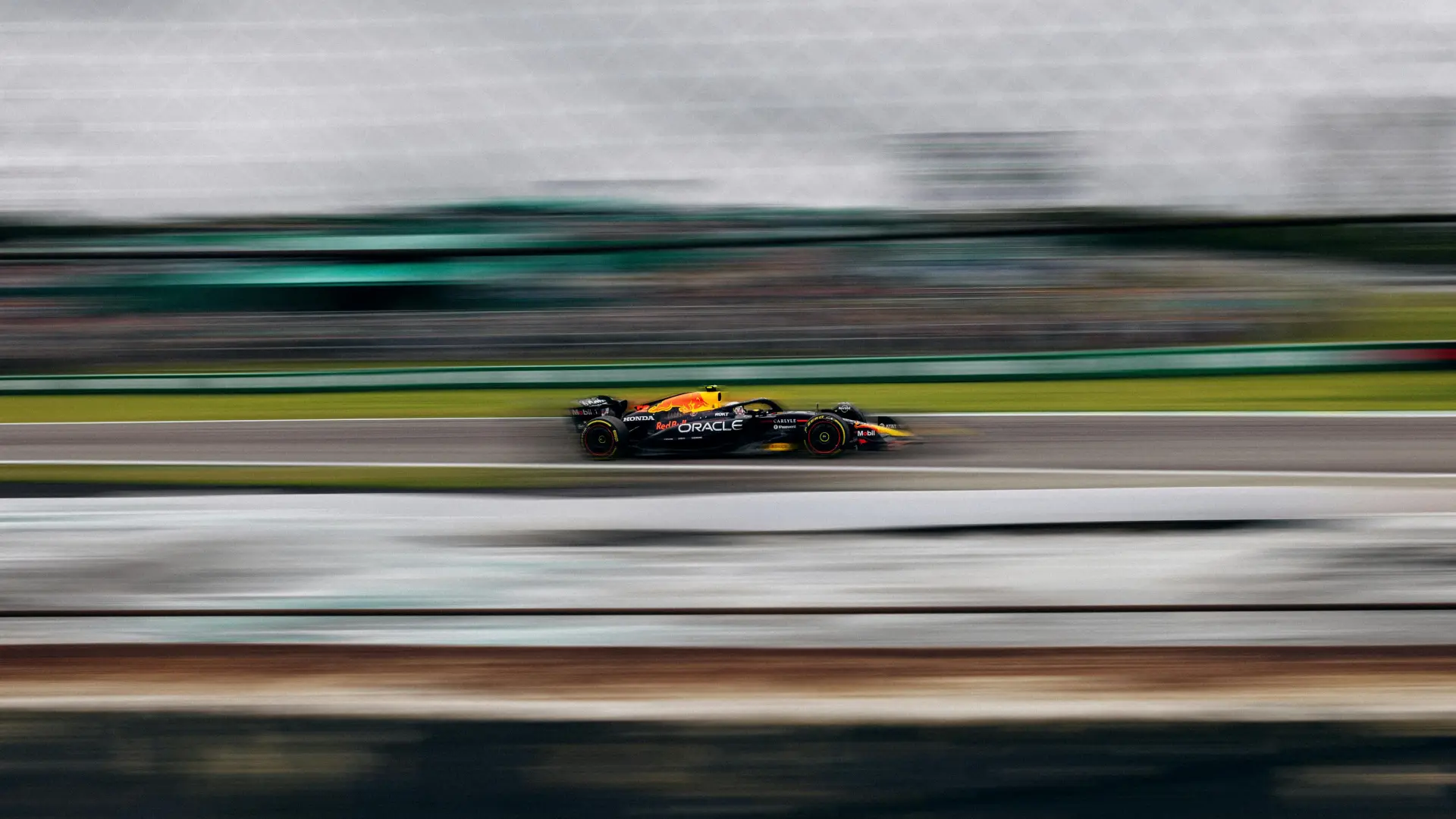
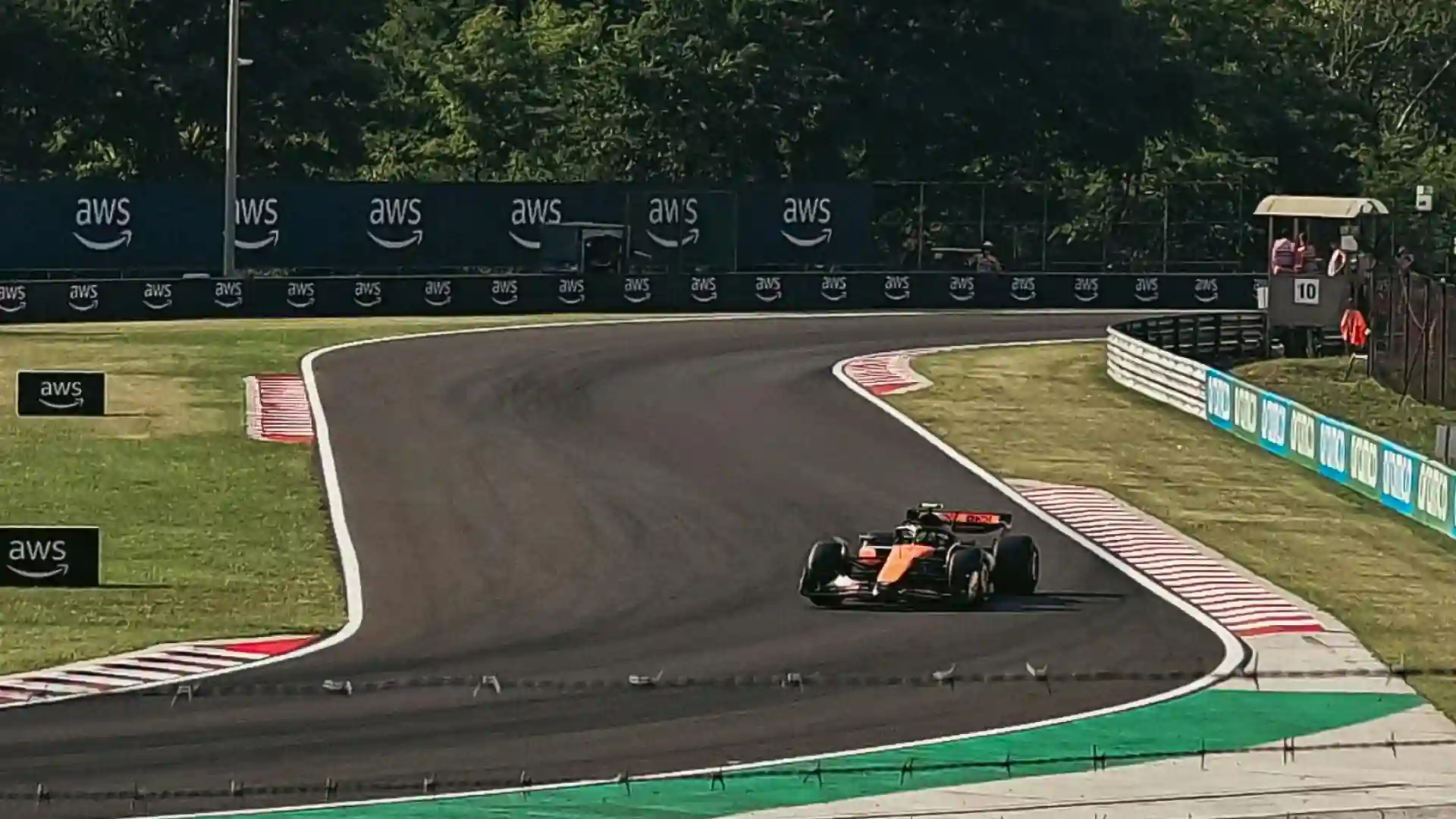

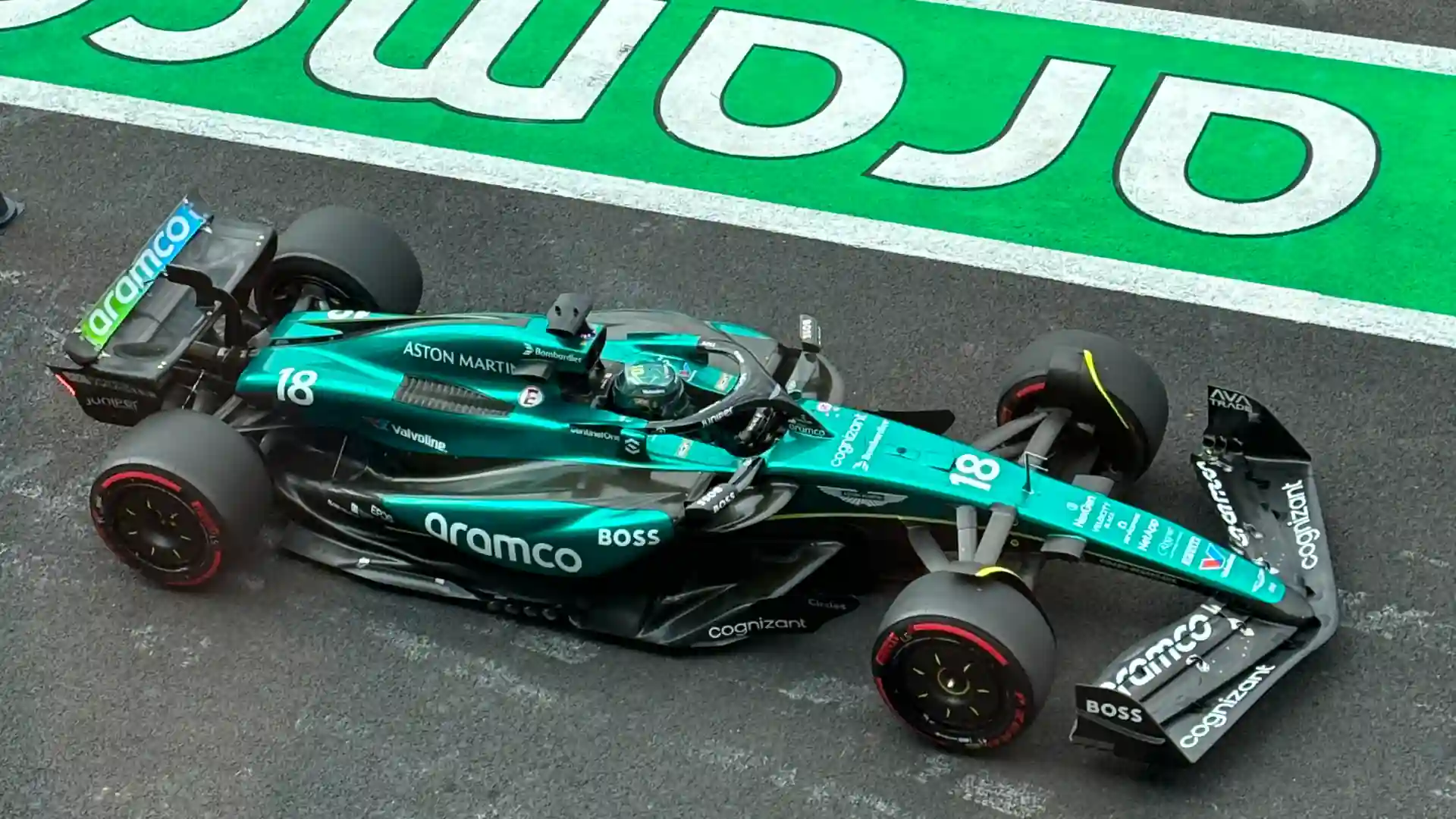
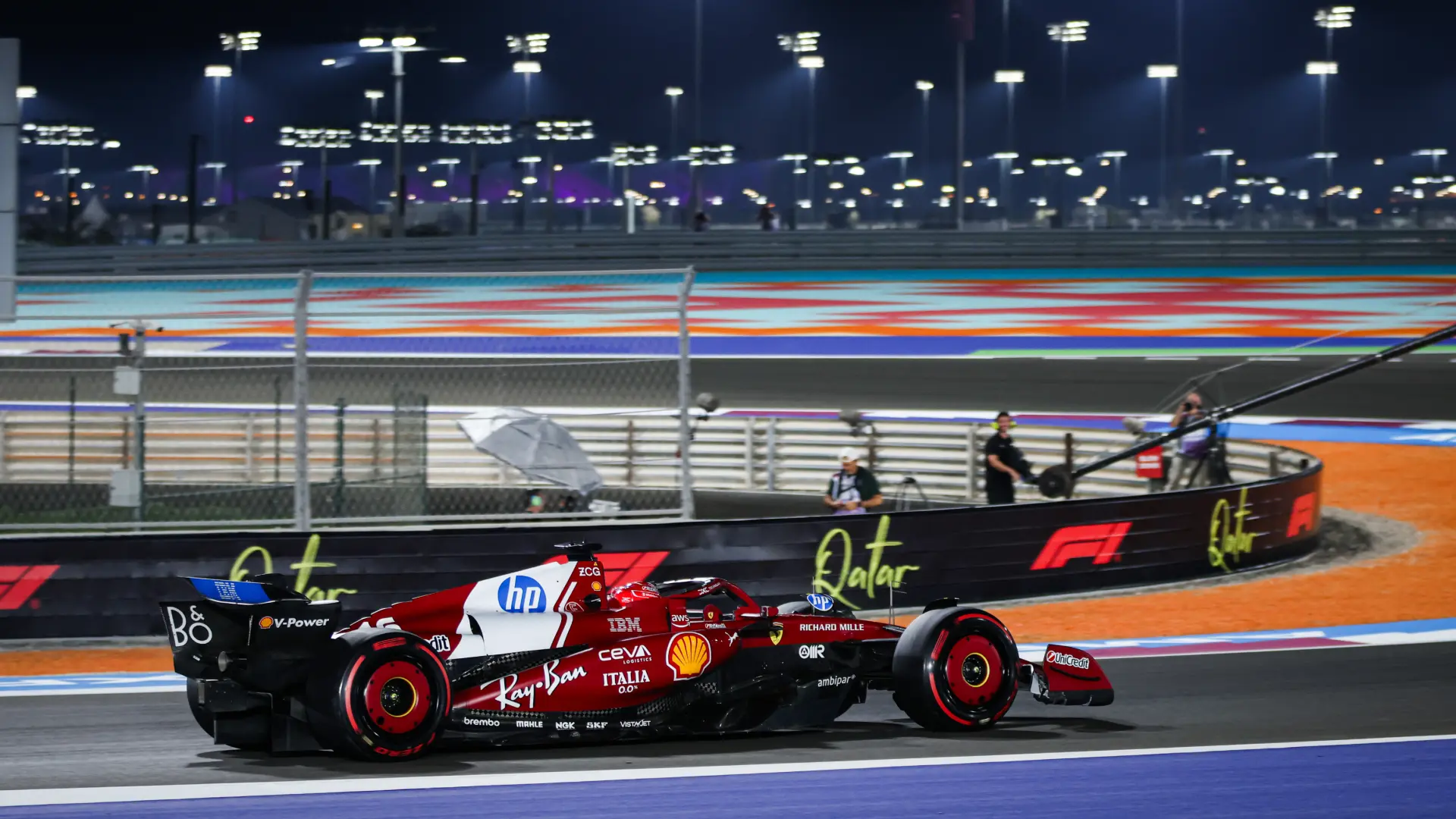

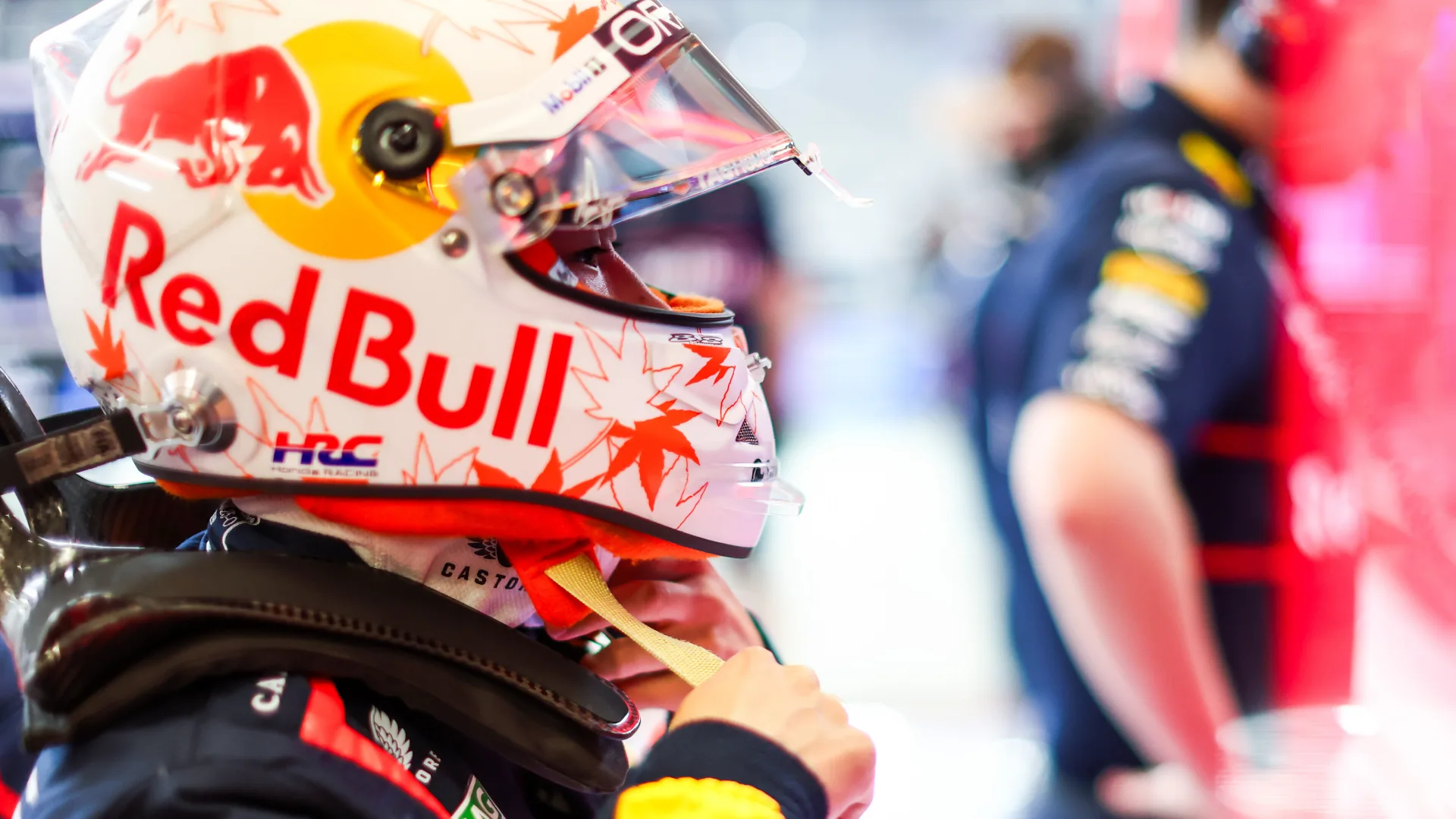

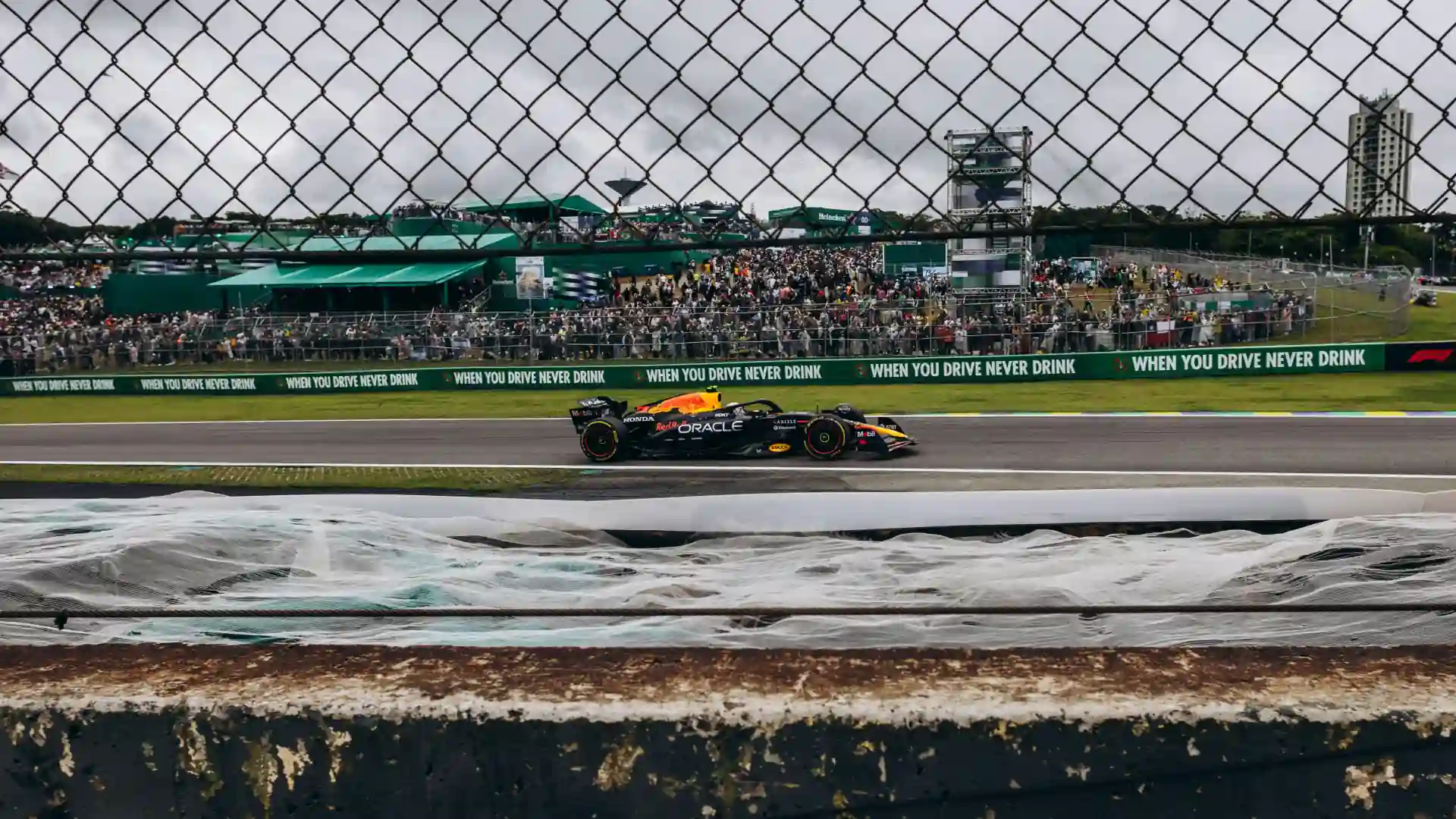

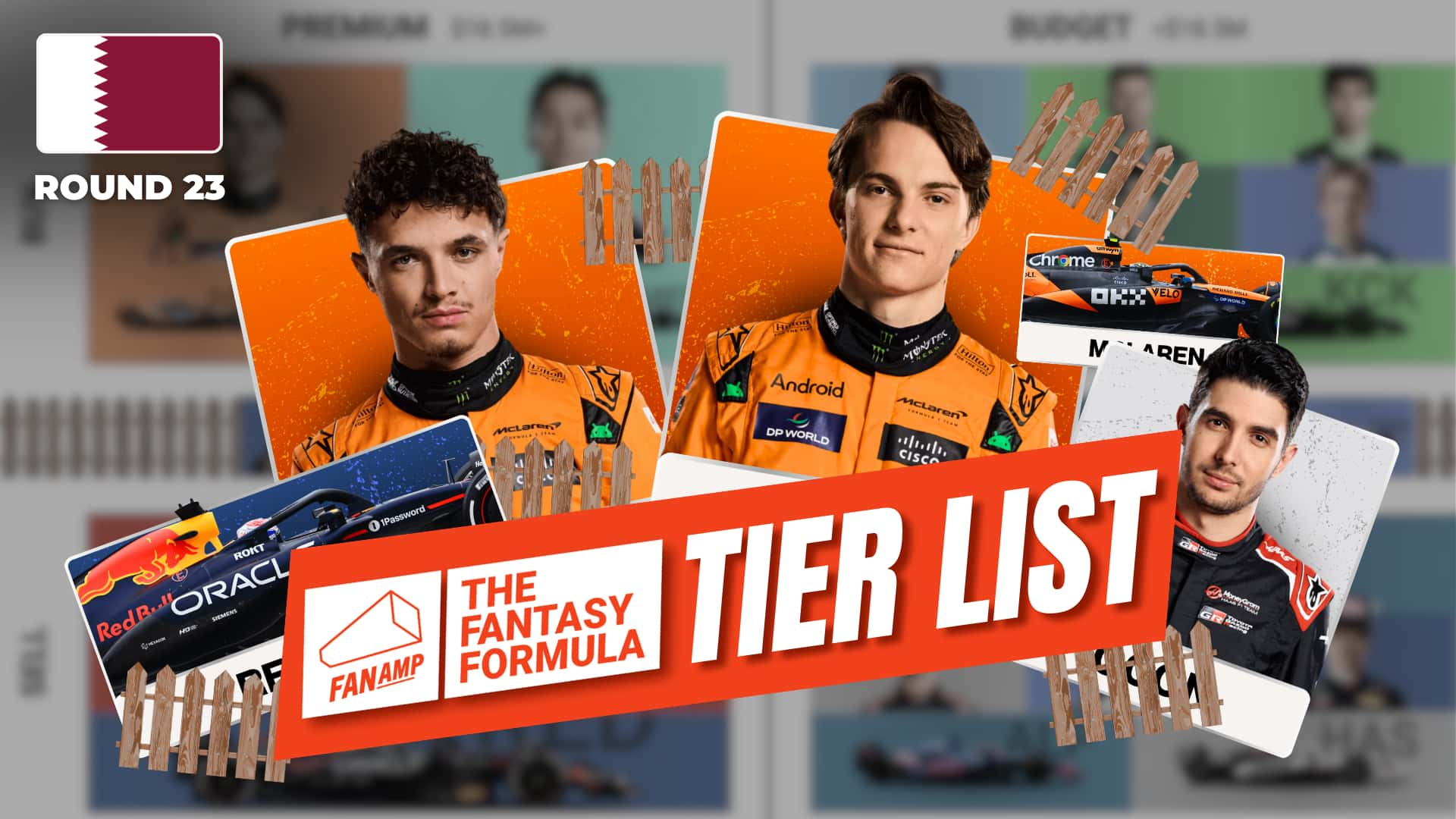
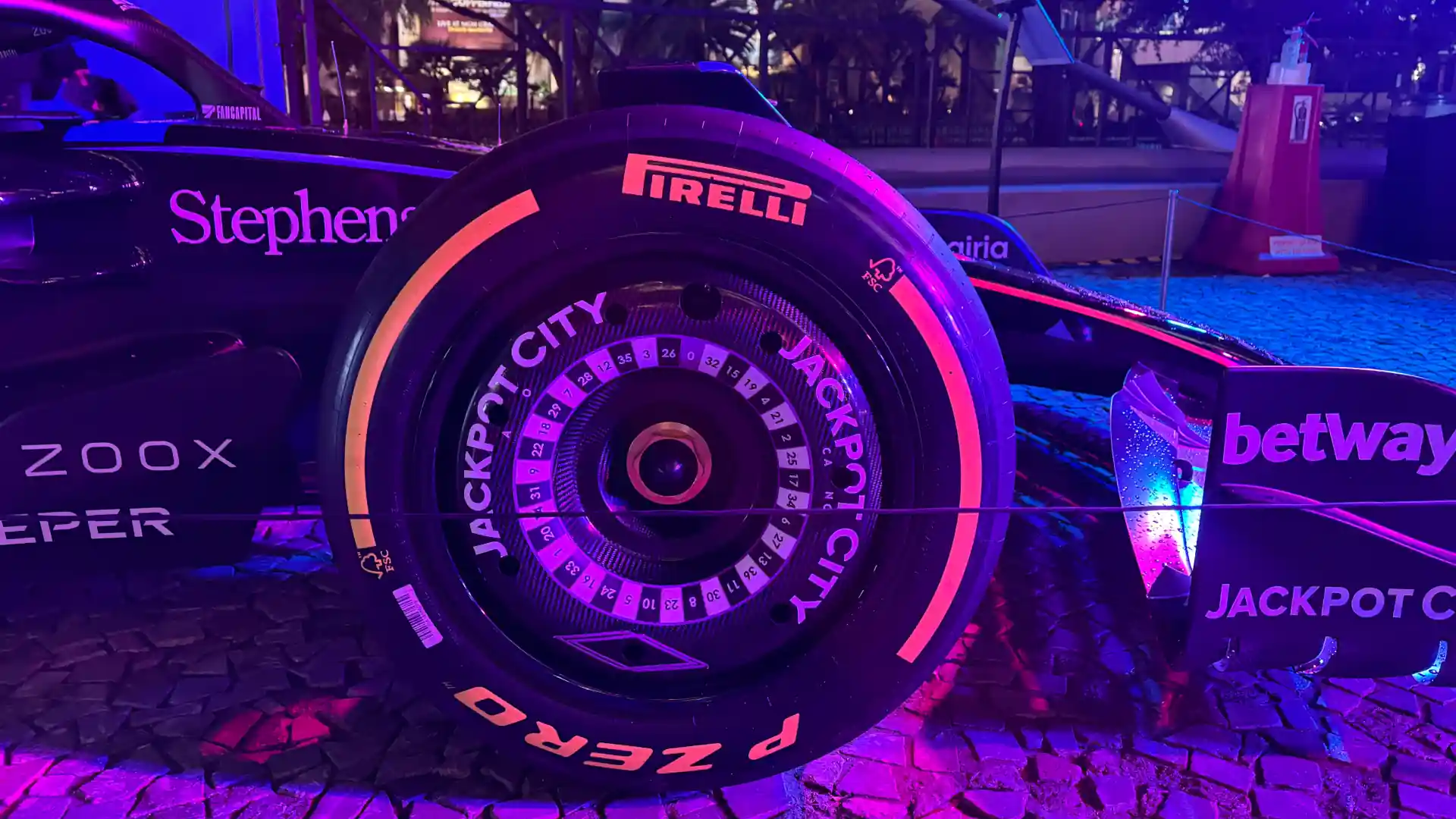
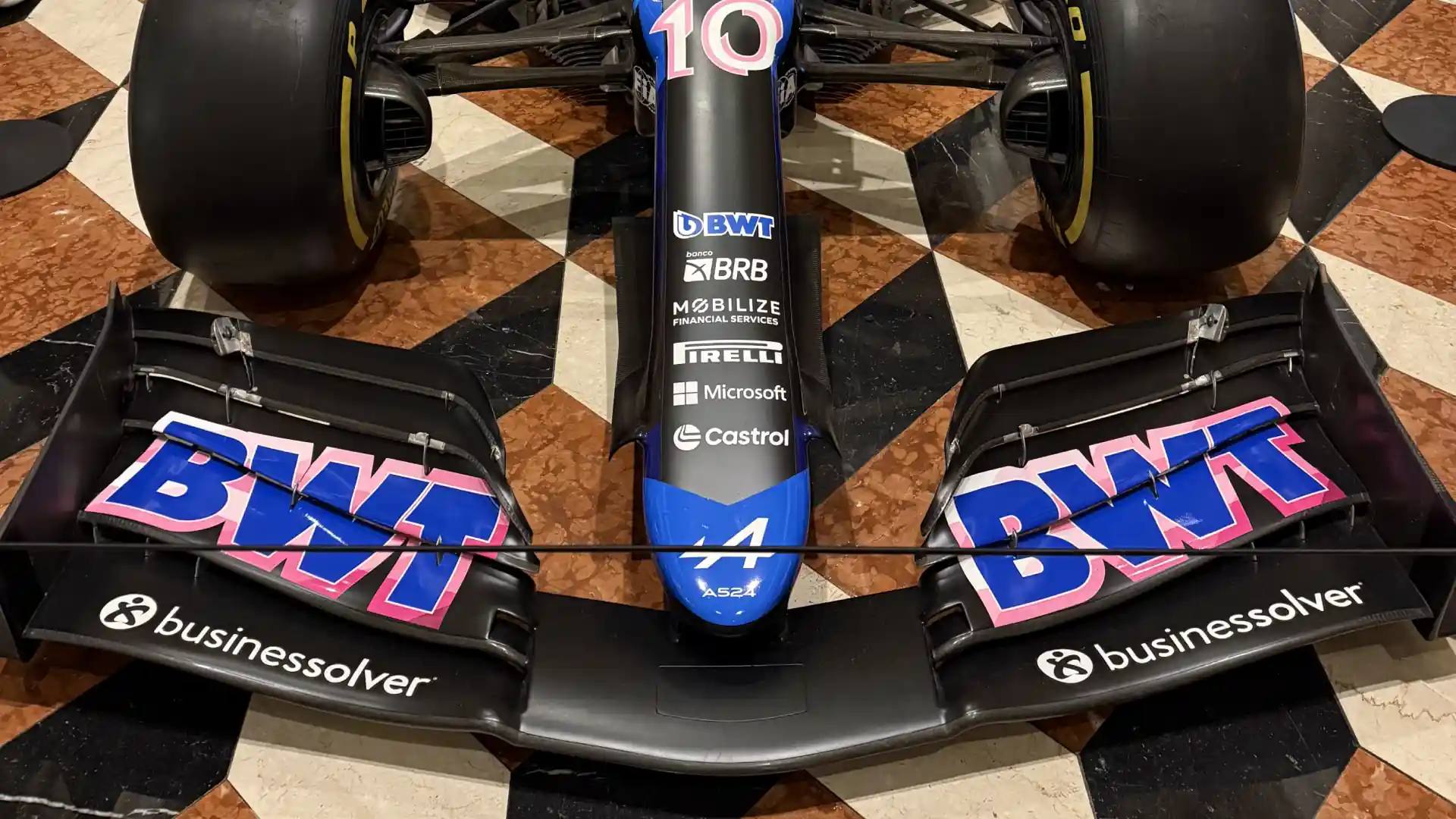

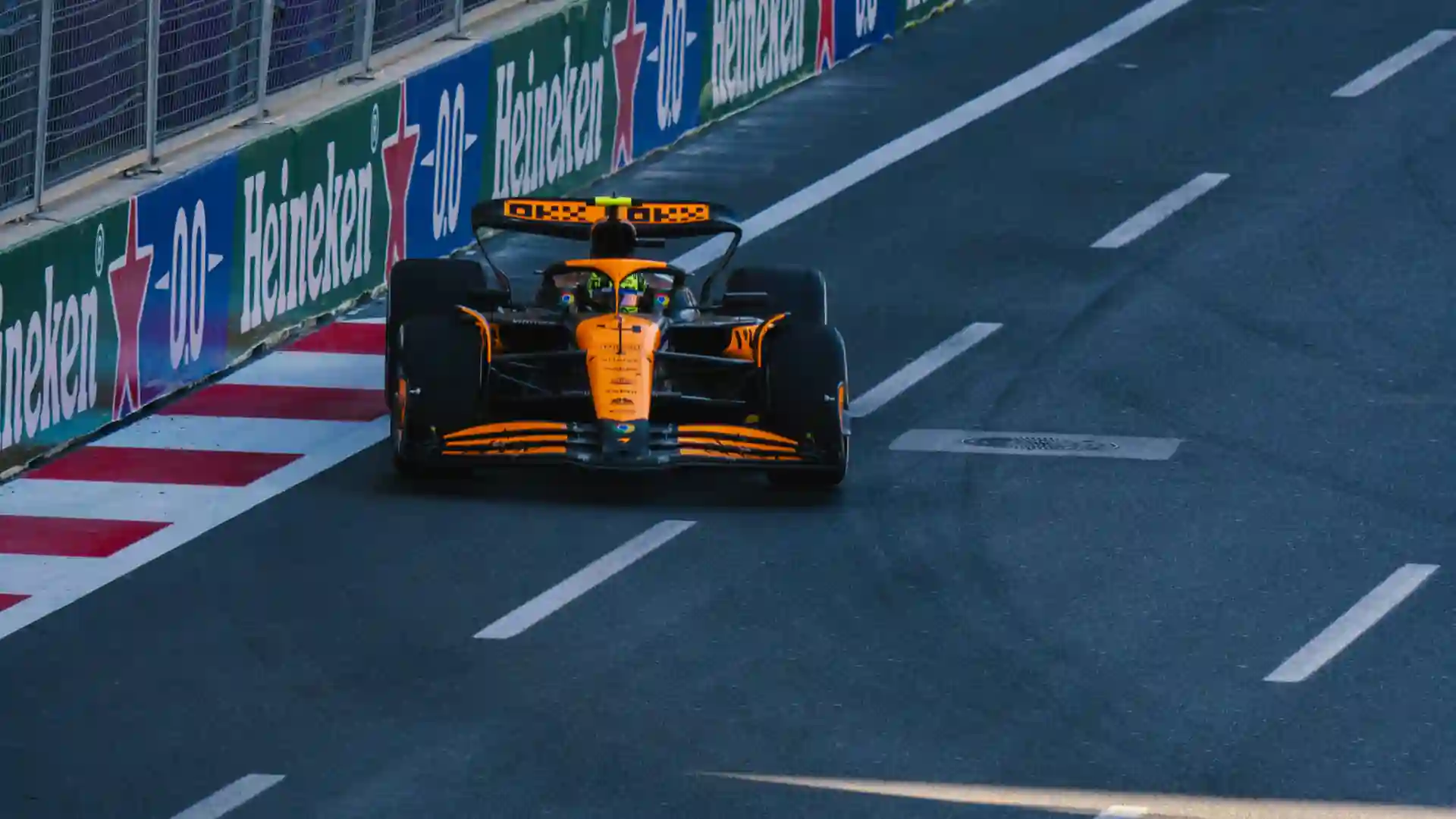
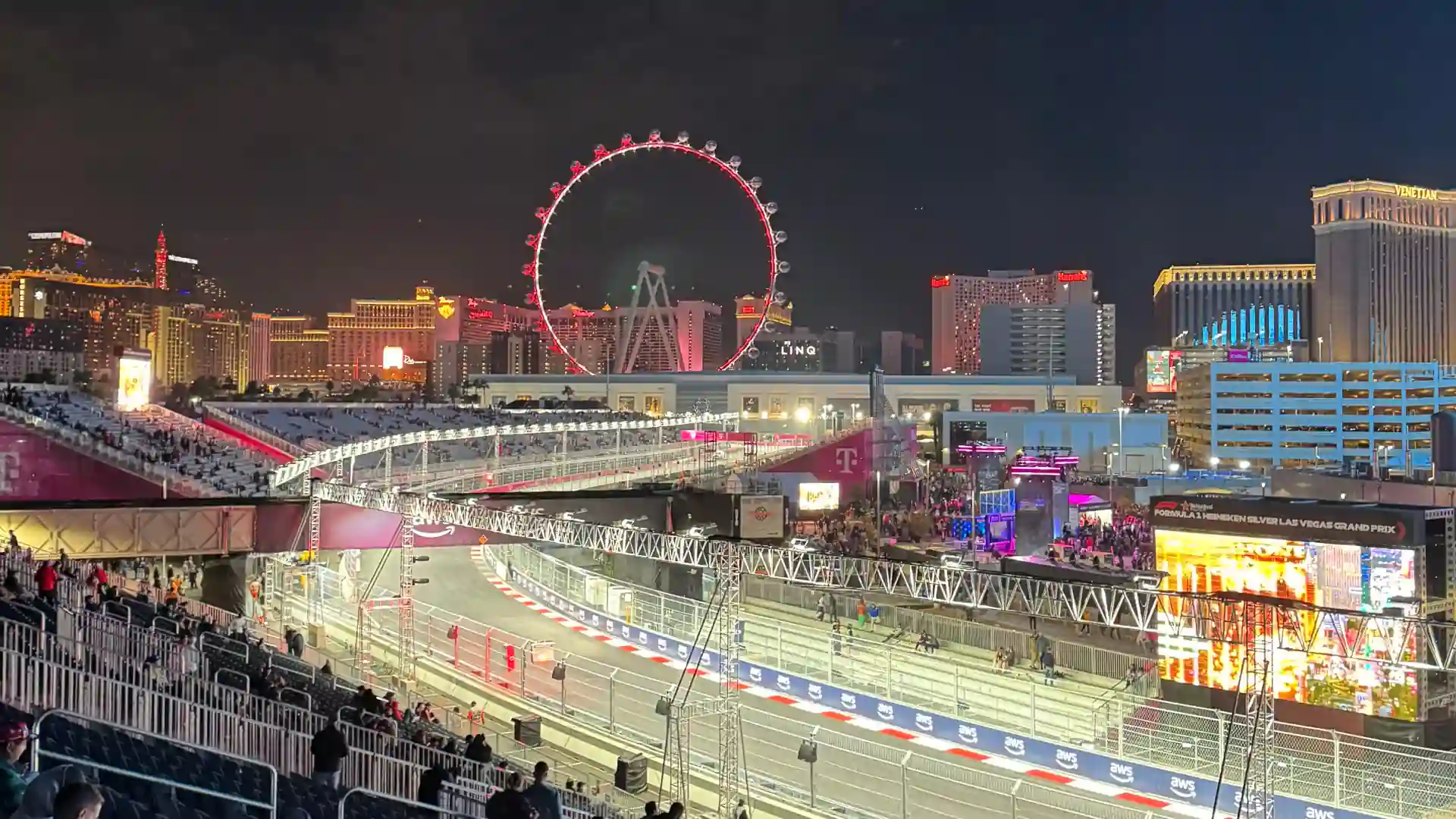
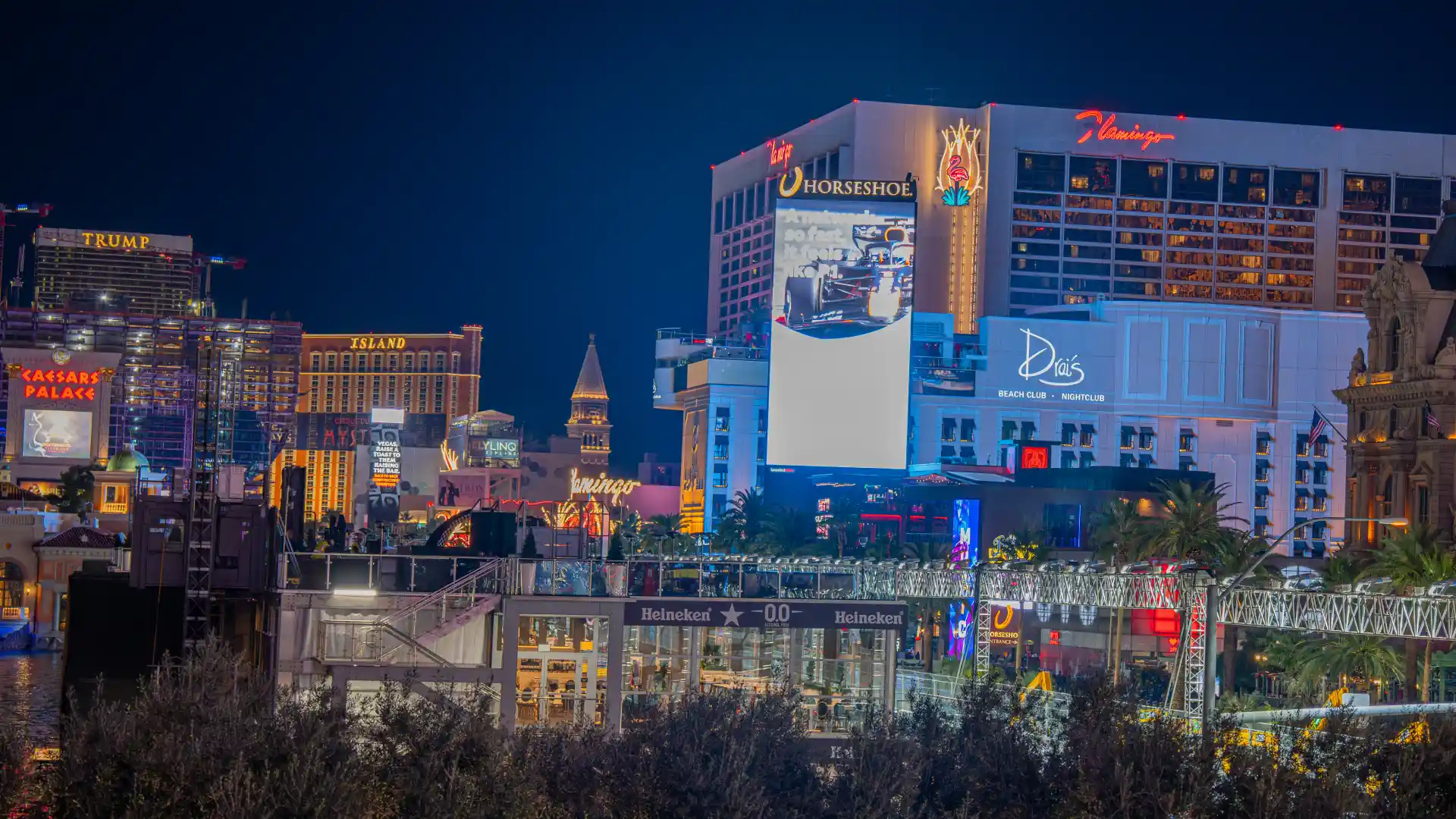
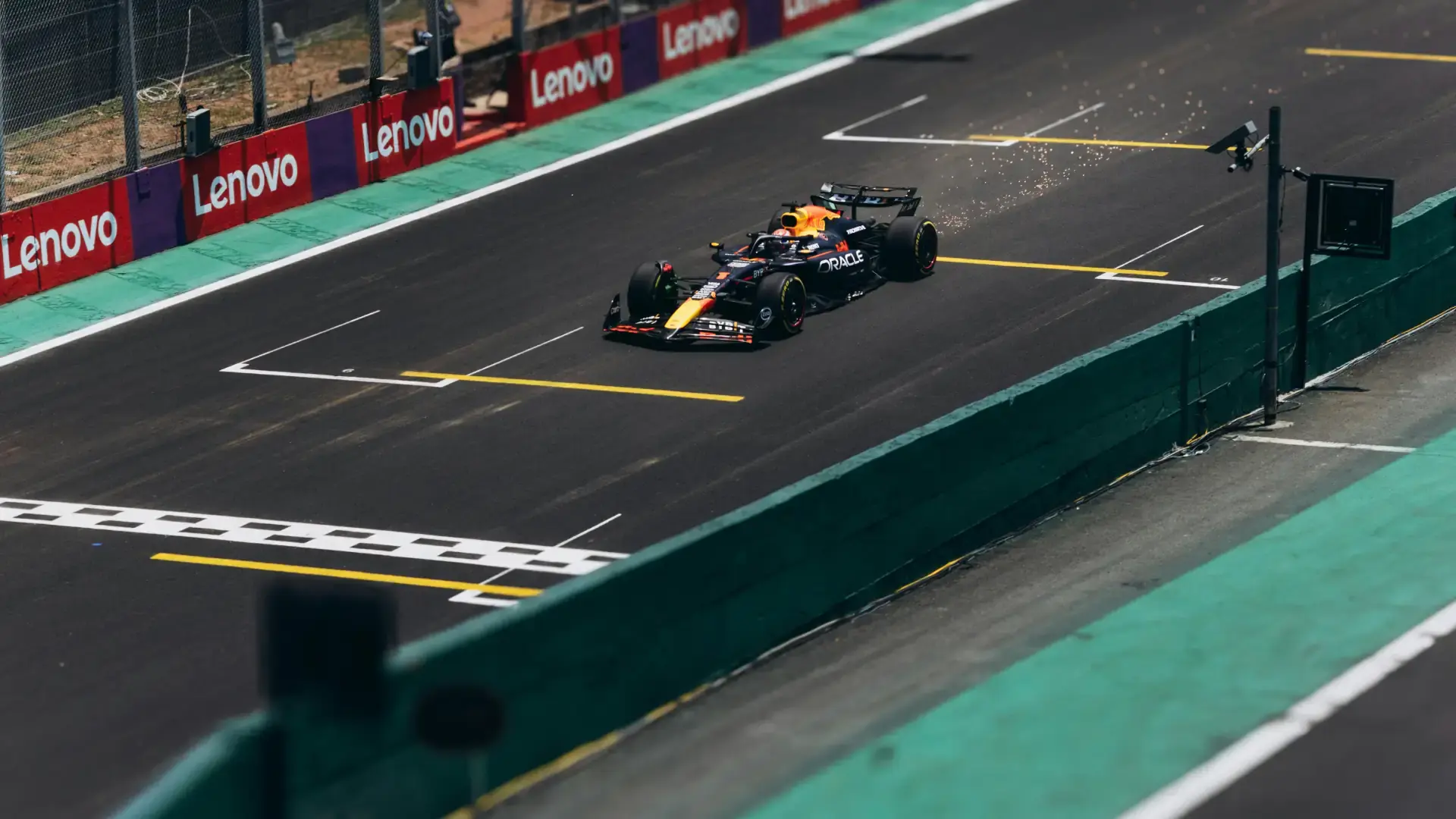

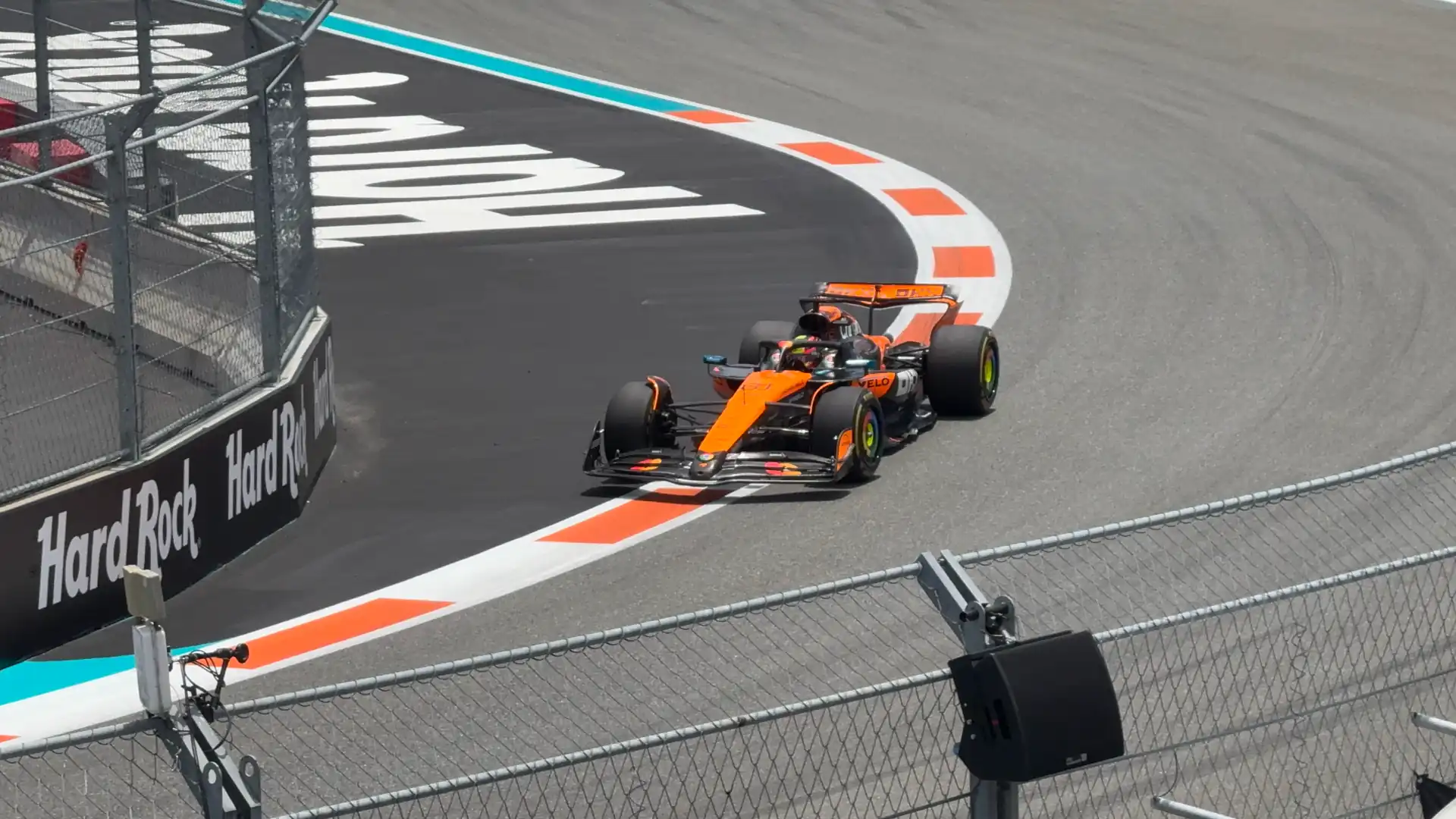
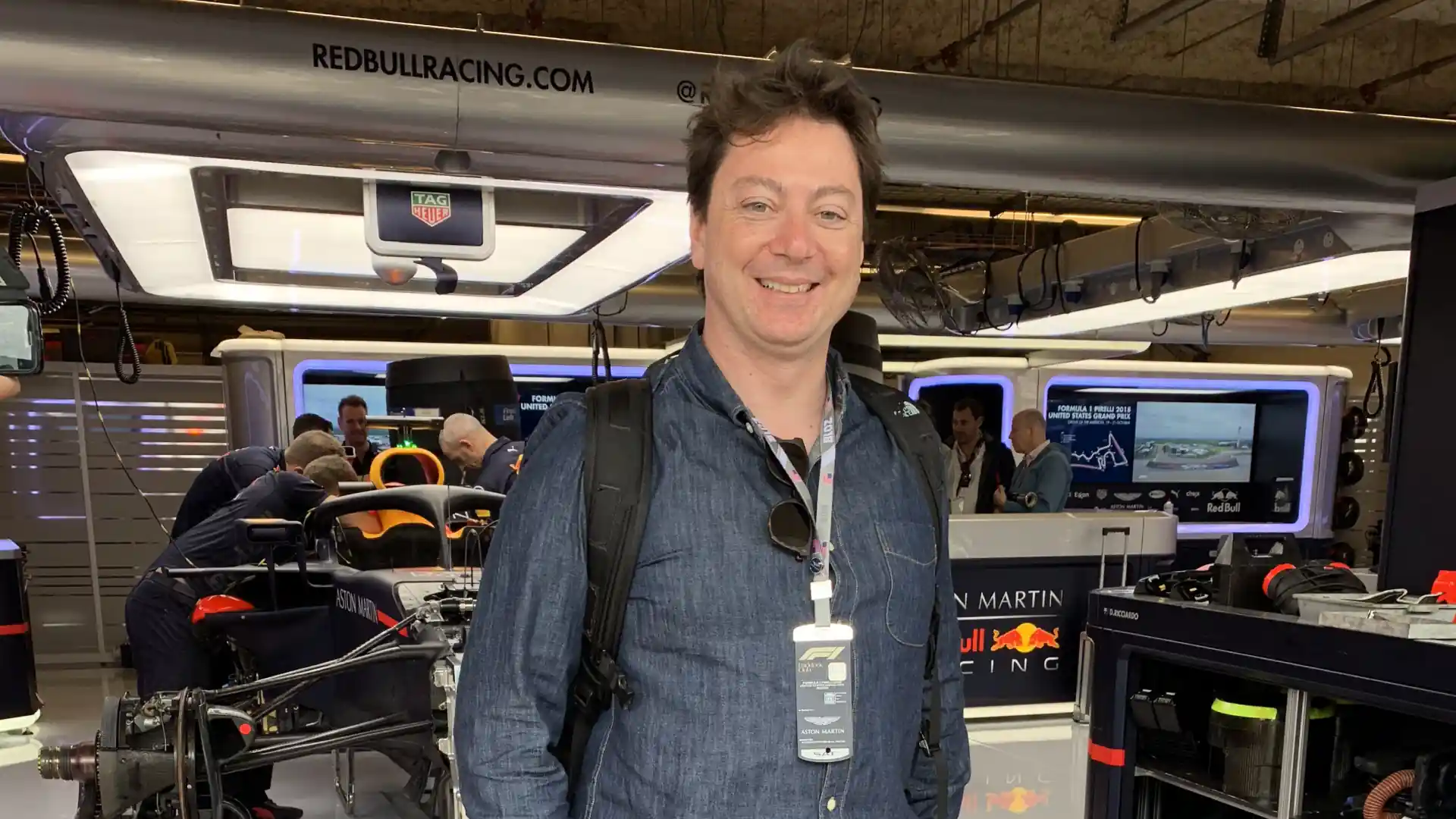

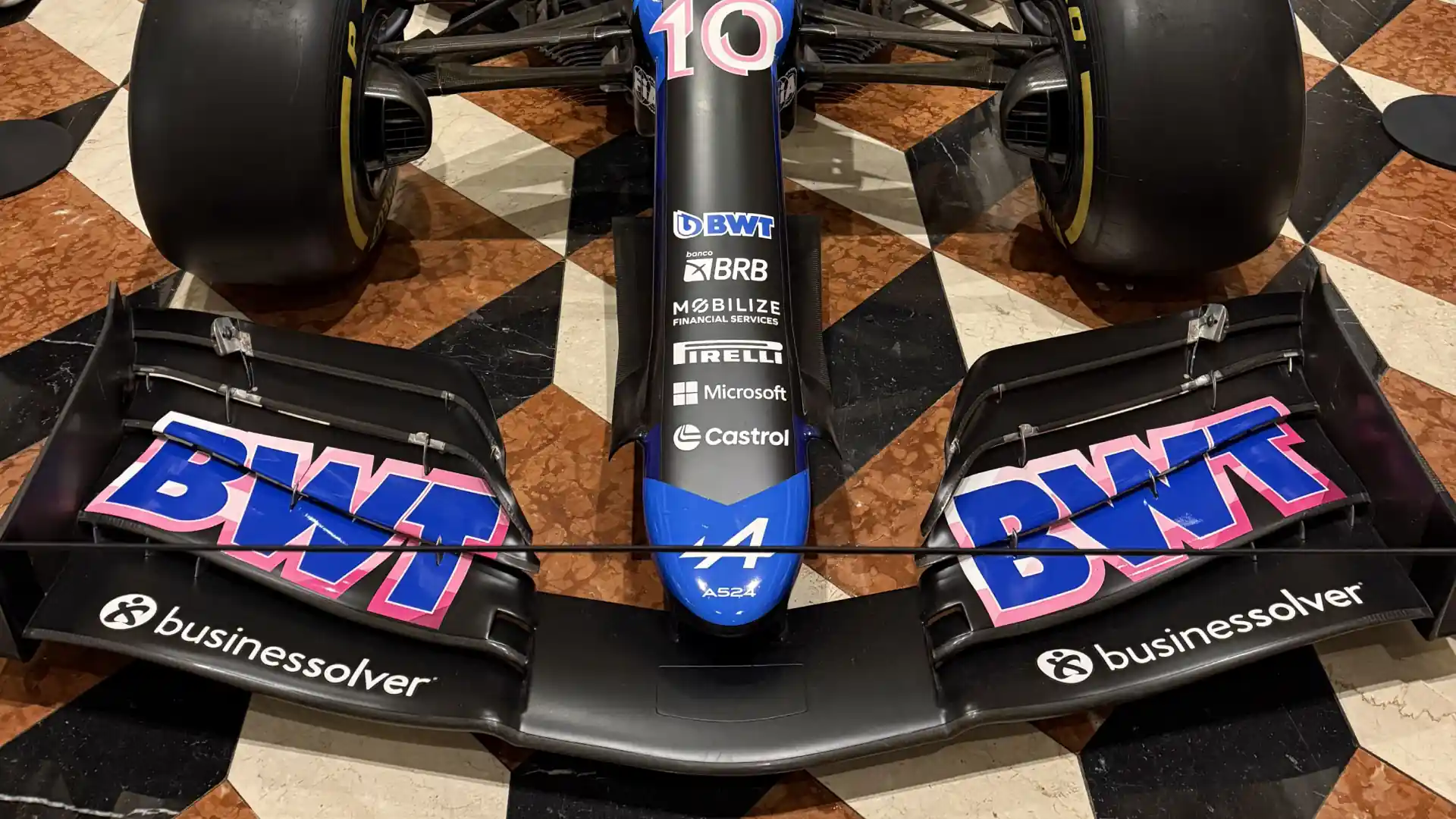
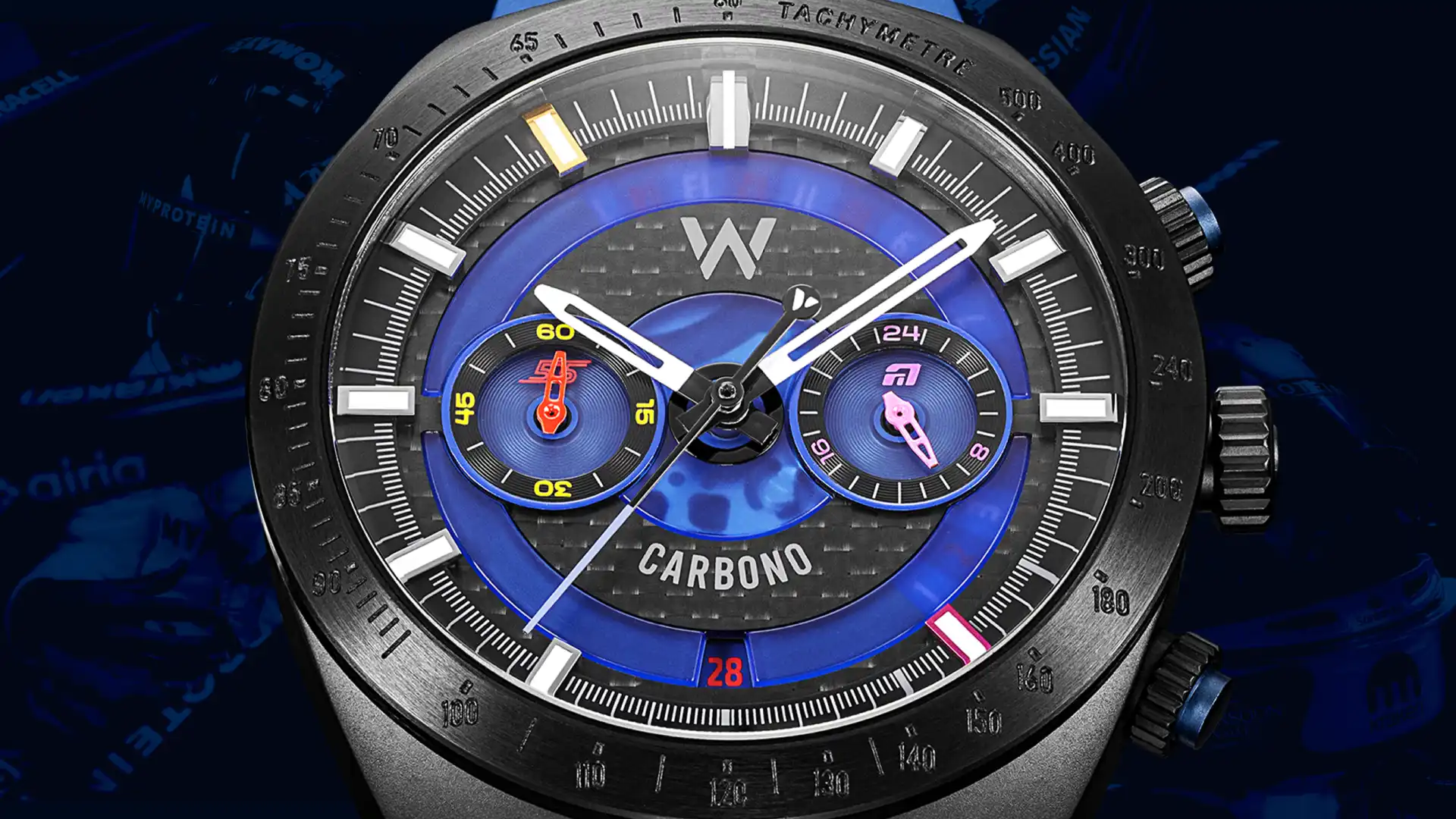
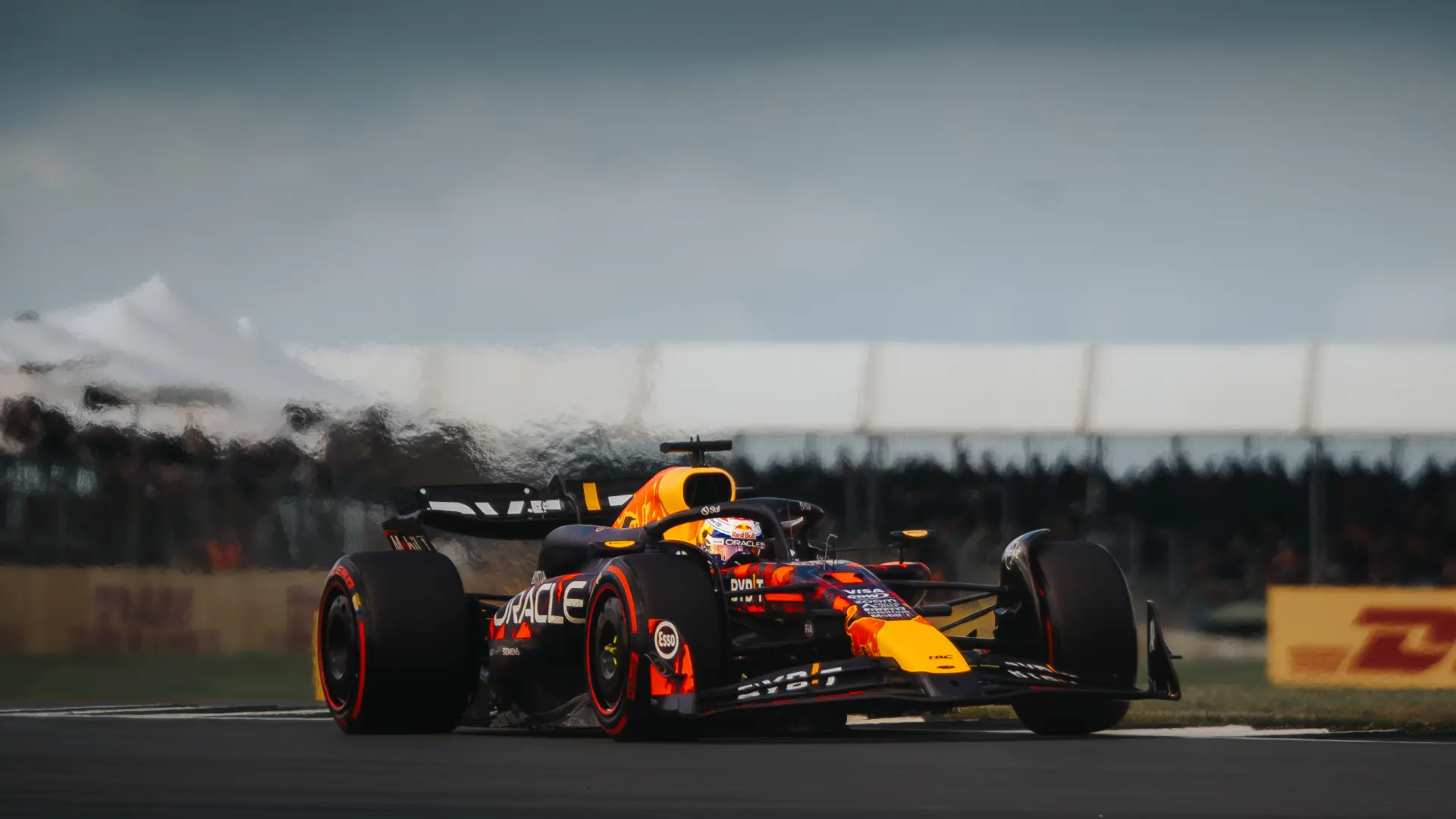
.webp)

